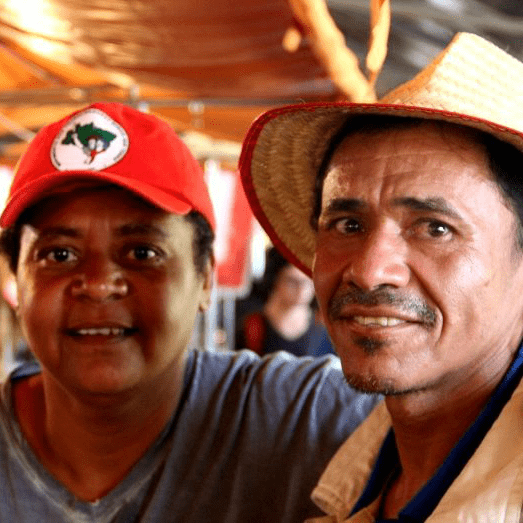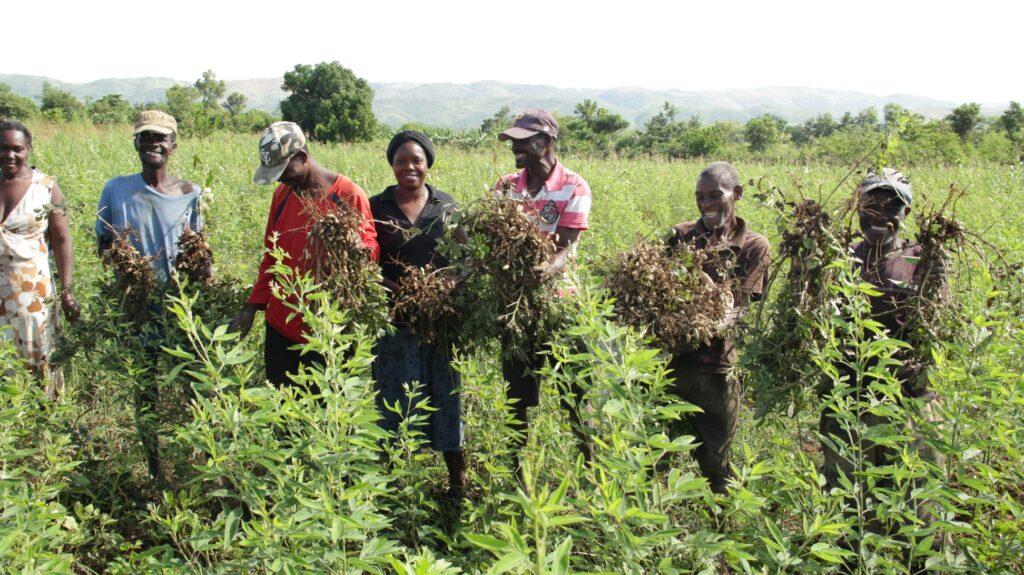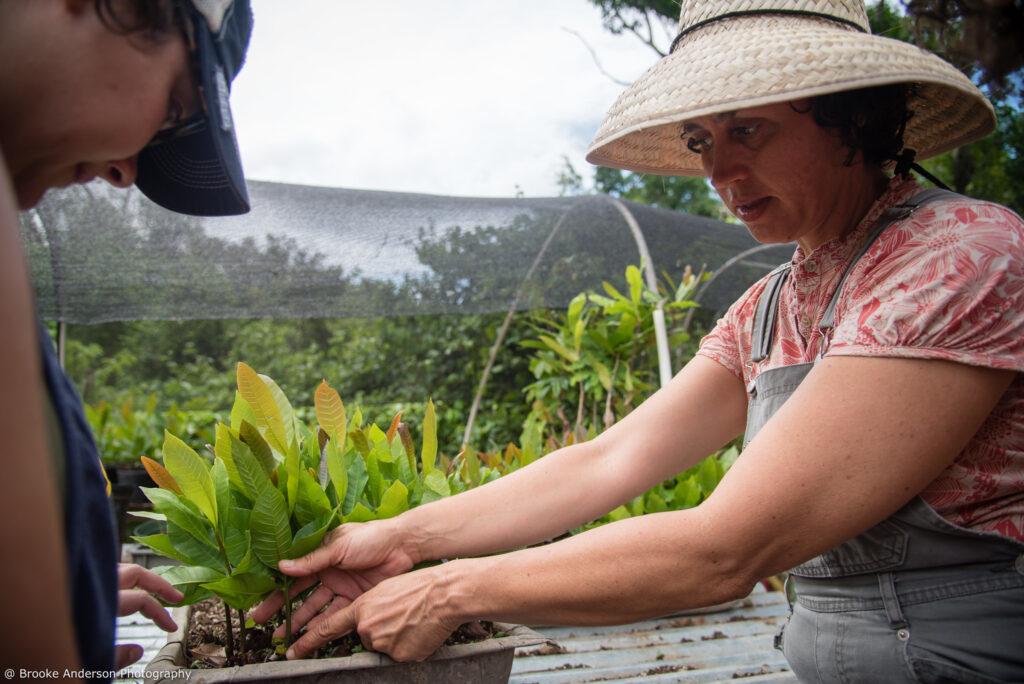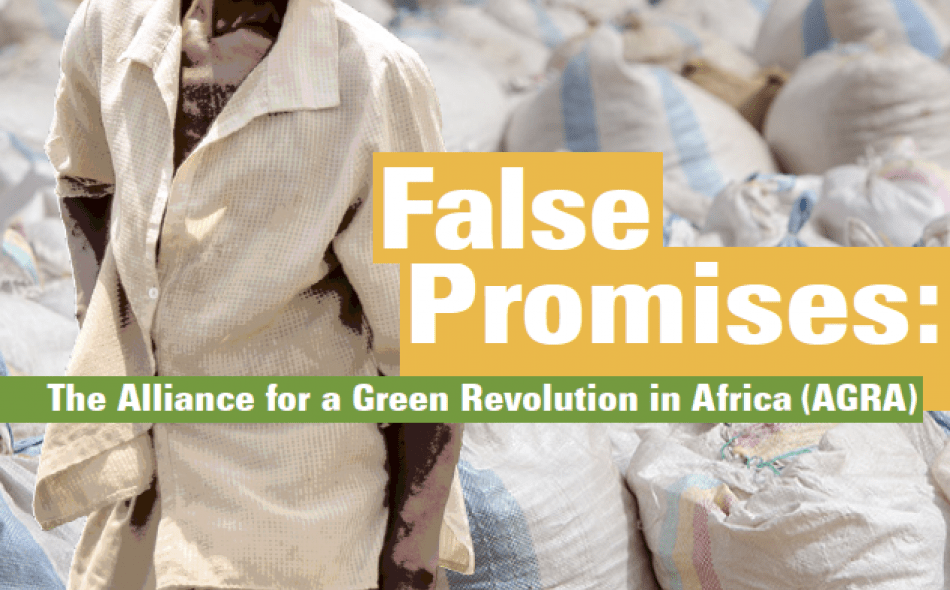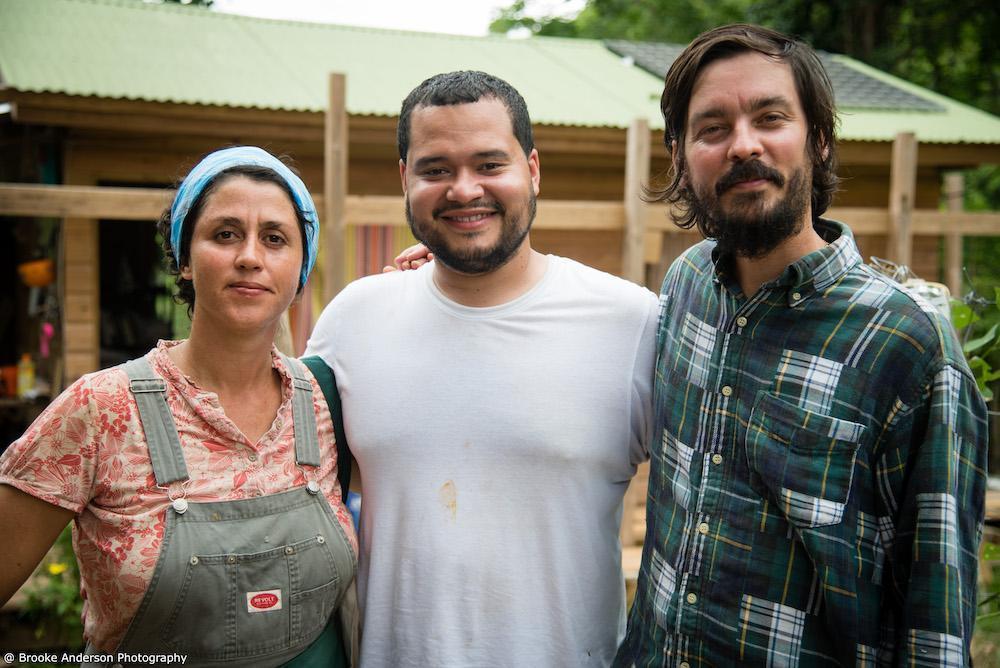
Organización Boricuá de Agricultura Ecológica de Puerto Rico
Thanks to laws and treaties imposed by the US, Puerto Rico has been forced to import much of its food – an immense cost to both people and the planet. But Organización Boricuá de Agricultura Ecológica de Puerto Rico is organizing rural and urban communities to build an alternative food system for the archipelago.
Organización Boricuá de Agricultura Ecológica de Puerto Rico is a grassroots organization for social, environmental, and climate justice. Organización Boricuá (or Boricuá) brings together farmers, organizers, peasants, agricultural workers, educators, and activists to promote and practice agroecology as a vehicle to achieve food sovereignty.
Boricuá works in the countryside and the city to coordinate, plan, and promote supportive solidarity brigades in farms. These brigades are a form of mutual aid in which small farmers work together to rebuild each other’s farms, engage in educational workshops, exchange tools and seeds, and share meals together. The movement is also working to create markets and supply chains for people to source food from small farmers who depend on land for their livelihood.
In an era where concepts like “agroecology” can become easily co-opted, Boricuá is making it clear that if you’re not working with the community, it’s not agroecology.
Explore our relevant resources
The Road to the 3rd Nyéléni Global Forum
- Saulo Araujo of Grassroots International
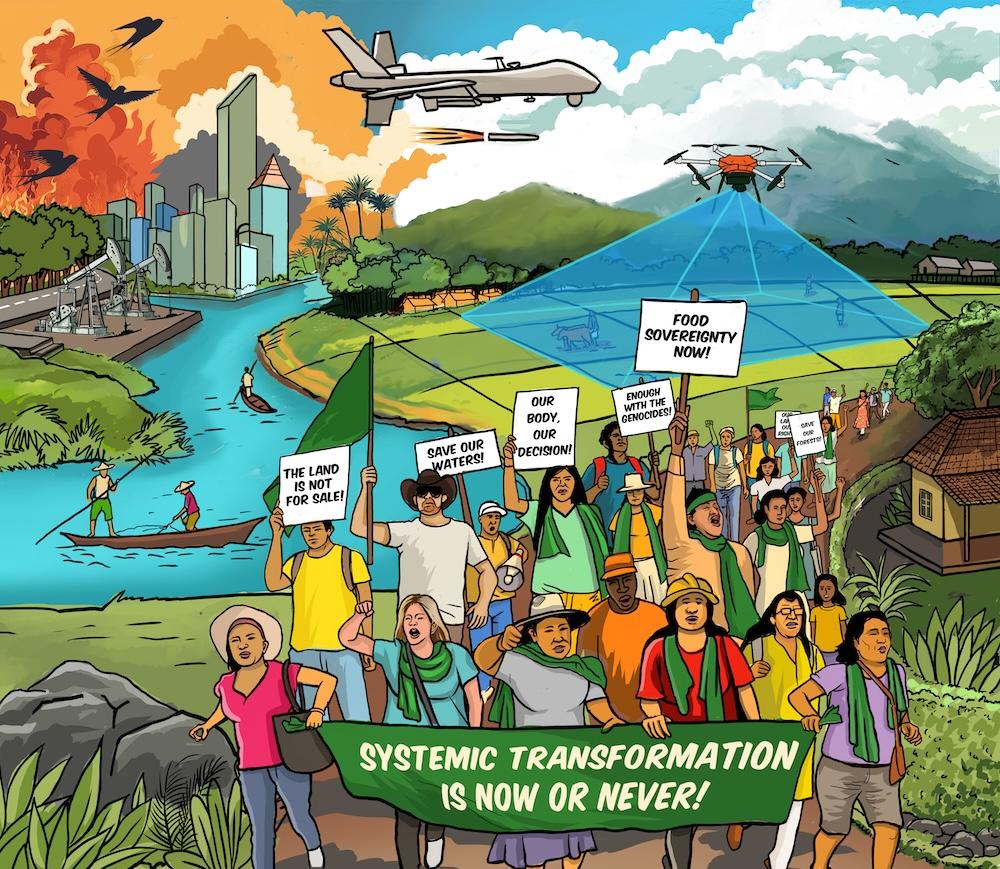
16th Annual Food Sovereignty Prize Awarded By US Food Sovereignty Alliance
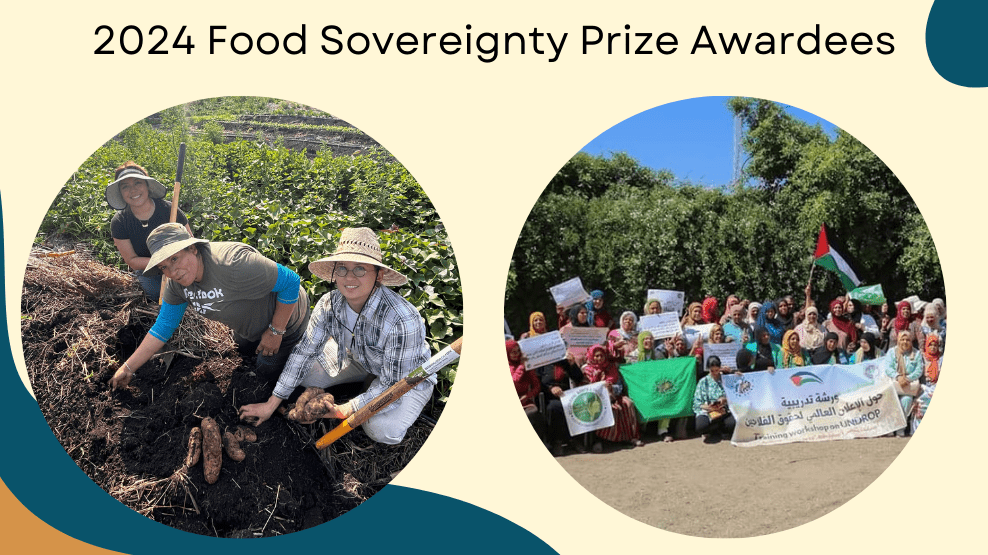
African Youth Pave the Way Forward on Agroecology
- Million Belay of AFSA
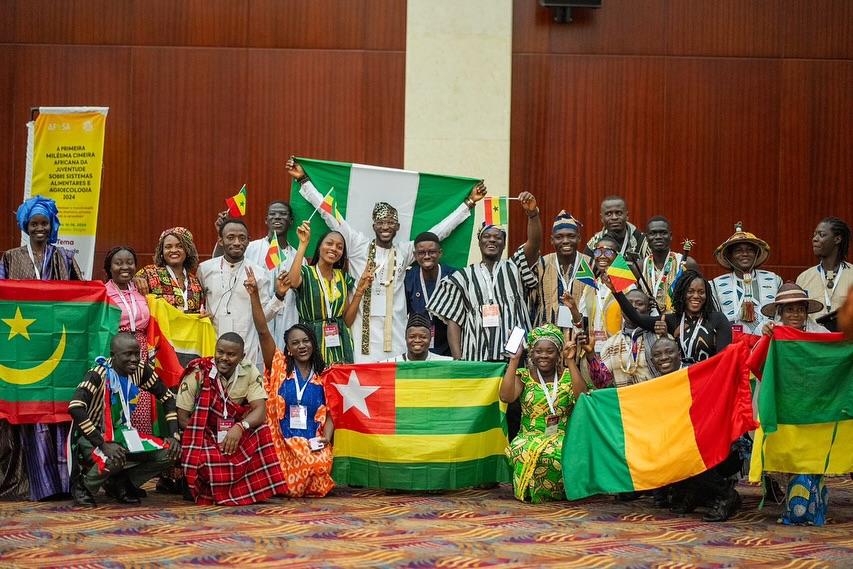
The Superpower of Soil and Those who Protect It
- Diane Martin and Dana Fugate of Mothers Out Front
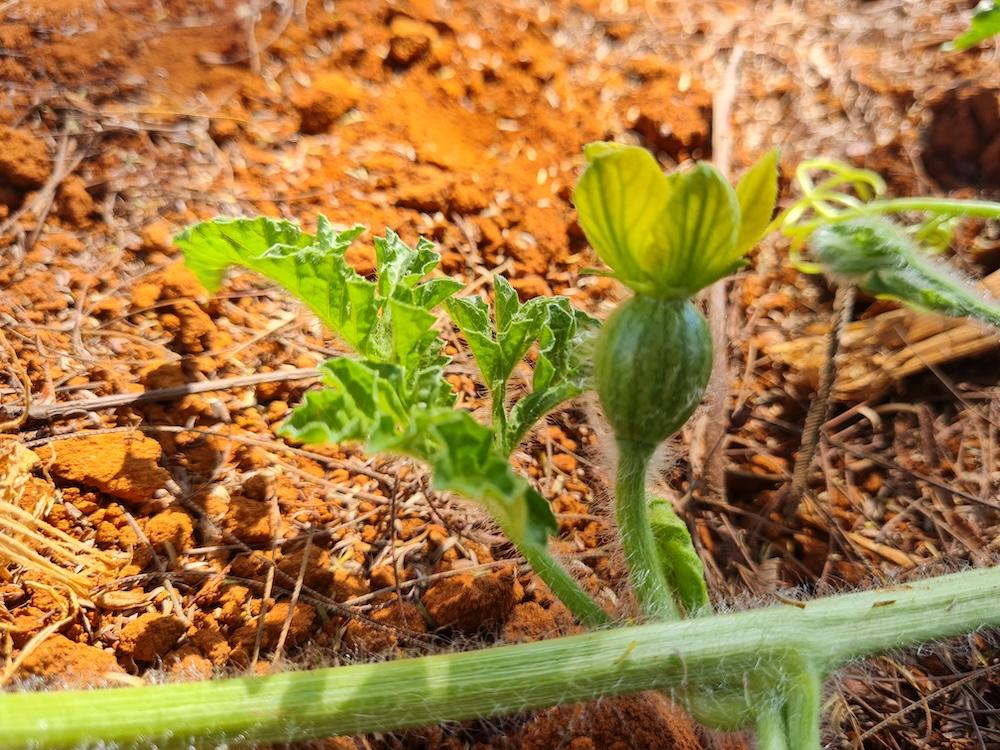
Learning from Brazil’s Social Movements
- Grassroots International
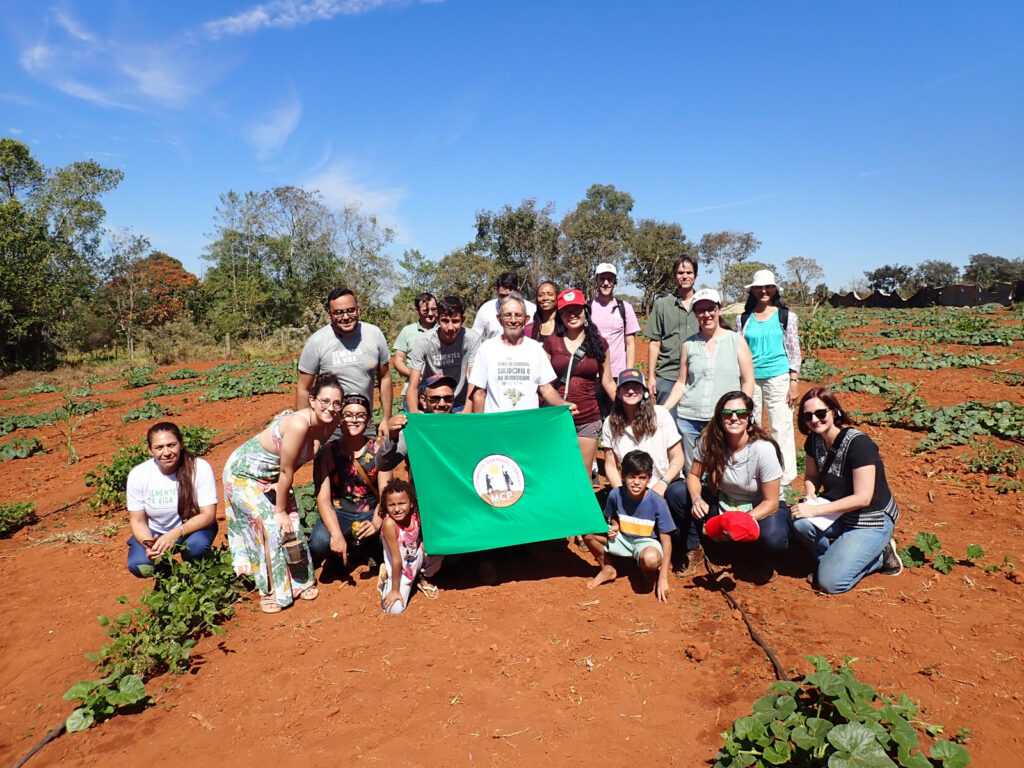
A New Framework for Trade Based on Food Sovereignty — Nyéléni Newletter no. 57
- Nyéléni

Resistance From Within the Belly of the Agro-Industrial Beast
- Christina Schiavoni
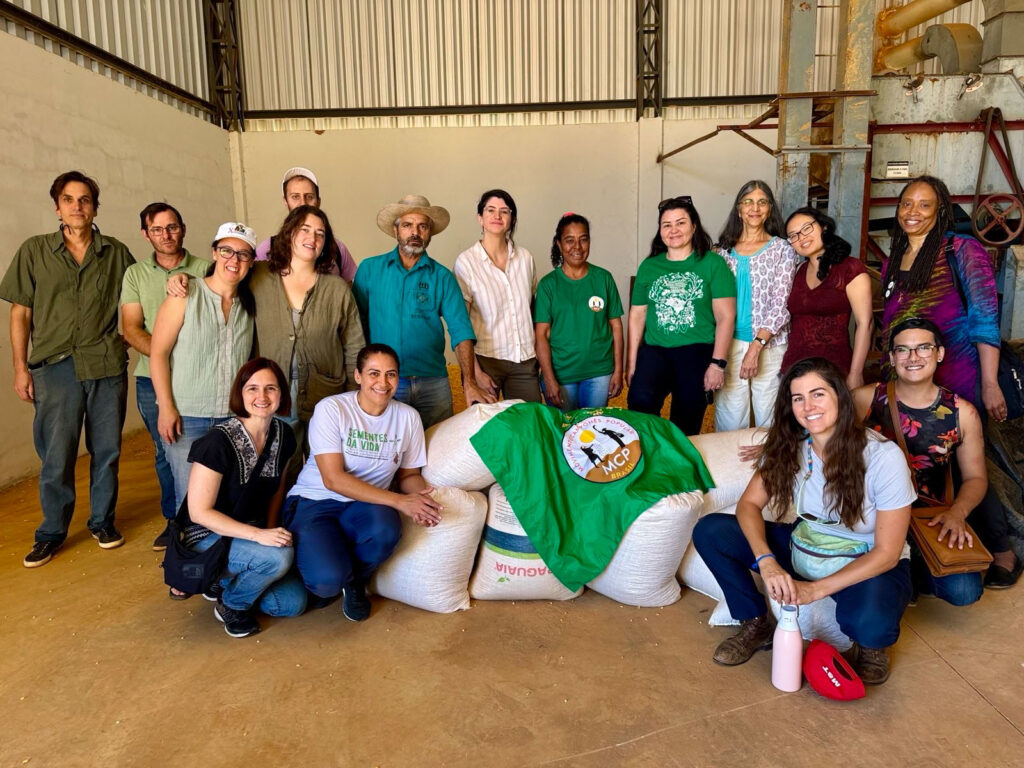
New Children’s Book on the MST by Former Grassroots Intern
- Christina Schiavoni
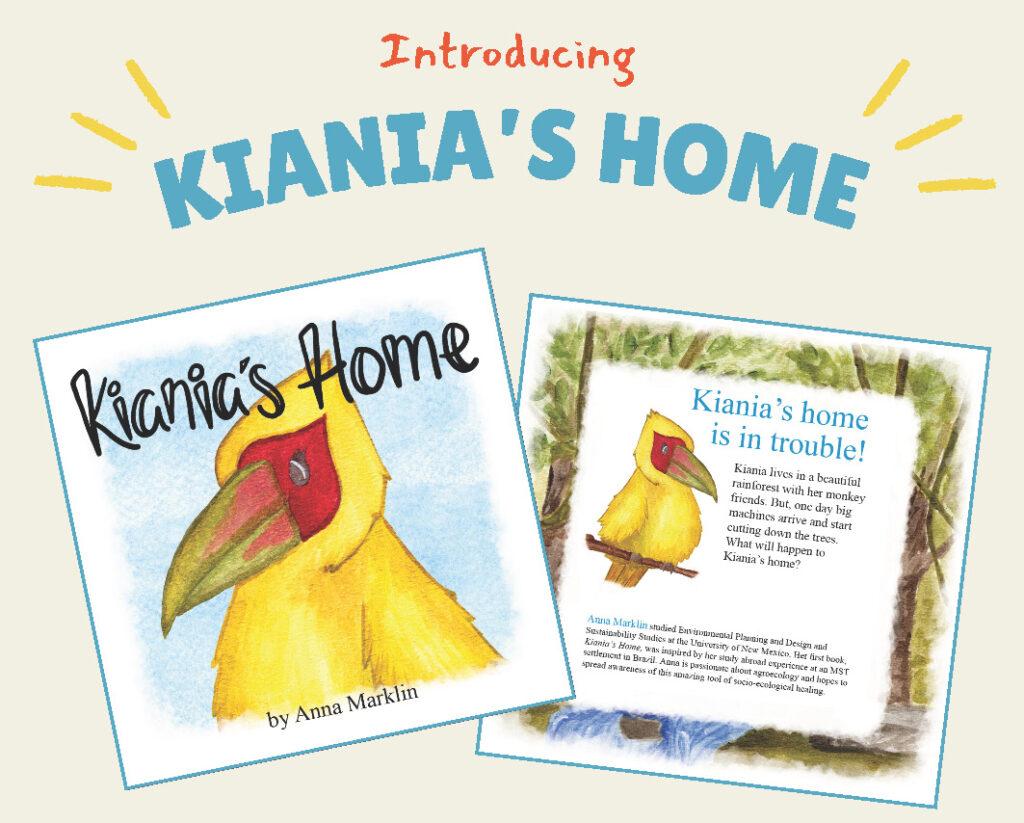
Haiti: Our Country Needs a Solution Coming from Its People
- Doudou Pierre Festile and Micherline Islanda Aduel
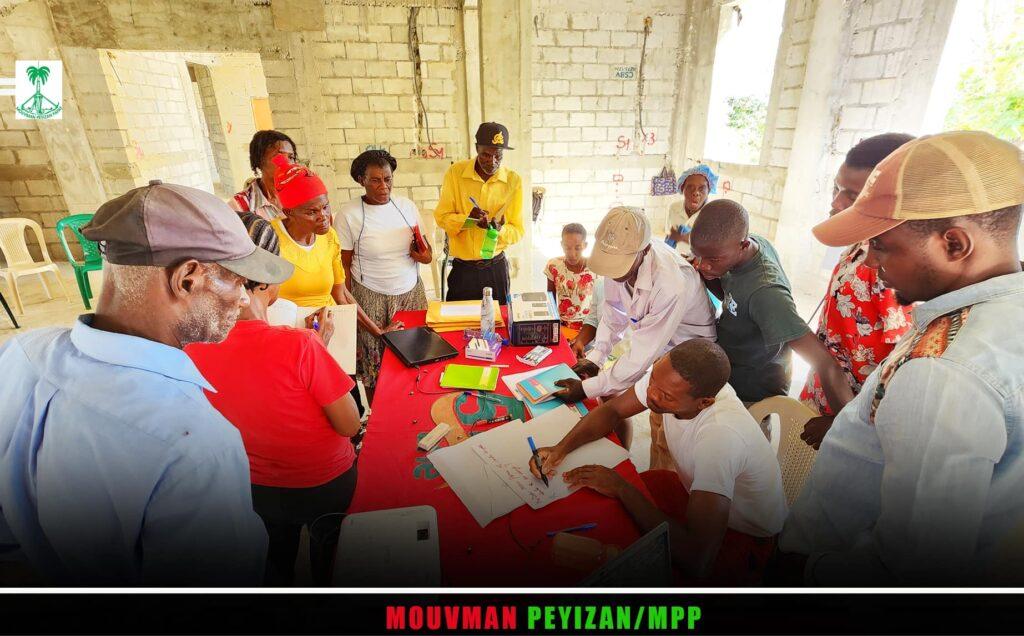
Funding in Haiti and Palestine Amid Devastating Conditions
- Michael Kavate, Inside Philanthropy
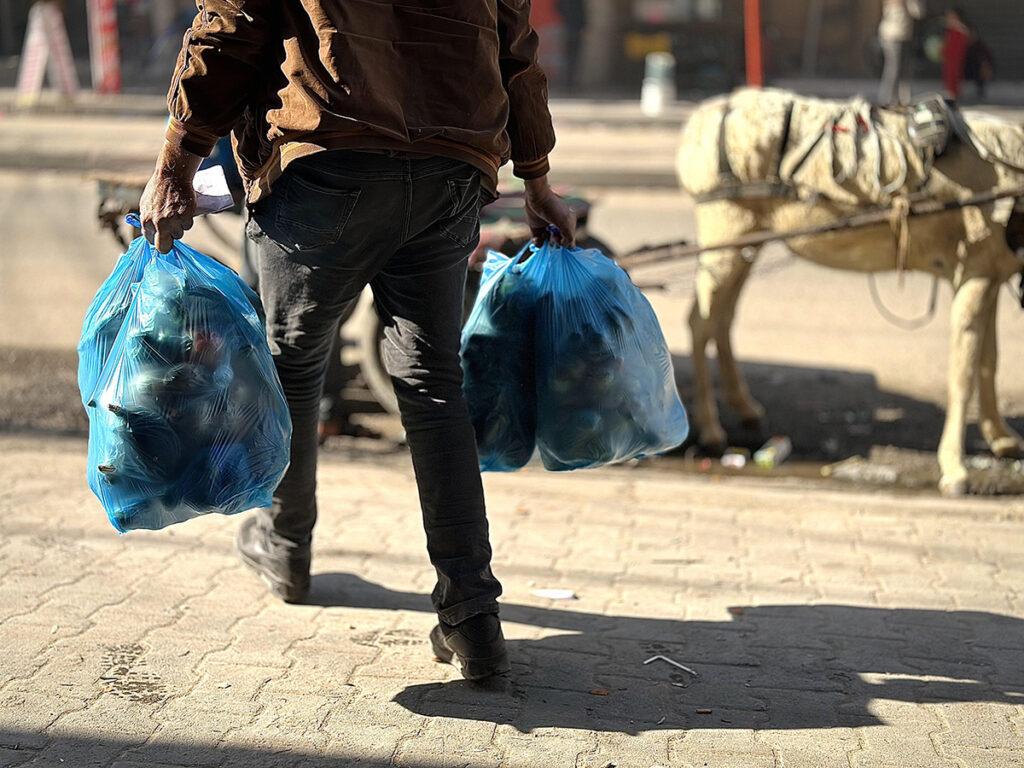
Scaffolding for a Liberated Future: Our New Movement Infrastructure Fund
- Grassroots International
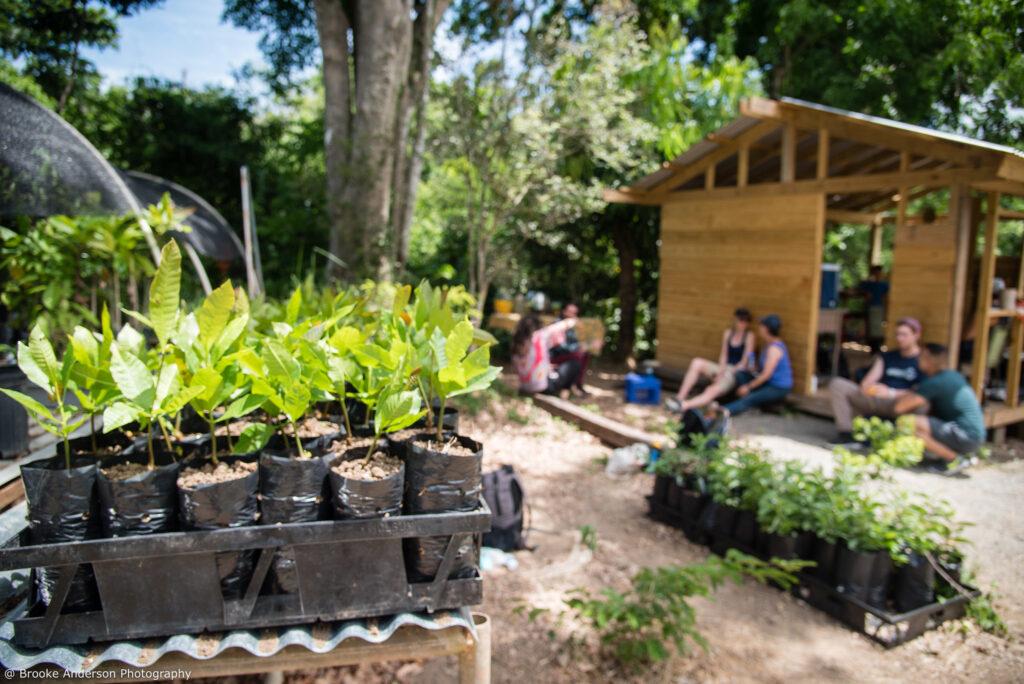
Join Our Delegation to Brazil This July
- Grassroots International
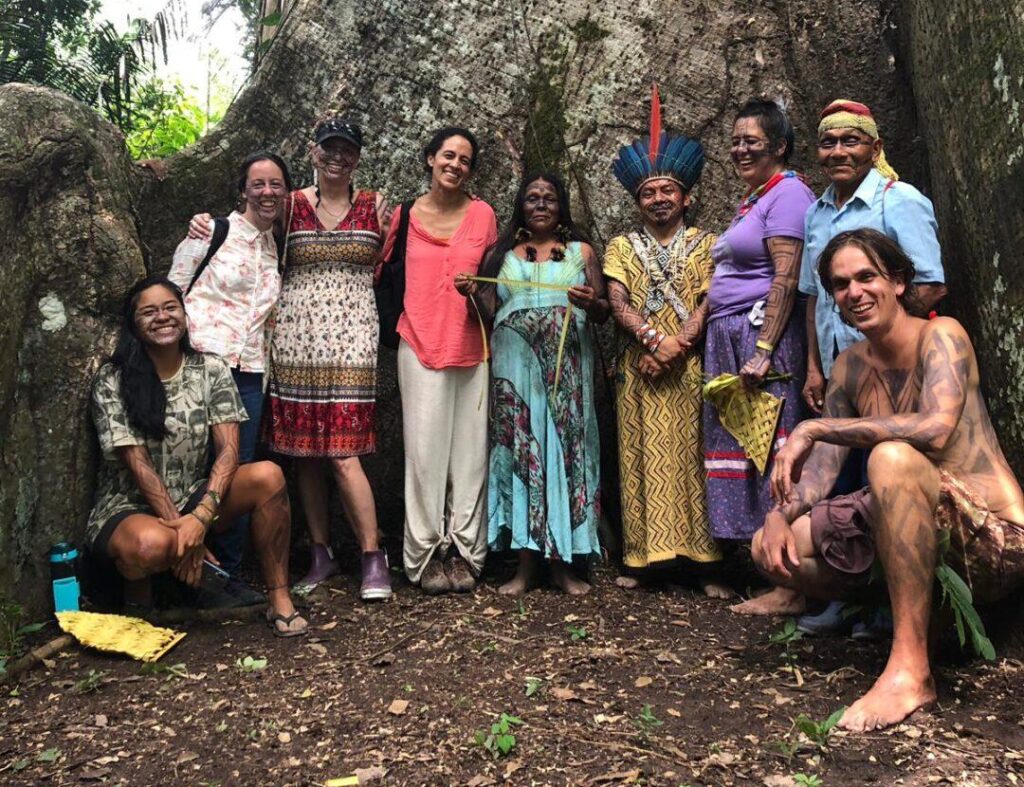
Long-Term Partnership Toward Food Sovereignty
- Grassroots International
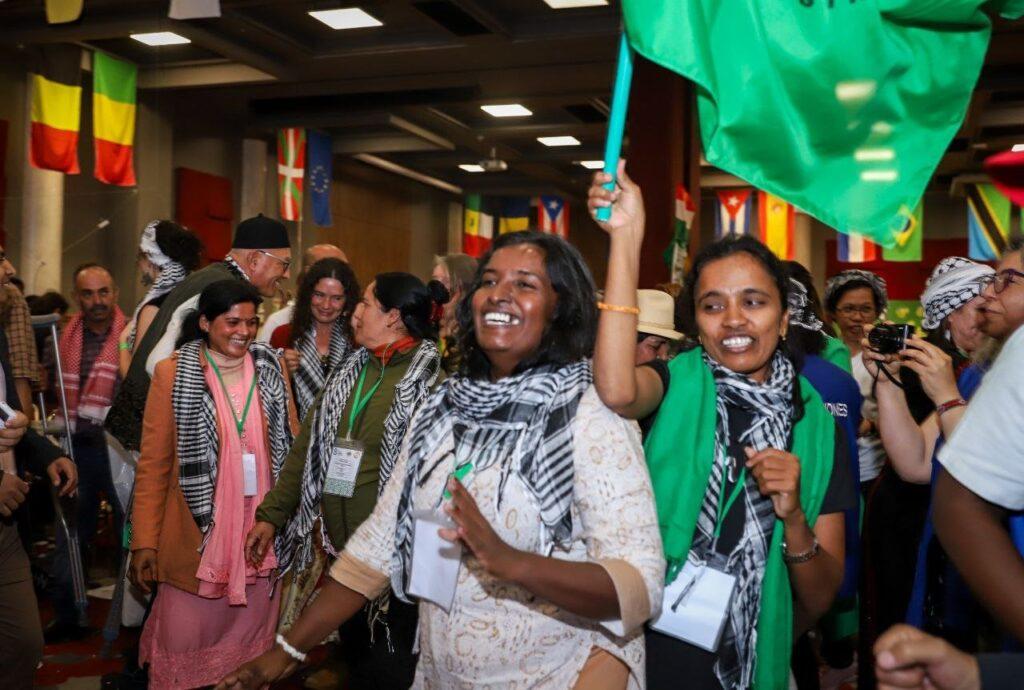
Celebrating Food Sovereignty with MPP and Black Dirt Farm Collective
- US Food Sovereignty Alliance
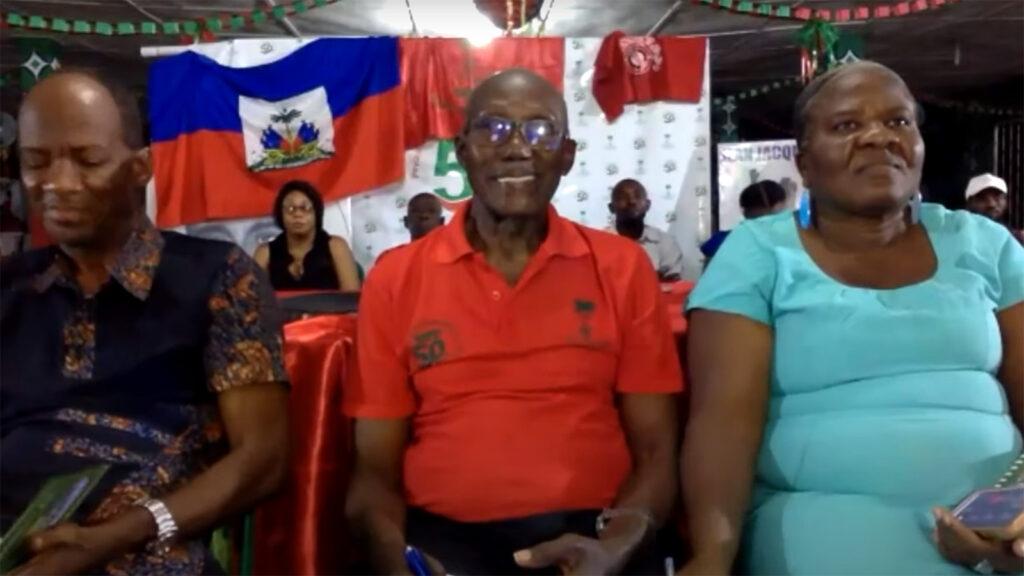
15th Annual Food Sovereignty Prize Honors the Black Dirt Farm Collective and Haiti’s Mouvman Peyizan Papay (MPP)
- US Food Sovereignty Alliance
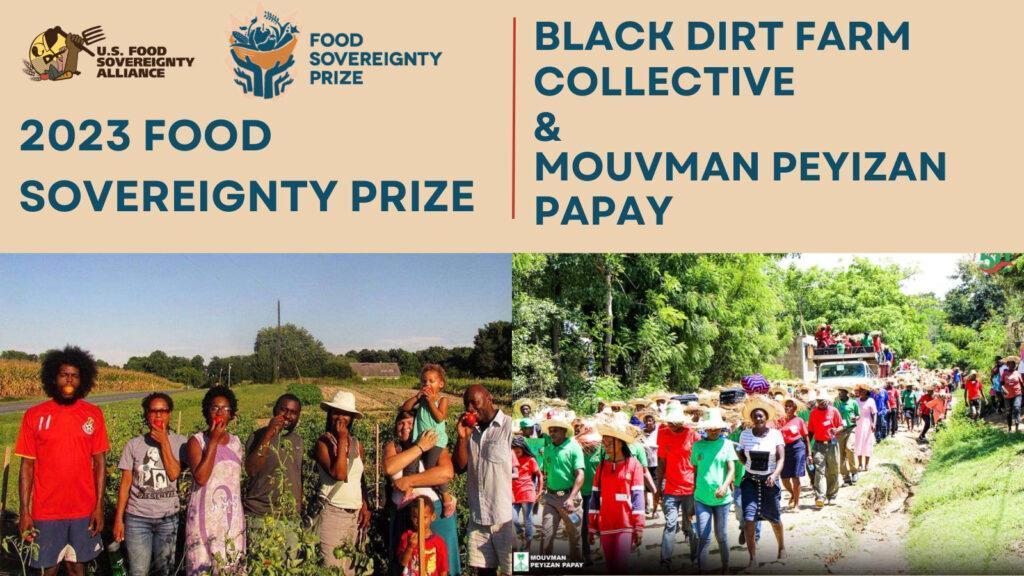
Grassroots Through the Years: Food Sovereignty
- Grassroots International
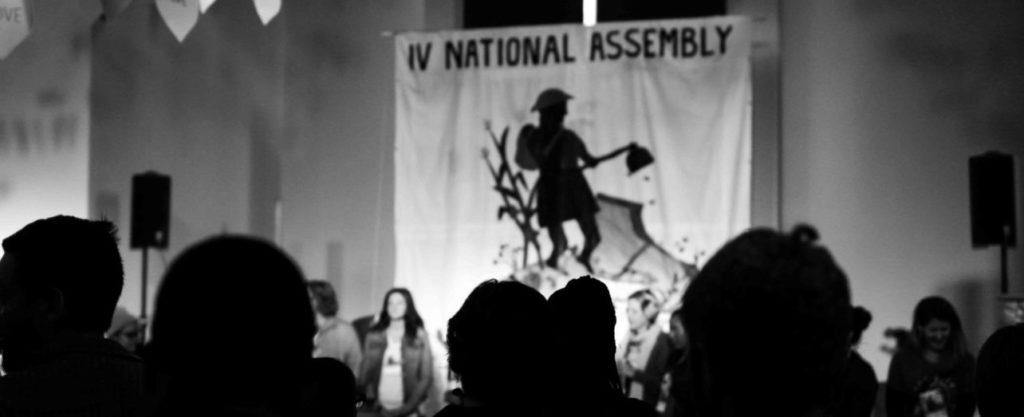
The Movement for Community-Led Agroecology
- Grassroots International
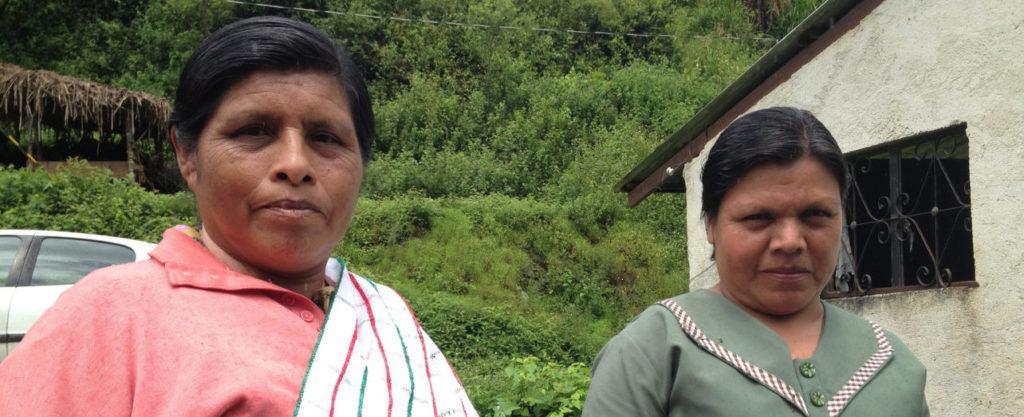
10 Things You Should Know About Brazil’s MST
- Grassroots International
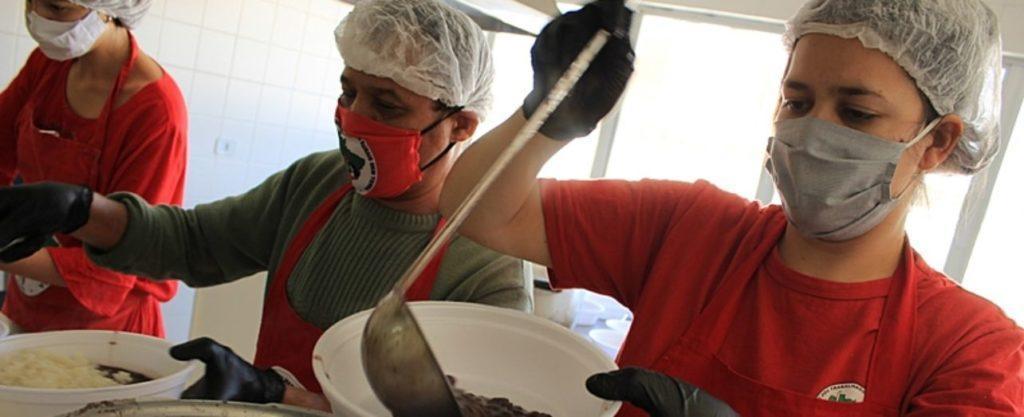
Advancing Just Transformation in Puerto Rico: Strategies from the Frontlines after Fiona
- Grassroots International
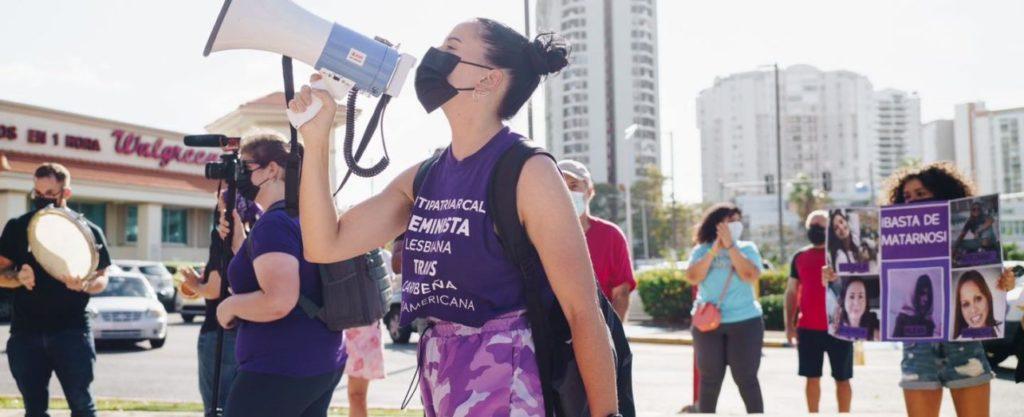
Federation Celebrated for Black Resistance in Fields and Food
- Federation Of Southern Cooperatives
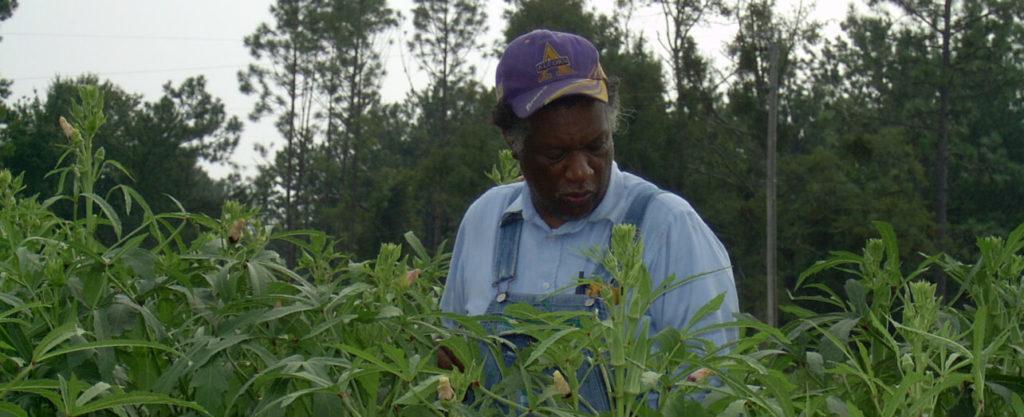
VIDEO: Organización Boricuá Explains Agroecology
- Jesús Vázquez Negrón
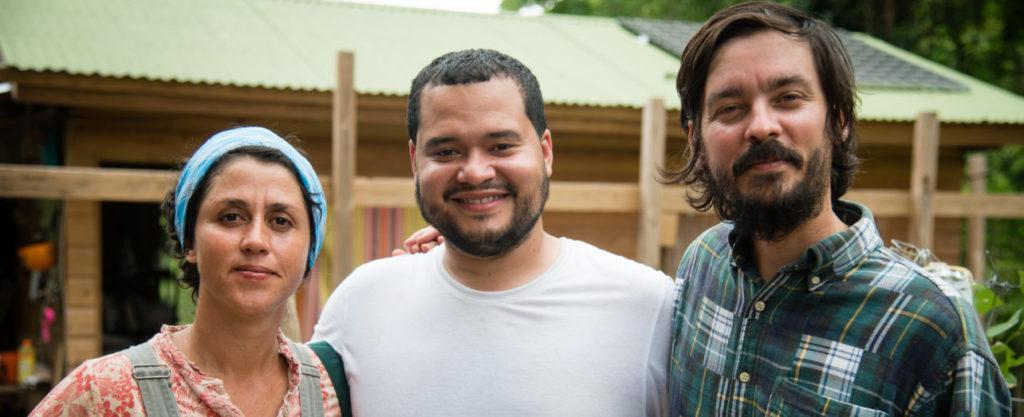
Soil to Sky: Climate Solutions That Transform
- CLIMA FUND
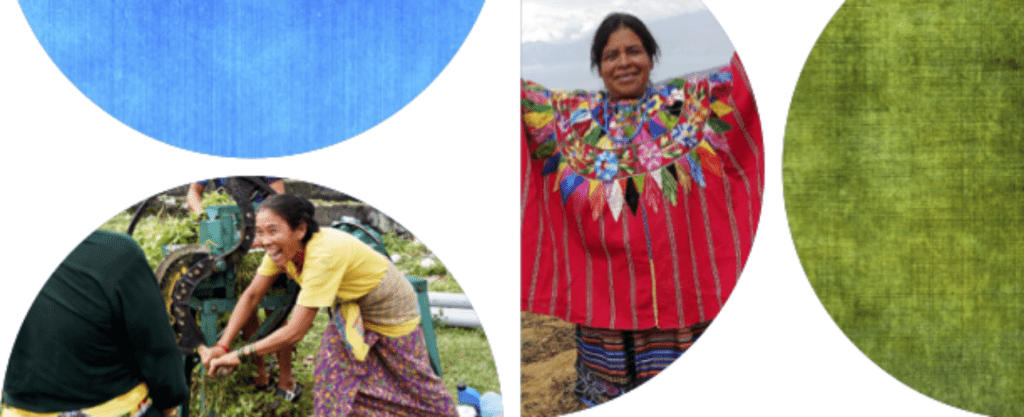
2022 in Review: Building, Deepening, and Growth
- Grassroots International

Relief, Recovery or Change?
- Giovanni Roberto
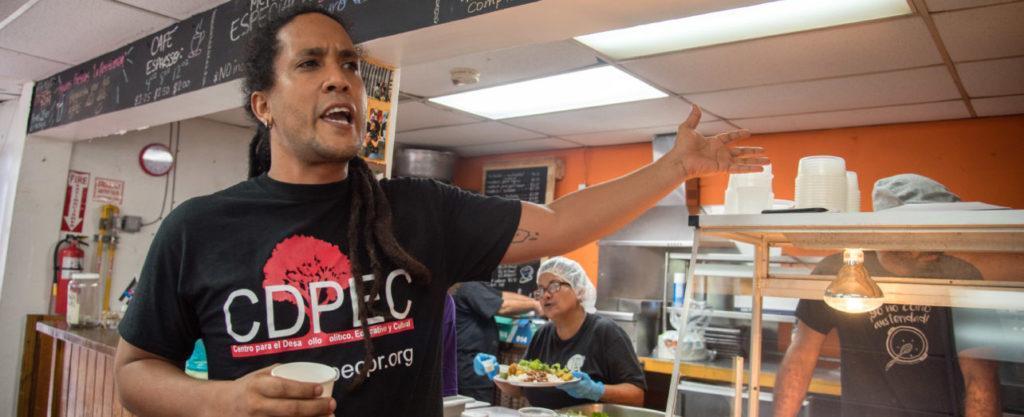
Prize Highlights Solutions to Worsening Hunger Crisis
- The U.S. Food Sovereignty Alliance
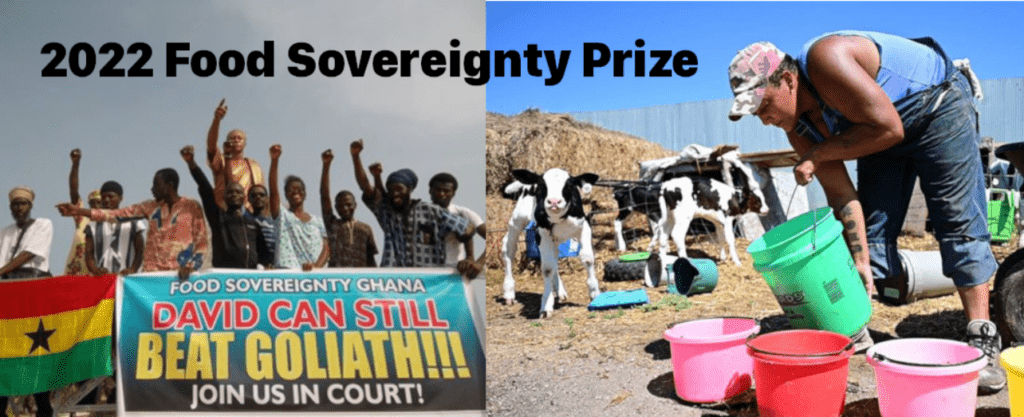
Grassroots International Formalizes West Africa Program
- Grassroots International
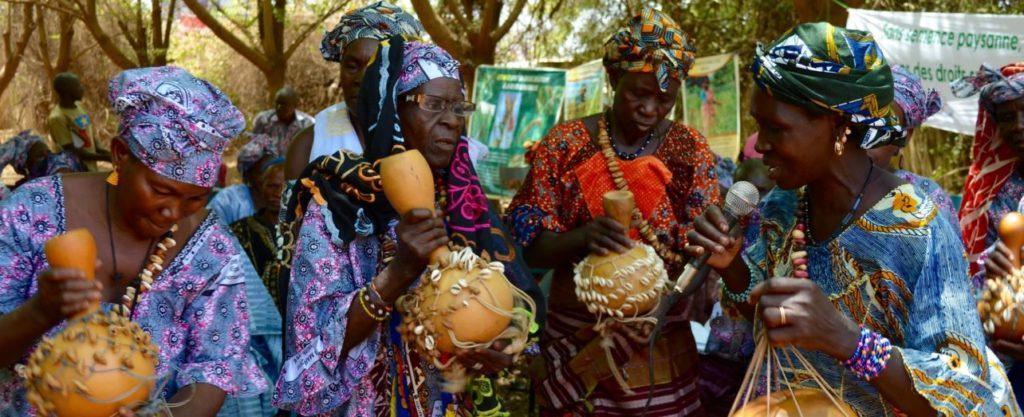
The Frontlines Are at the Grassroots
- JHENNY SAINT-SURIN AND SALENA TRAMEL
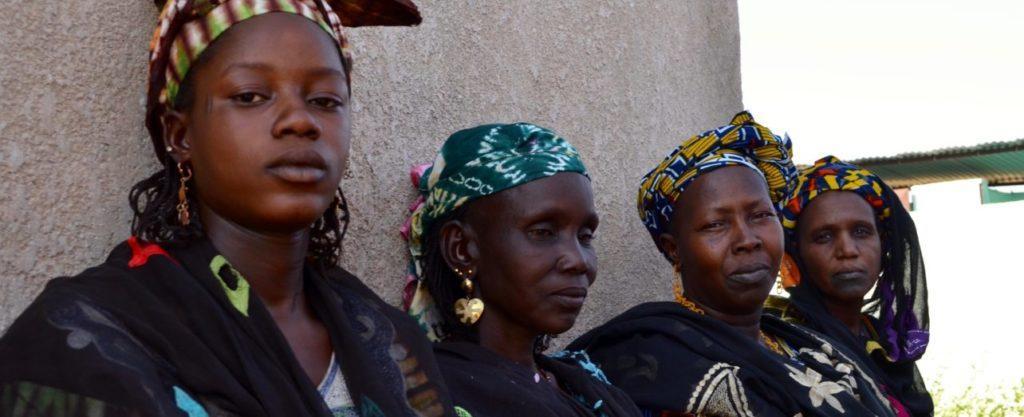
Mexico’s New Movement Institute for Indigenous and Peasant Youth
- Christina Schiavoni
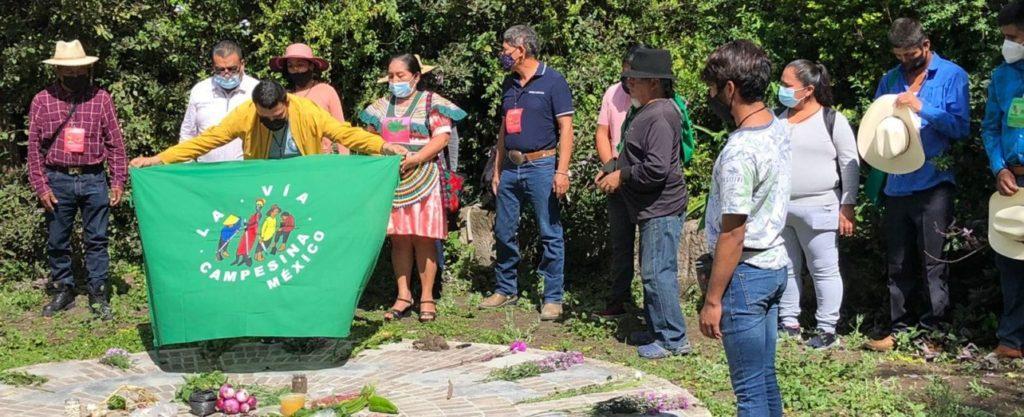
LGBTQIA+ Peasants in Struggle: Free Our Land, Free Our Bodies
- Capire
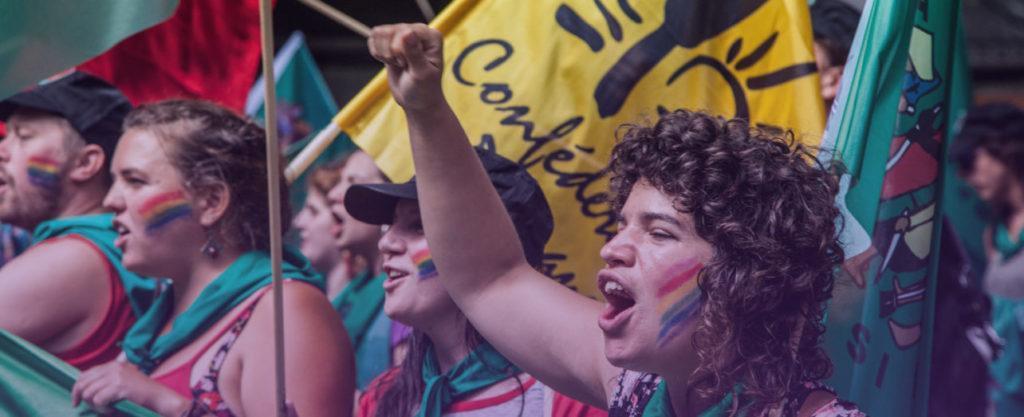
GRAPHIC: Restrictions on Palestinian Food Sovereignty
- Visualizing Palestine
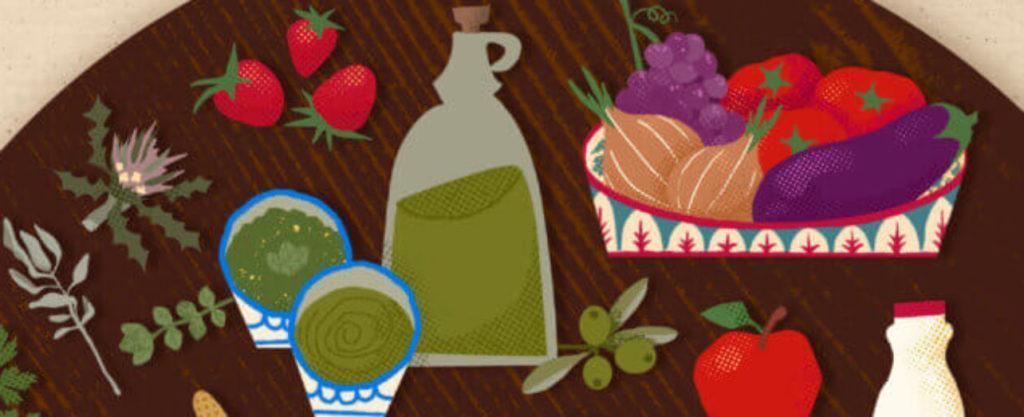
Via Campesina Releases Booklet on Economic Justice
- La Via Campesina
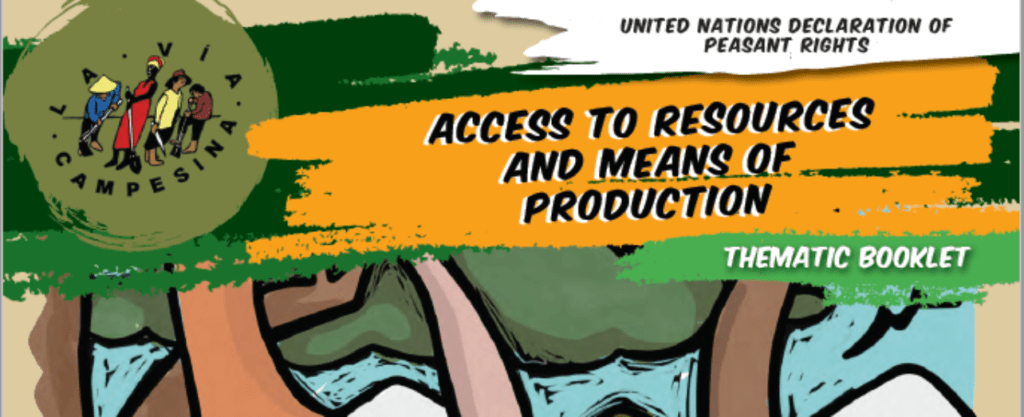
Feeding the World, Cooling the Planet
- Chris Morrill
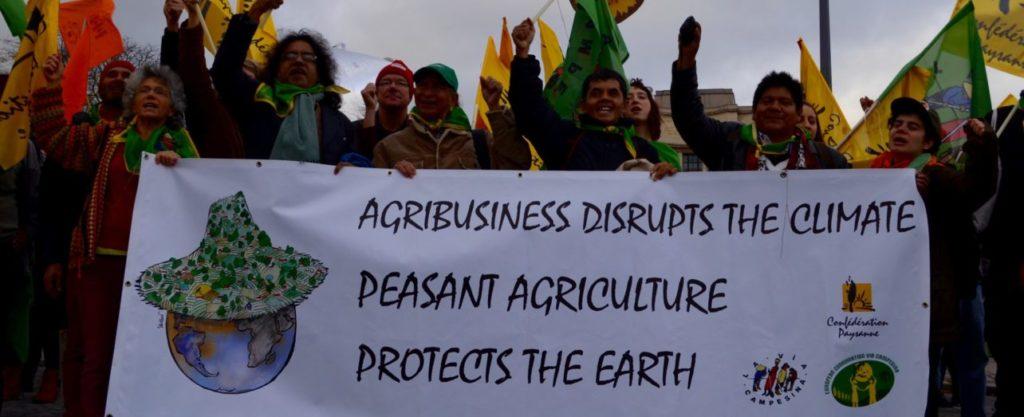
Raising a United Voice for Indigenous Lives and Mother Earth
- Chris Morrill and Rebecca Gonser
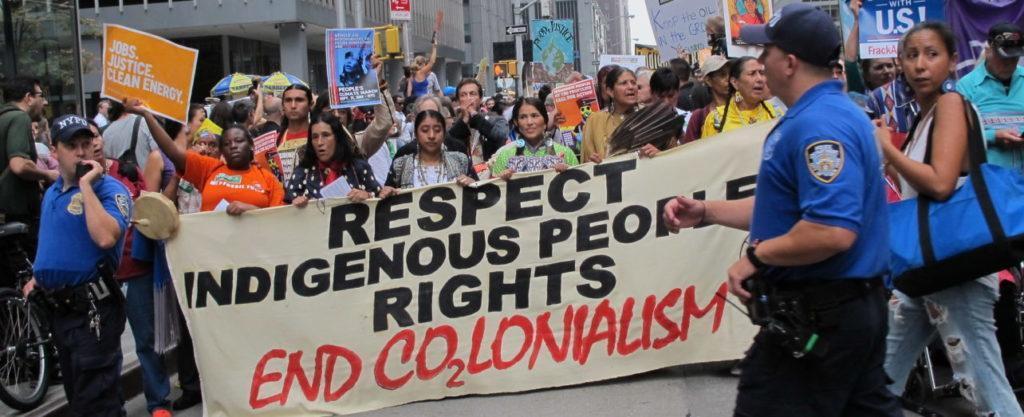
Rob Wallace: Agroecology is Key for Stopping the Next COVID
- Rob Wallace
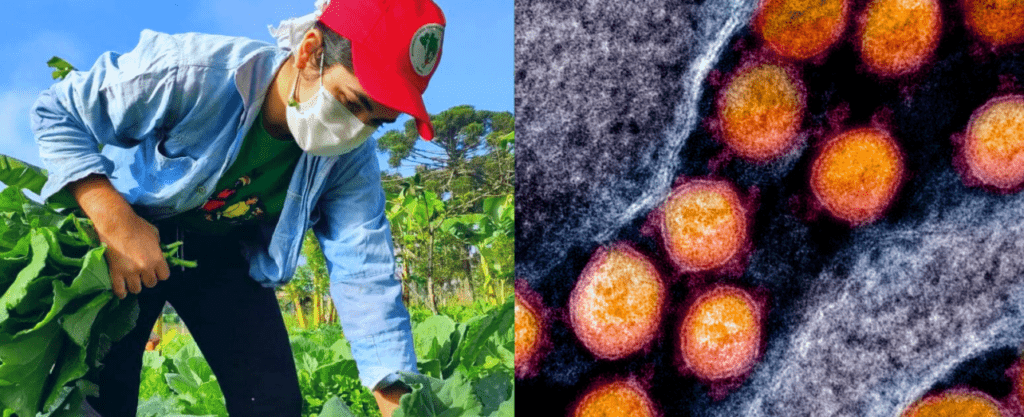
Land, Resistance, and Liberation: Agricultural Cooperatives as a Vital Piece of Black History in the U.S.
- Grassroots International
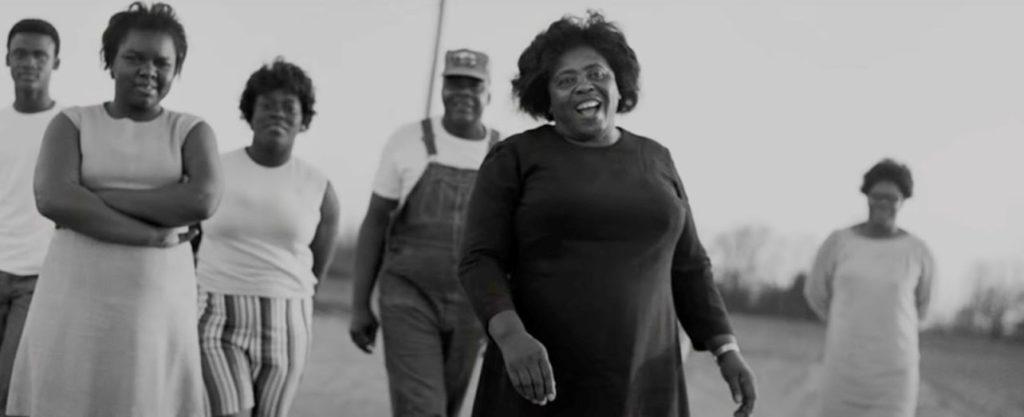
In 2022, Solidarity Remains Our Way Forward
- Saulo Araujo and Chris Morrill
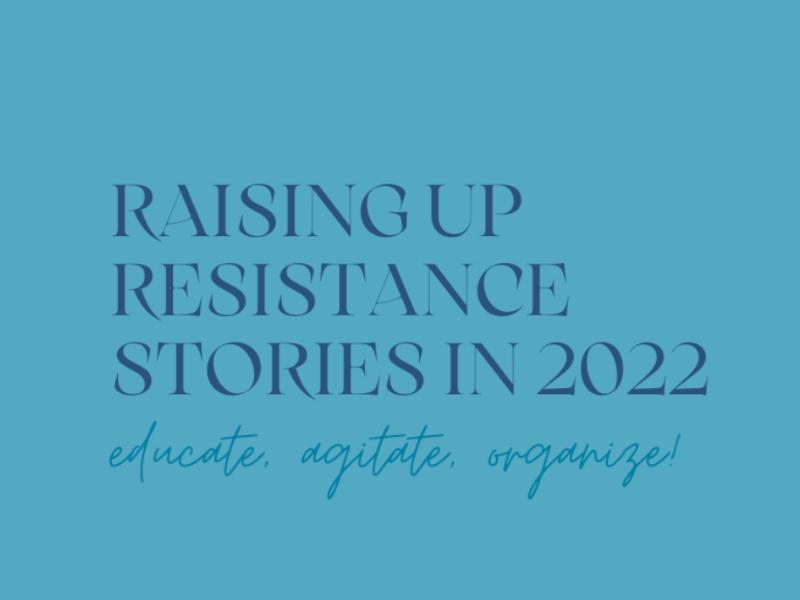
2021 in Review and Resistance
- Grassroots International
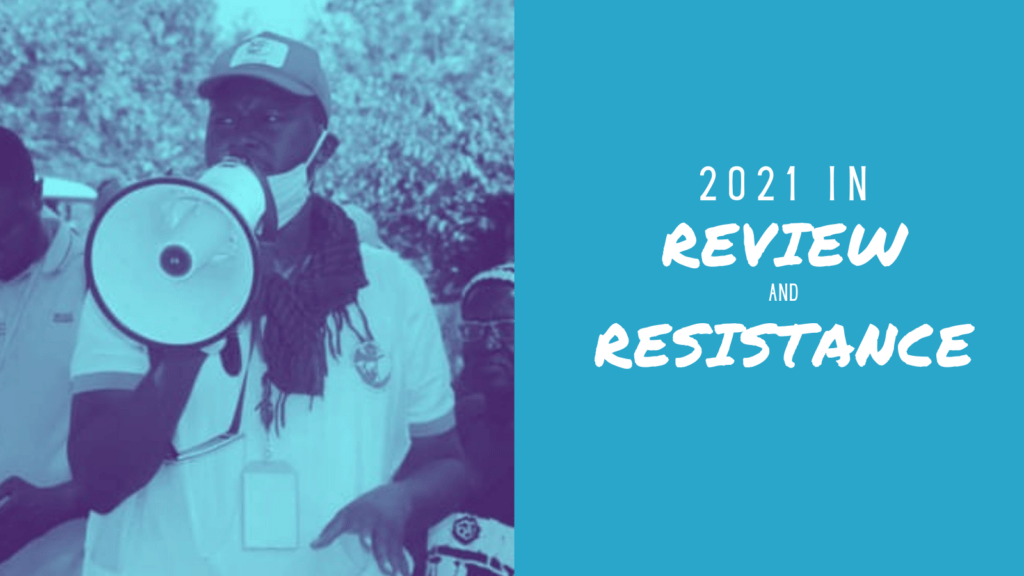
Rooting Climate Justice in Indigenous Resistance
- Christina Schiavoni & Chris Morrill
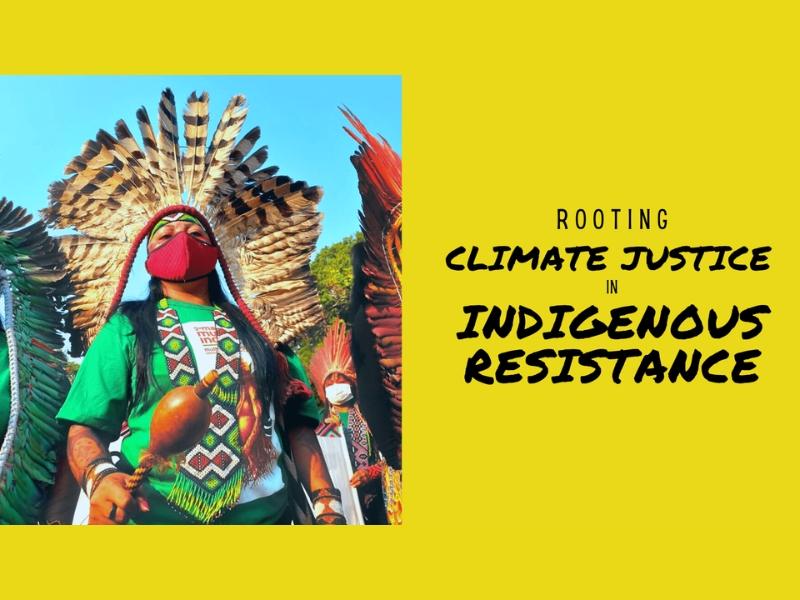
Grassroots Intermediaries are a Path to Climate Justice
- REO Collaborative
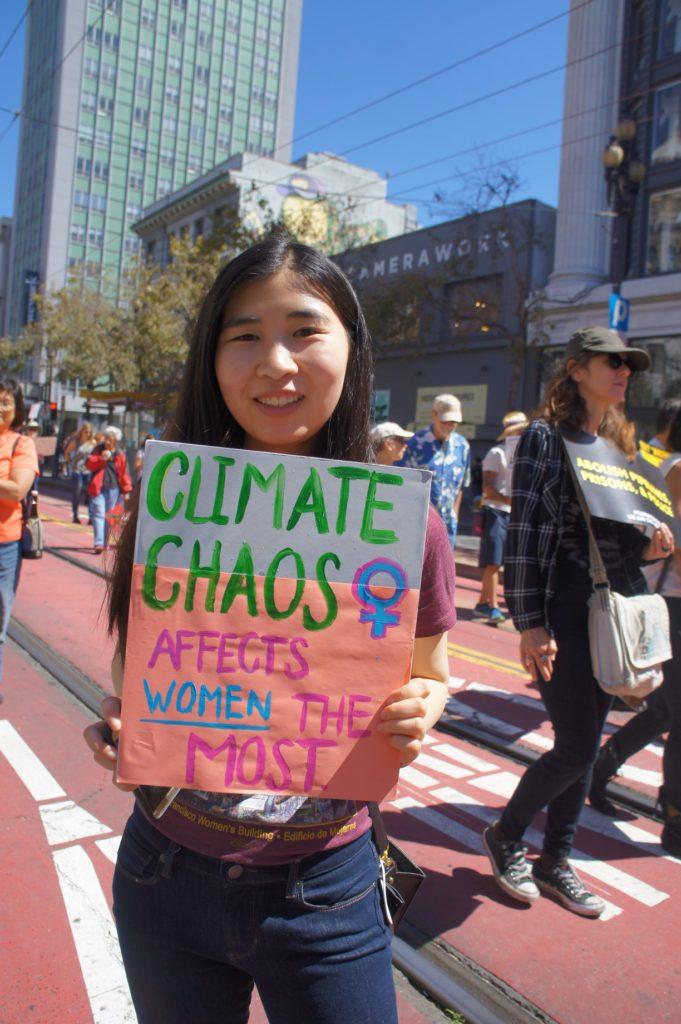
Black and Indigenous Communities Take on Corporate Land Grabbing
- Christina Schiavoni
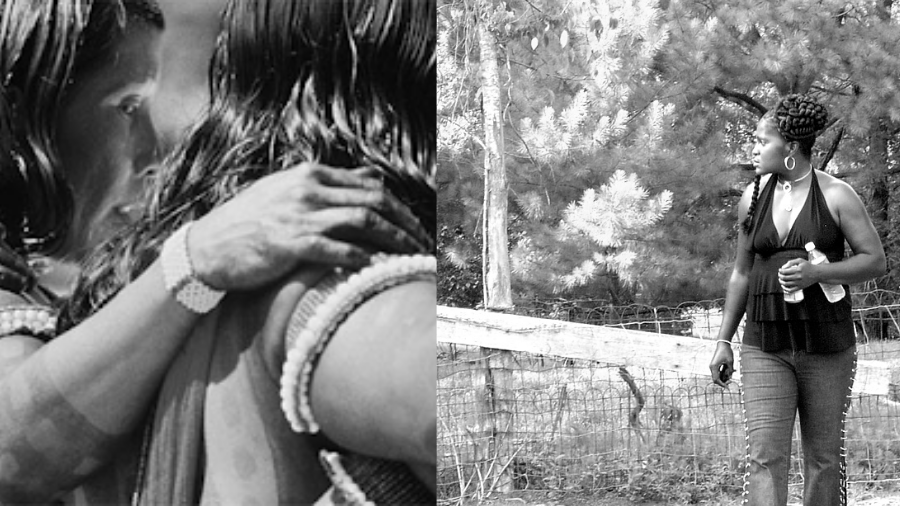
Land and Territory: Sovereignty, Culture and Resistance
- Chris Morrill
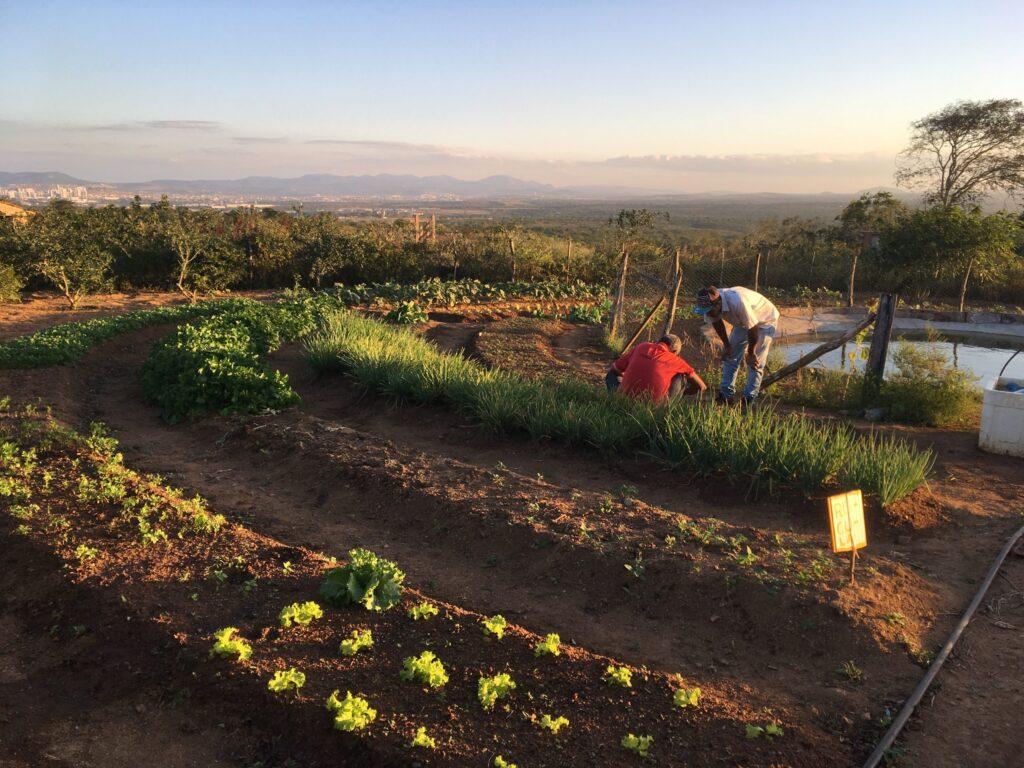
Food Sovereignty, a Manifesto for the Future of Our Planet
- La Via Campesina
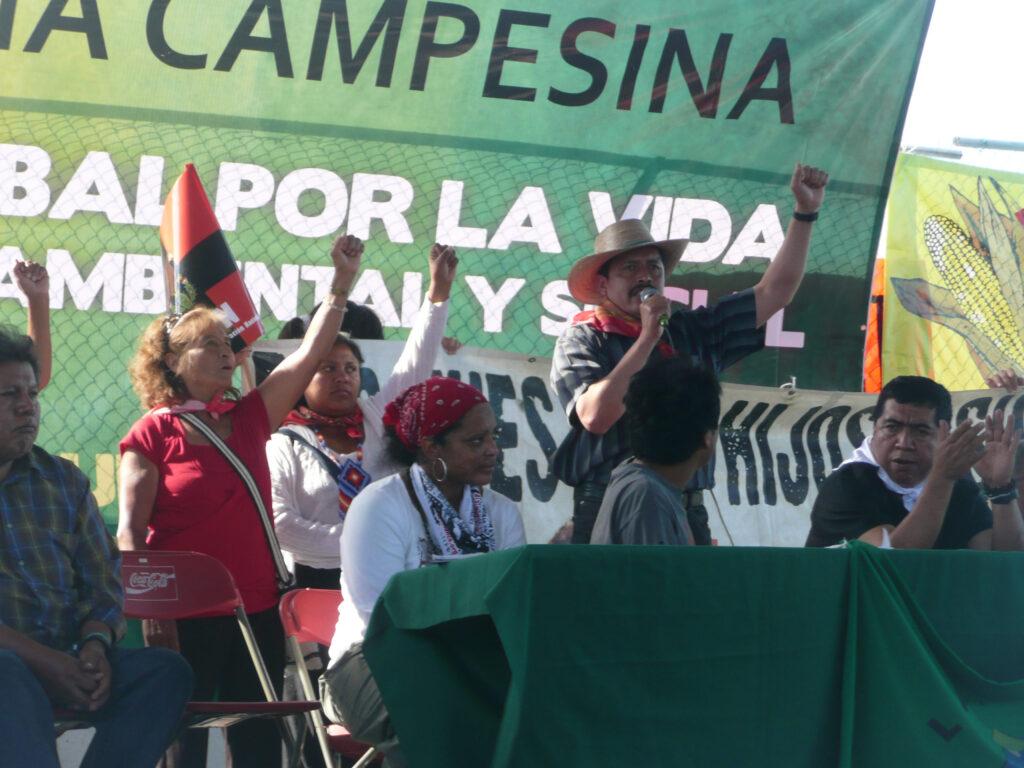
On Heels of Failed UN Food Systems Summit, Food Sovereignty Prize Highlights Transformative Solutions
- US Food Sovereignty Alliance
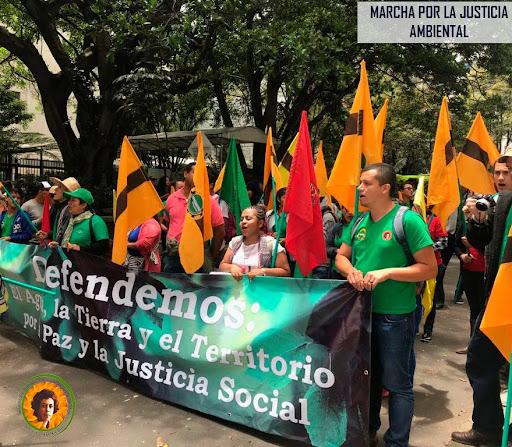
Reflections on Food Sovereignty and Black Liberation
- Katherine Asuncion
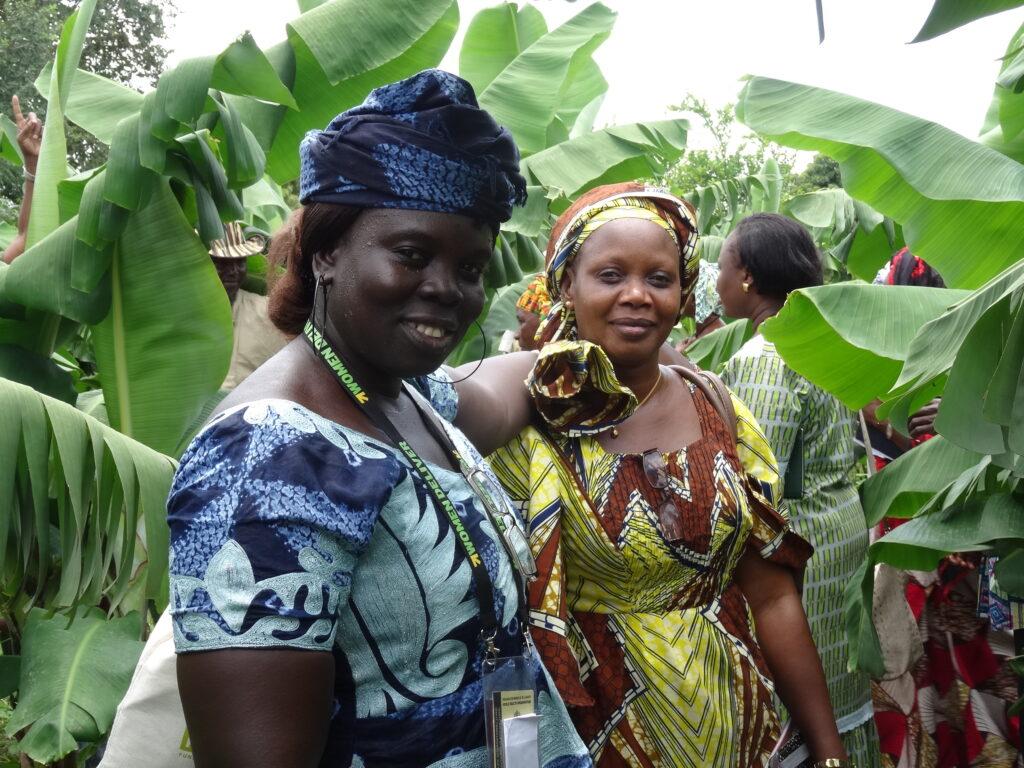
25 Years of Food Sovereignty: Accompanying the Struggle
- Christina Schiavoni
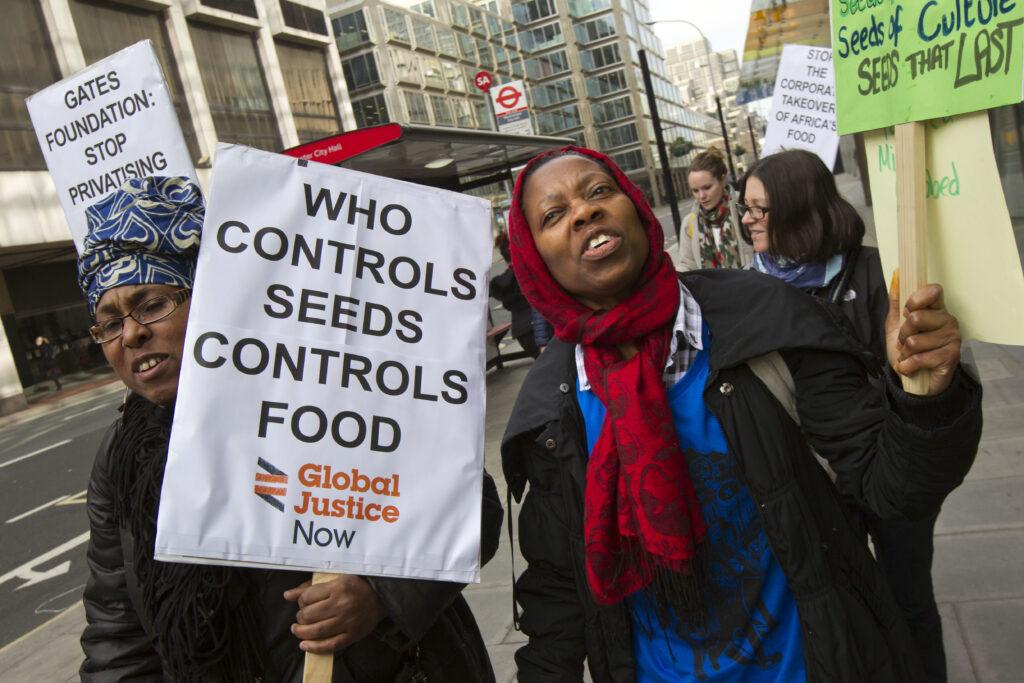
Food Sovereignty Prize Winners Announced
- US Food Sovereignty Alliance
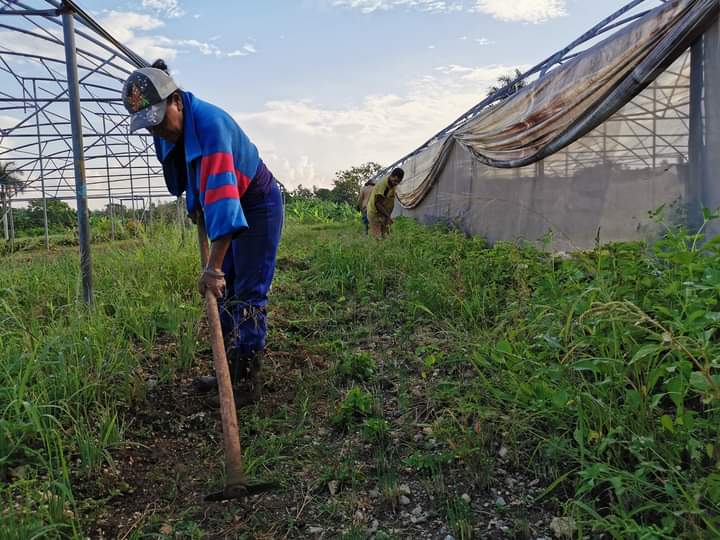
Supporting a Haitian-Led Crisis Response
- Grassroots International
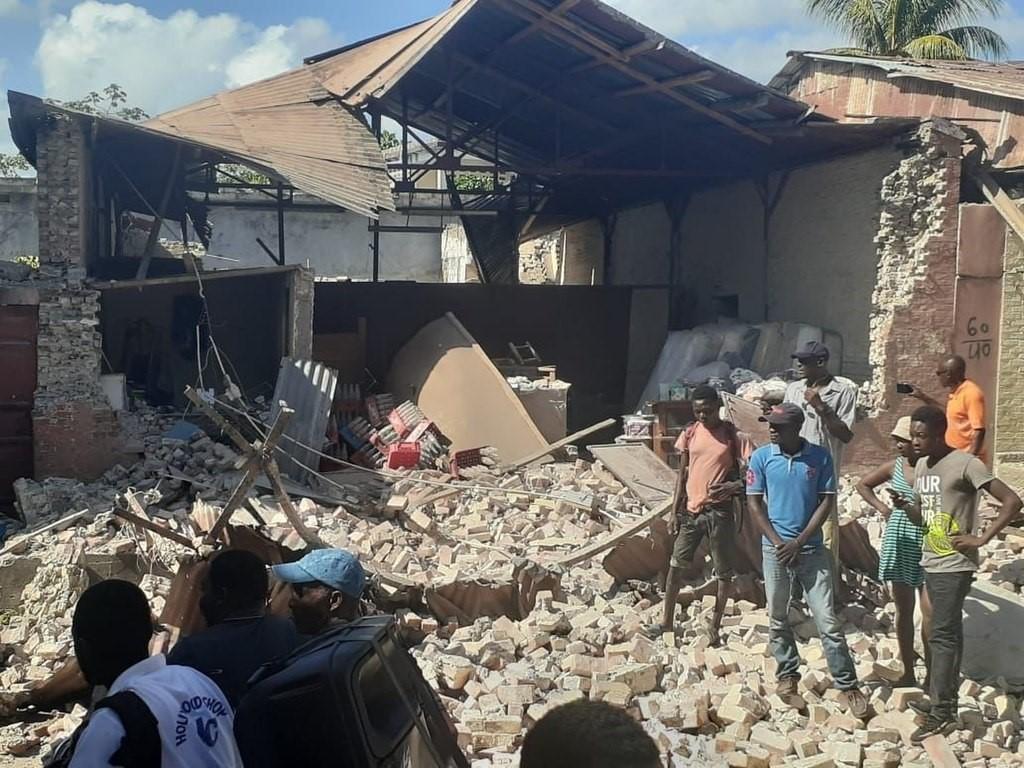
Update from the Trenches in Brazil: “one of the worst crises our country has ever seen”
- Valdenildo Martins de Souza
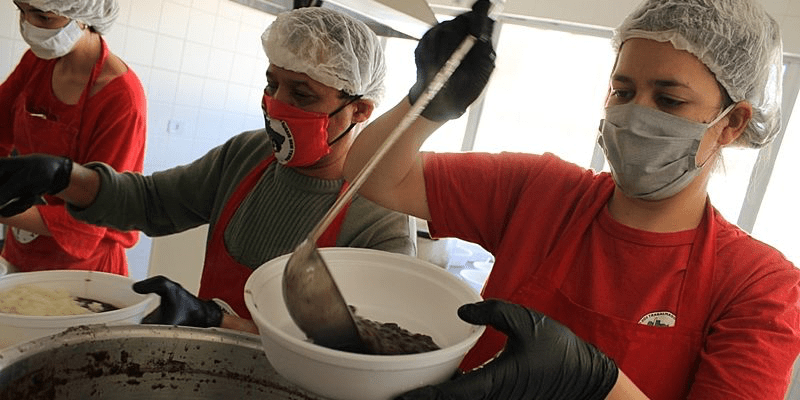
International Day of Peasant Struggle: Looking Back to Build Forward
- Grassroots International
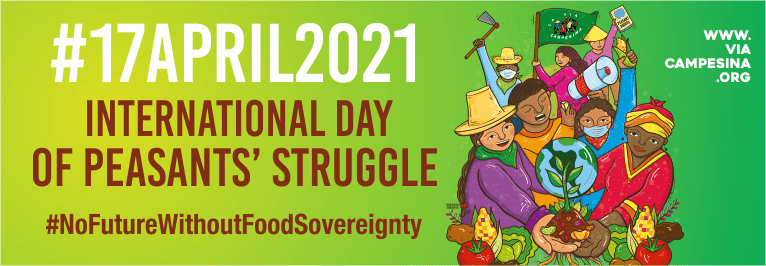
Eldorado do Carajás, 25 Years of Impunity: Interview with Ayala Ferreira
- Fernanda Alcântara
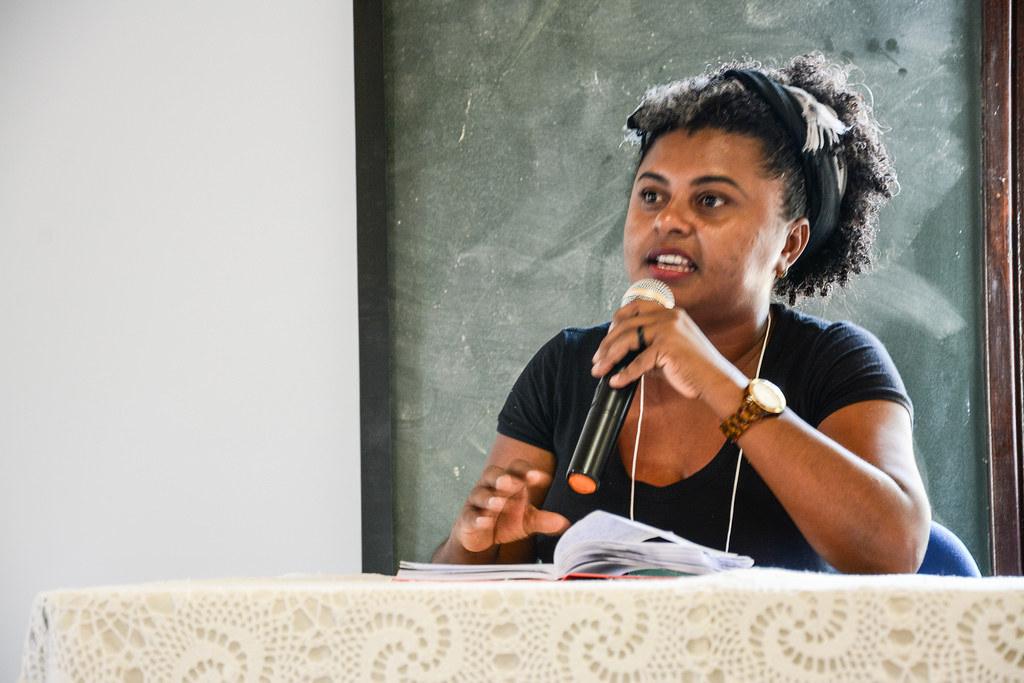
Communicating Food Sovereignty: 10 Years of the Nyéléni Newsletter
- Grassroots International
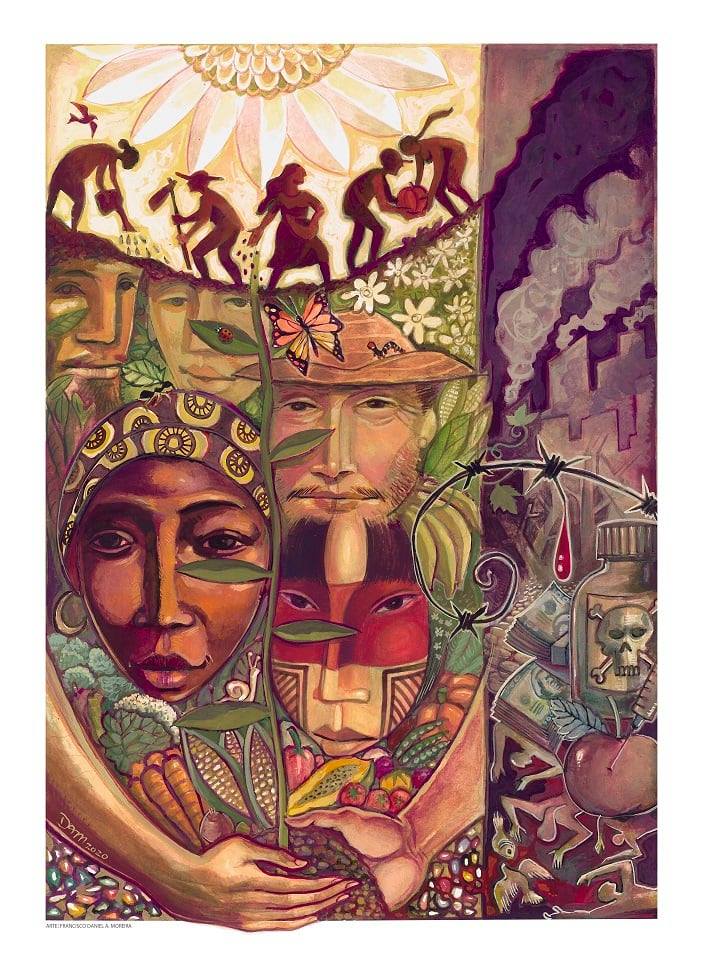
From Disparity to Parity: For an Equitable Food System Now!
- National Family Farm Coalition
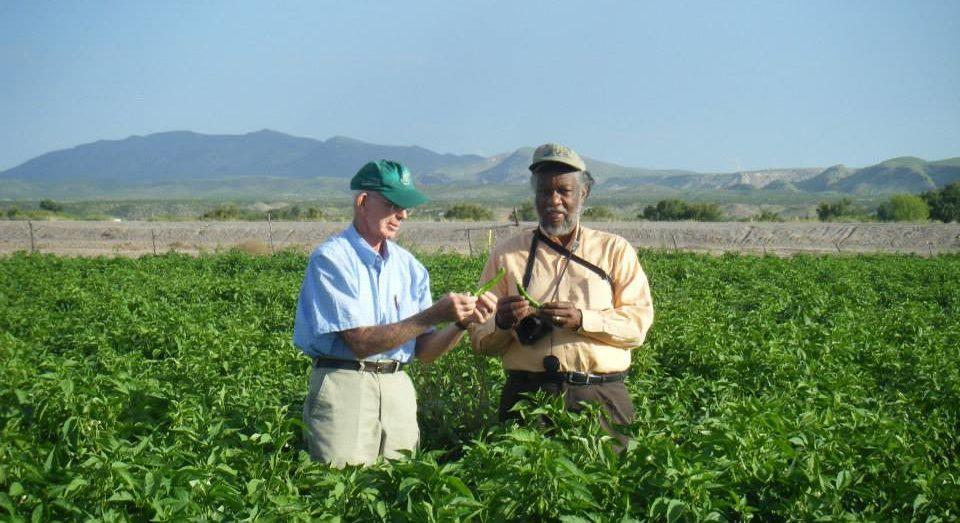
VIDEO: Land Grabs in Brazil
- Grassroots International
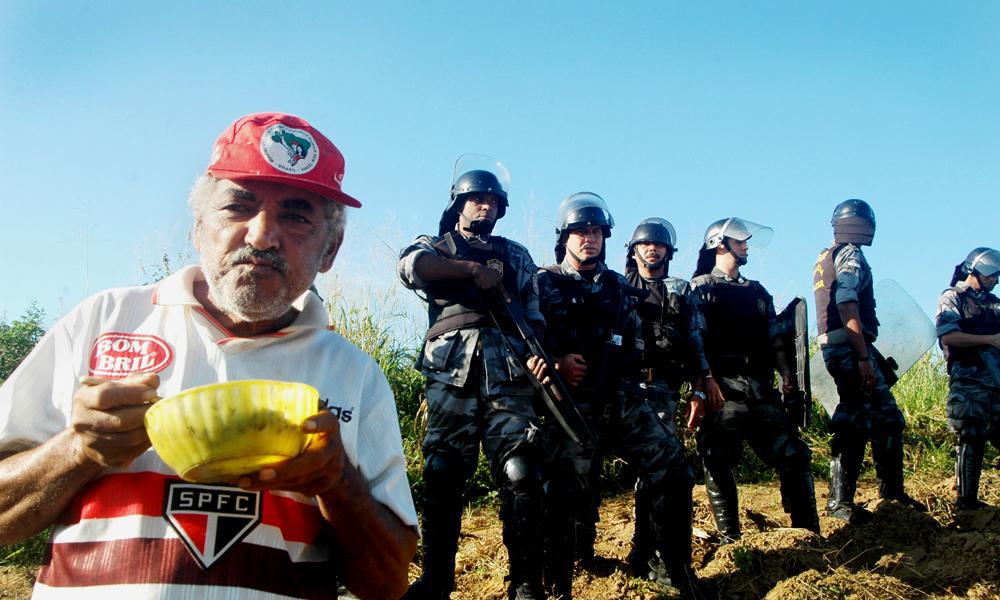
Haitian Movements Denounce Land Grabs
- Statement of Haitian Movements
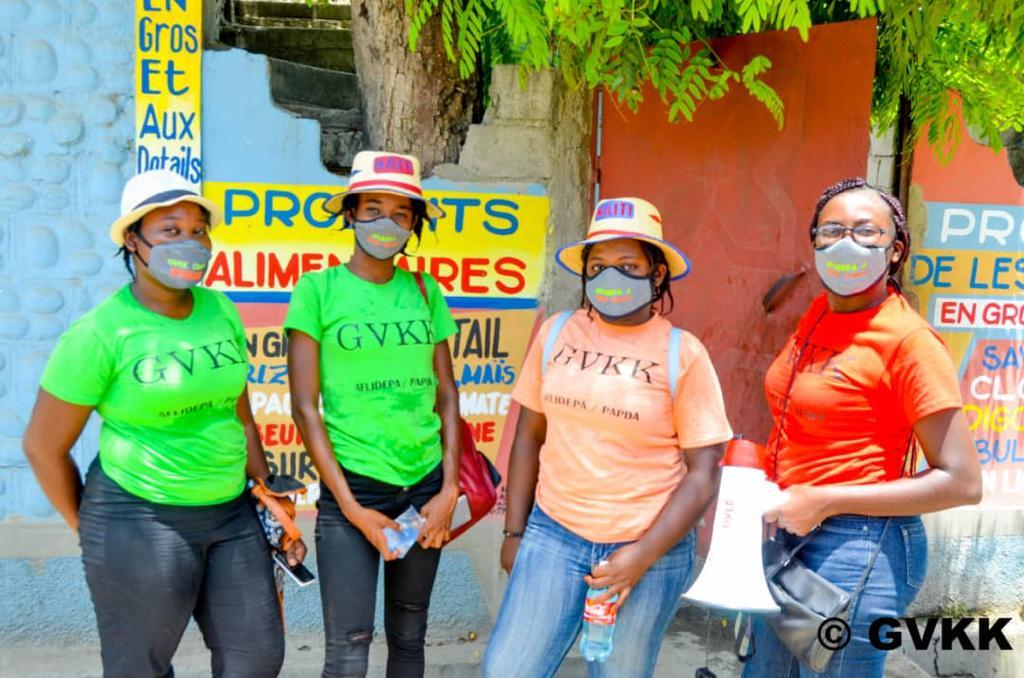
Converging to Overcome Crisis and Change the System
- Salena Tramel
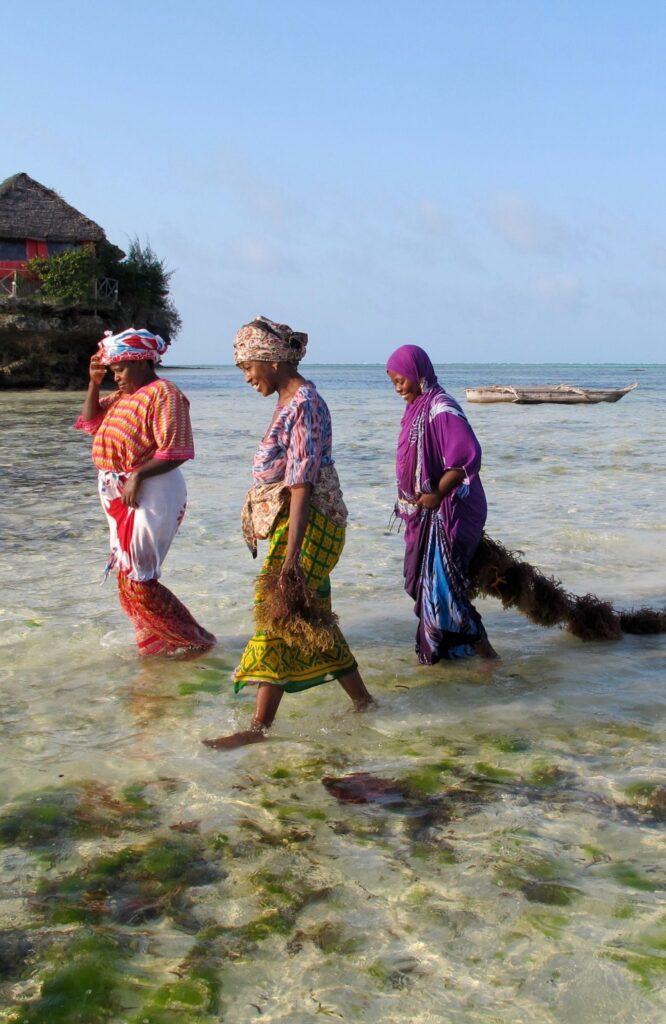
World Food Day: Saluting Food Sovereignty Prize Awardees
- U.S. Food Sovereignty Alliance
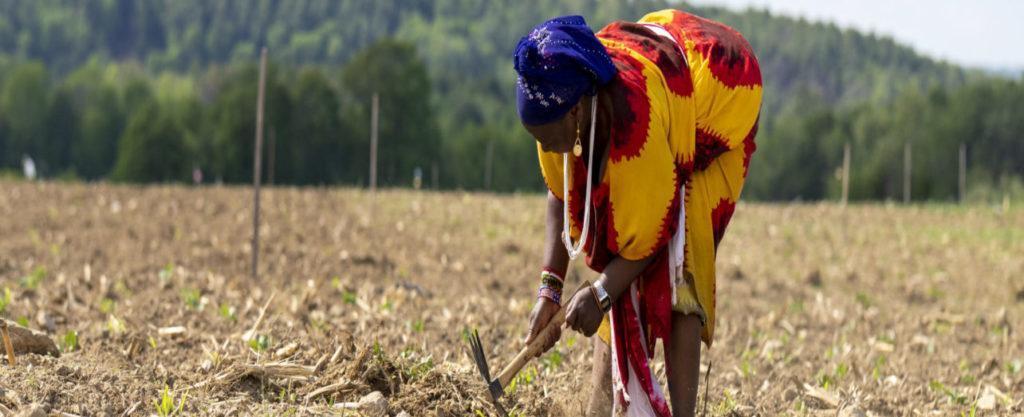
Agribusiness Replaces Hunger with Malnutrition
- TimWise
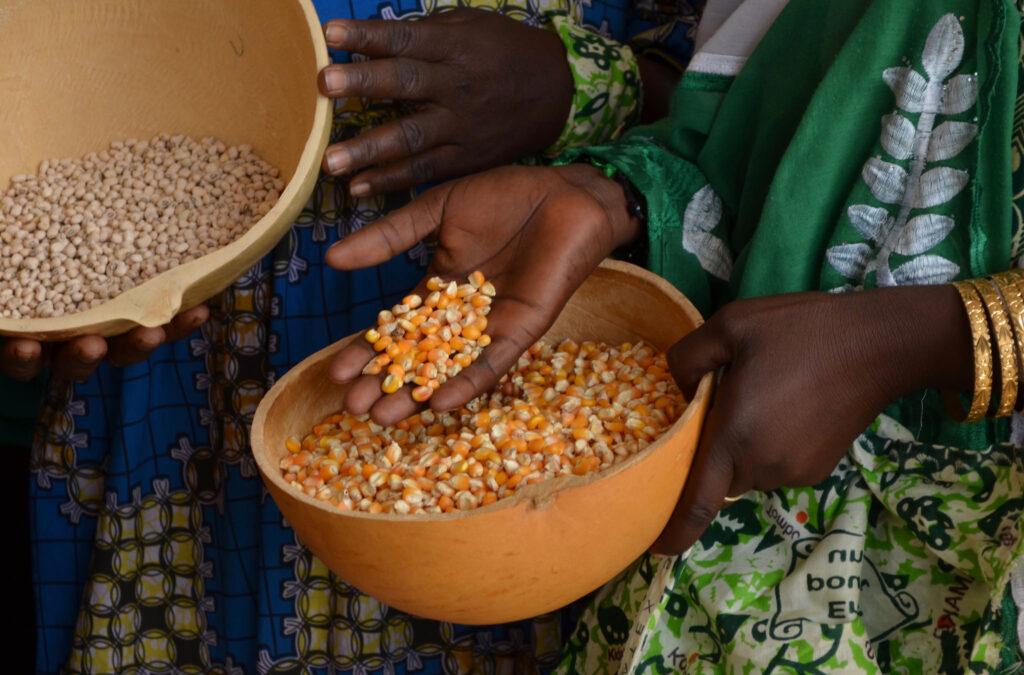
Small-scale Agriculture Can Feed Our Countries
- Agnès Faivre

Movement Poem: “the tools that those frogs spoke about by the fire”
- Efren Uriel Lopez
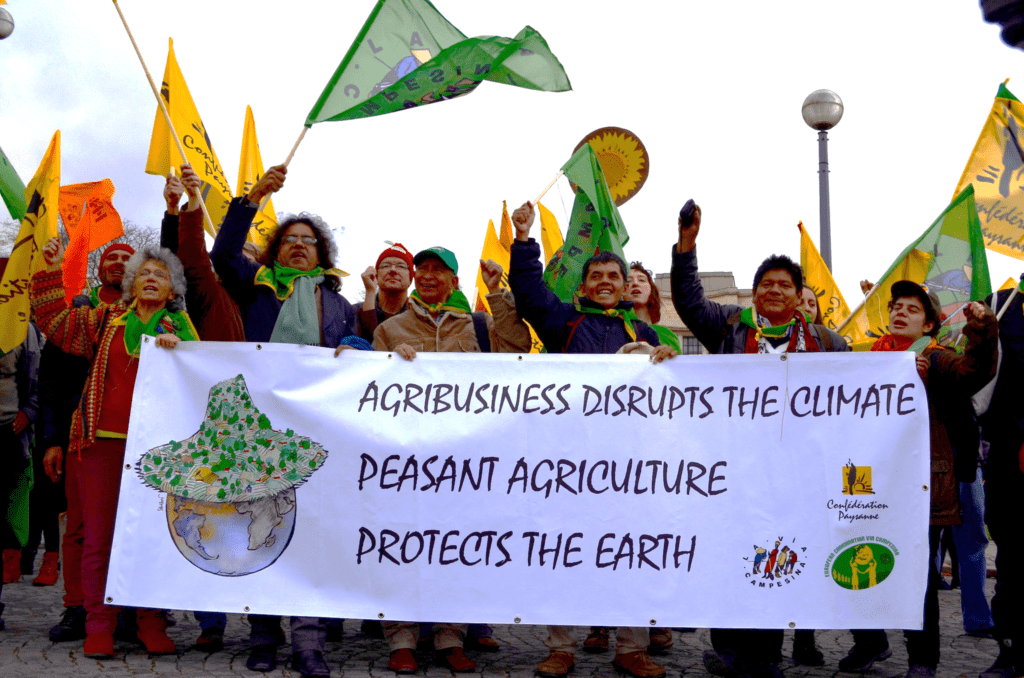
MST Demands COVID-19 Agrarian Reform
- Grassroots International

Dignity over Austerity in Puerto Rico’s Food Sovereignty Movement
- SalenaTramel
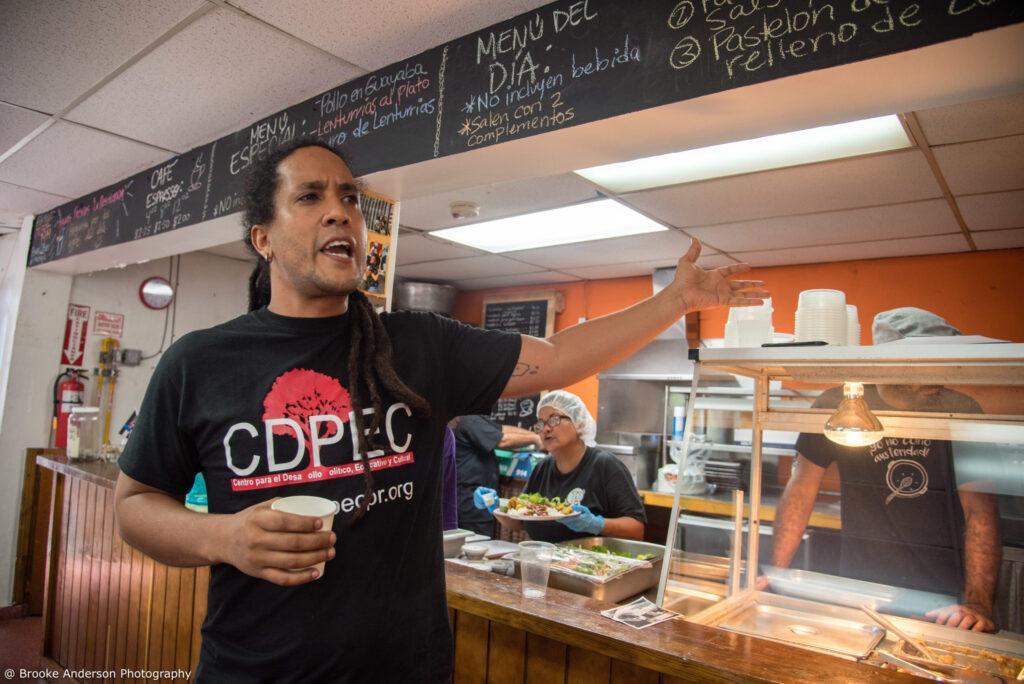
Prevent Agribusiness’s Pandemics with Food Sovereignty
- Chris Morrill
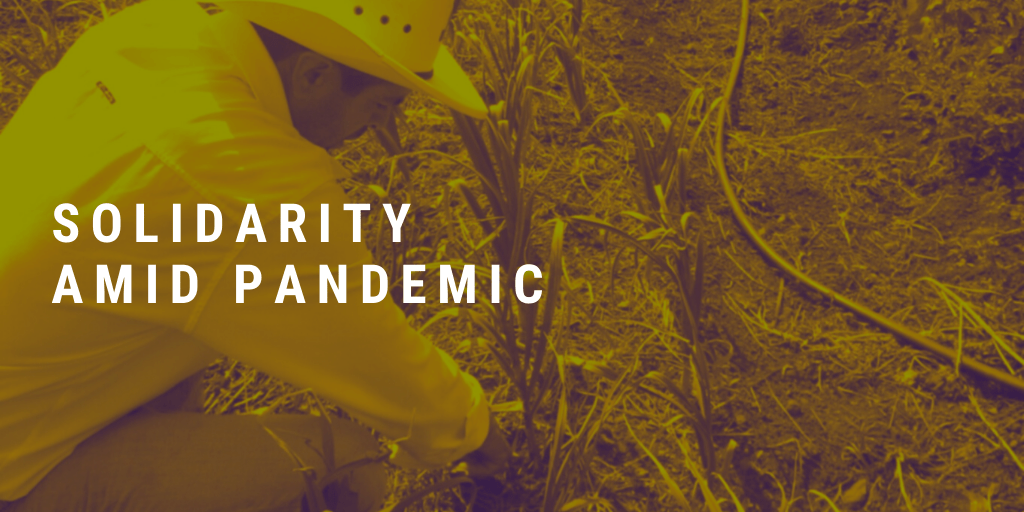
Amid COVID-19, Via Campesina says stay home but not silent
- La Via Campesina

Protesta Y Propuesta: Lessons from Puerto Rico
- Grassroots International and Movement Generation
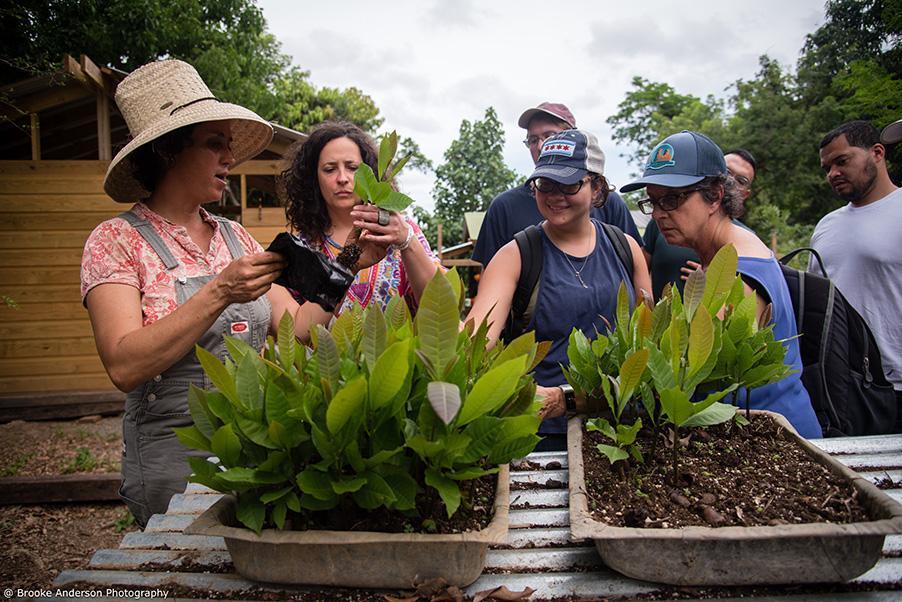
New Report Urges U.S. Philanthropy to Invest in Puerto Rico’s Social Movements
- Grassroots International and Movement Generation
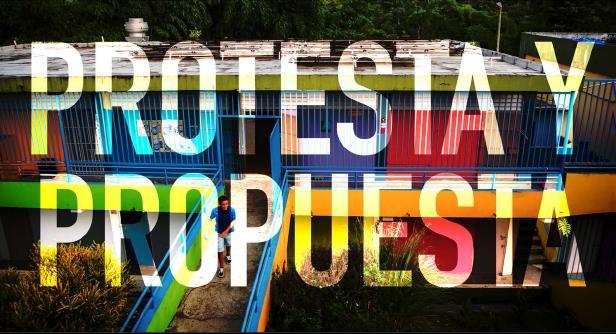
Fighting Bill Gates for the Future of Food
- Million Belay and Timothy A. Wise

What is Organic Farming If Not Sustainable?
- ChrisMorrill
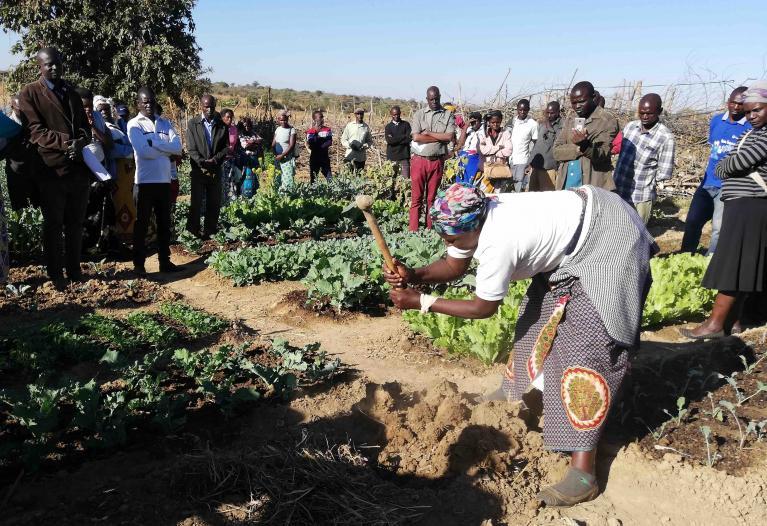
Coming Out! Gender Diversity in the Food System
- Paula Gioia

Fossil Fuel Free Farming in Africa
- Chris Morrill
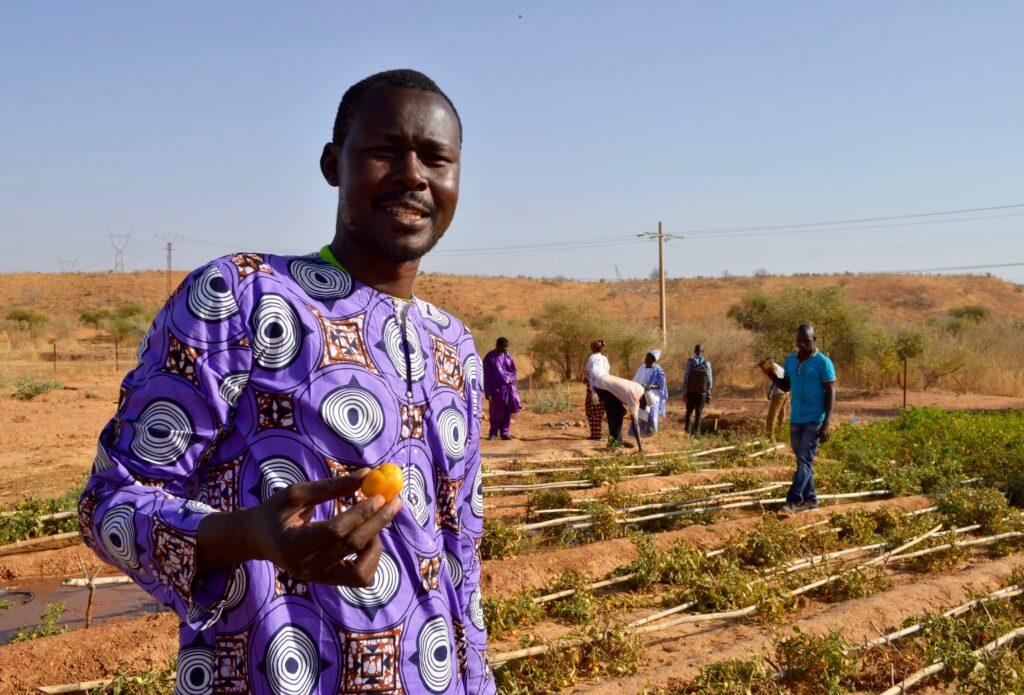
We’re All in the Same Lifeboat Now: Climate Change Comes for Farmers, from Mozambique to Iowa
- Timothy A.Wise
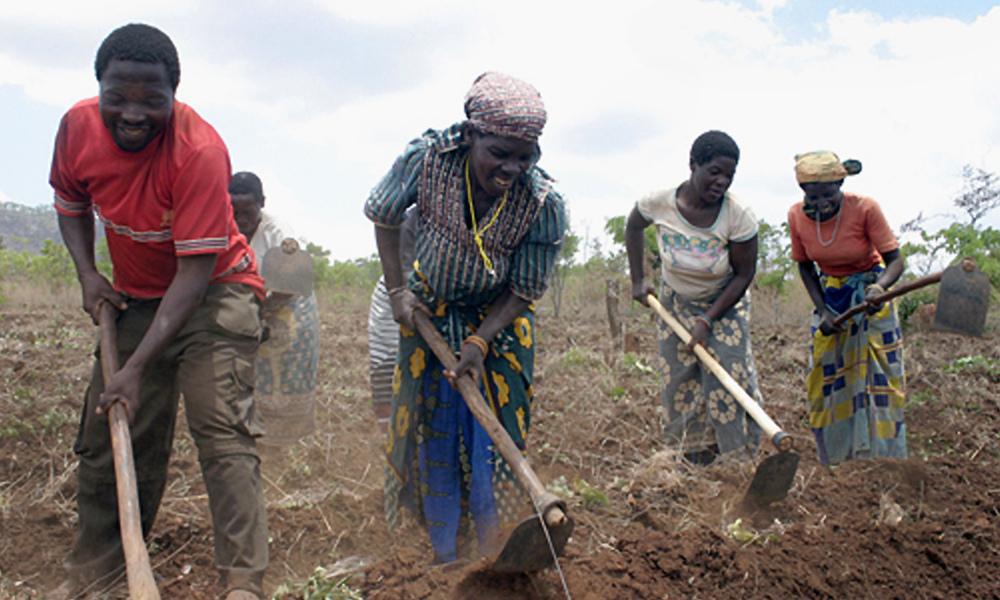
Pesticides, GMOs and Fires vs. Agroecology
- Chris MorrillMorrill
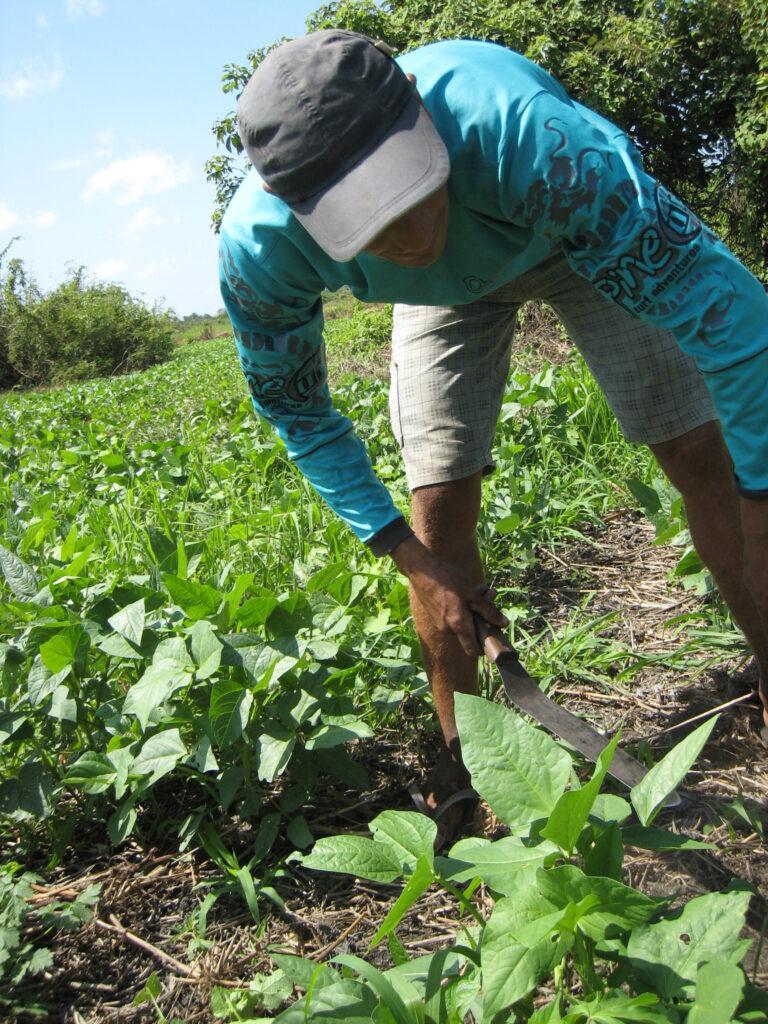
Joy and Hope Amid Struggle in Brazil
- Piper Carter
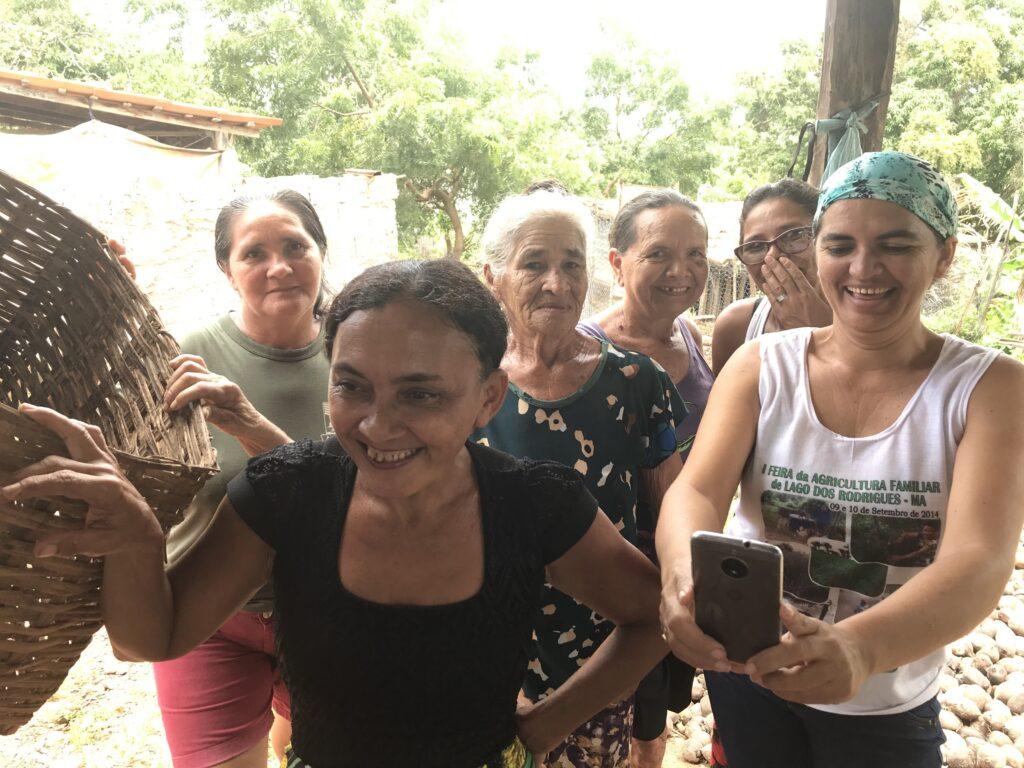
Family Farming Could Feed Haiti and Protect It From Climate Change
- Jean-Rusnel Etienne
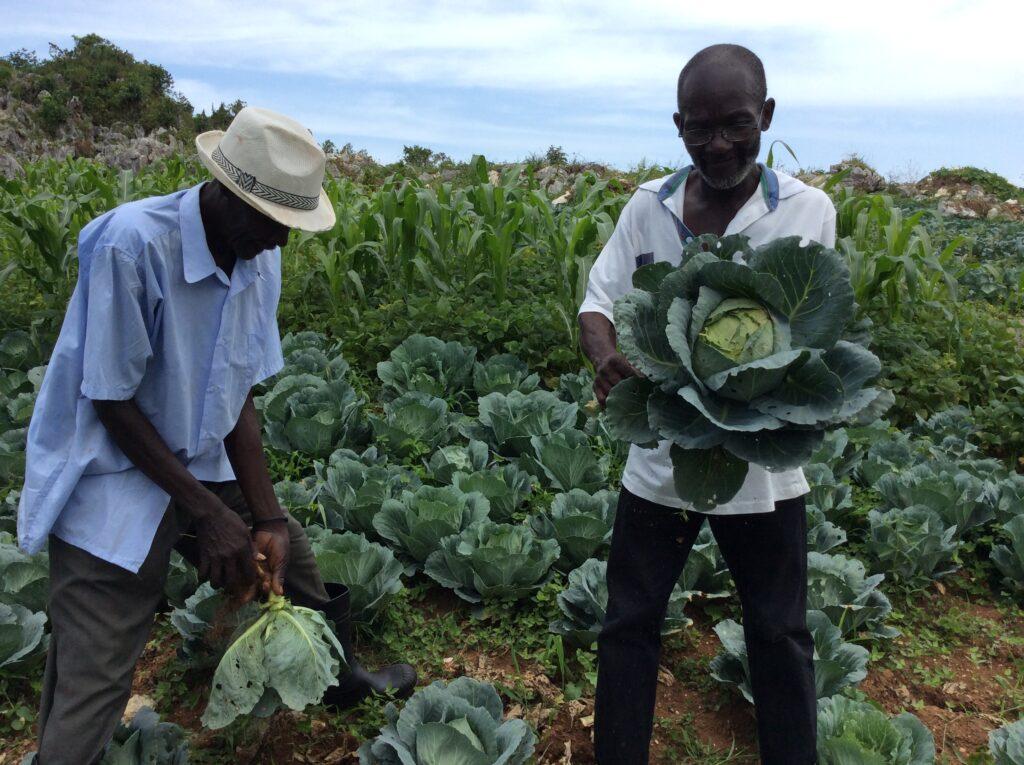
Knowing their Audience: Popular Media and Education for Movement Building in Haiti
- Chris Morrill
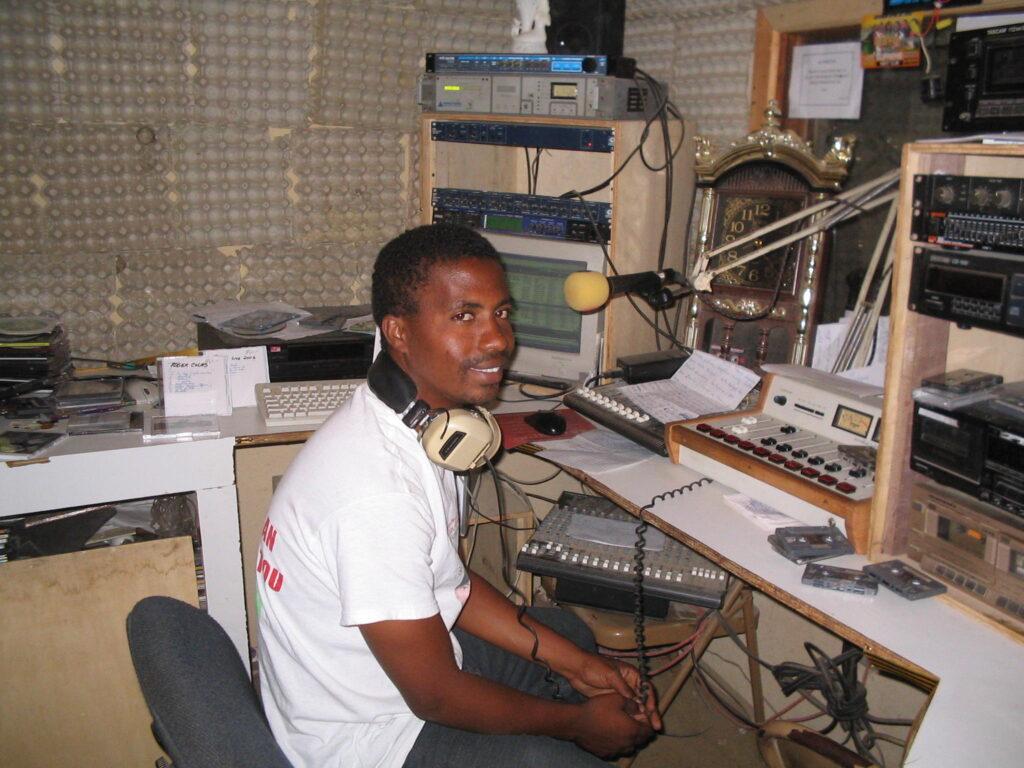
Stopping Colleges’ Land Grabs: Farmers and Faculties Unite
- Chris Morrill
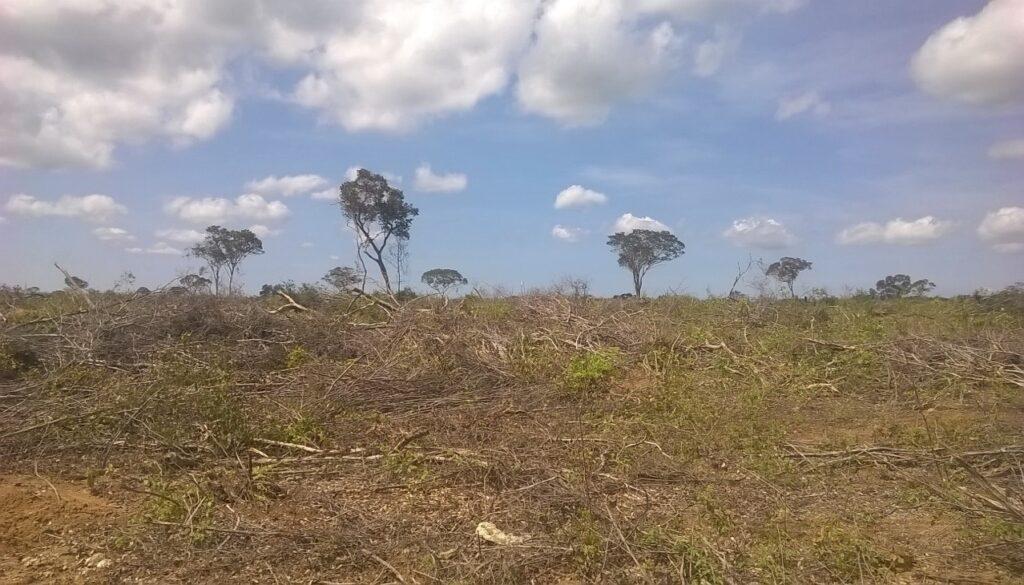
Swift Foundation Open Letter: Support for Land Rights Means Support for Grassroots Leadership
- Swift Foundation
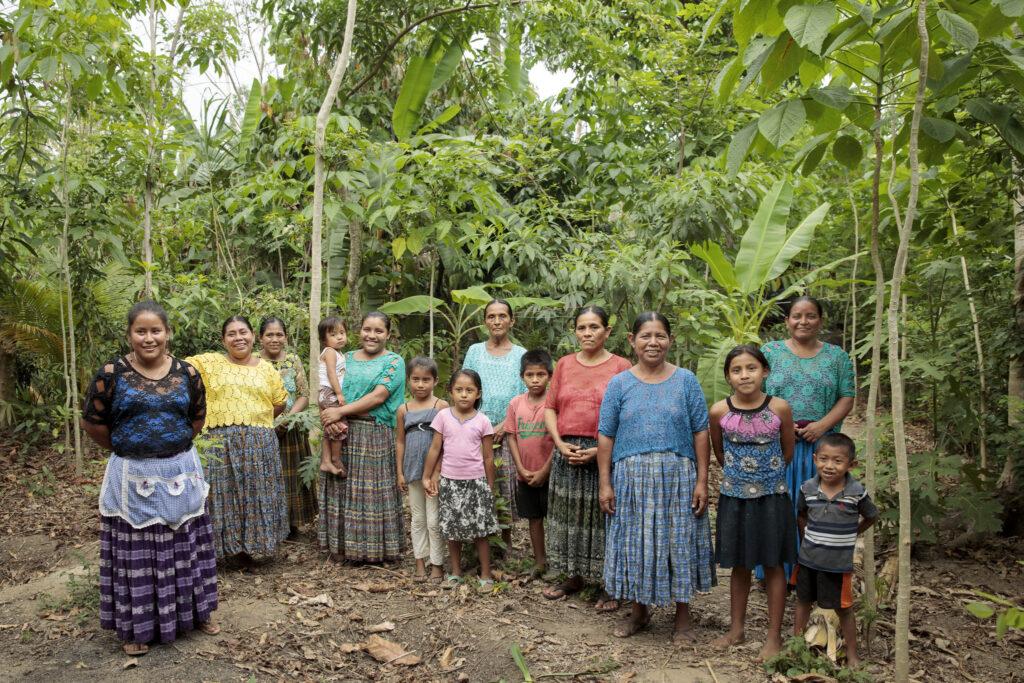
Embracing Grassroots Feminism
- SalenaTramel
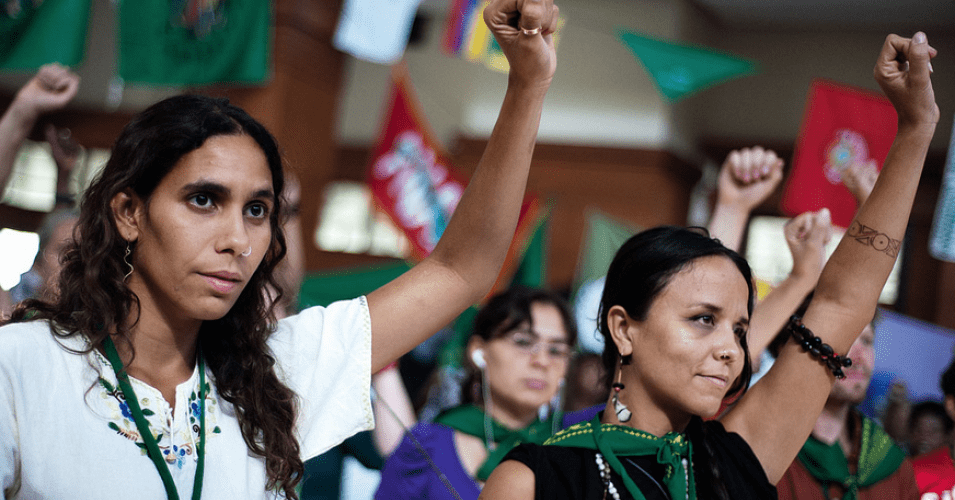
Babaçu Nut Harvesters Organize for Land and Livelihoods in Brazil
- Chung-Wha Hong and Lydia Simas
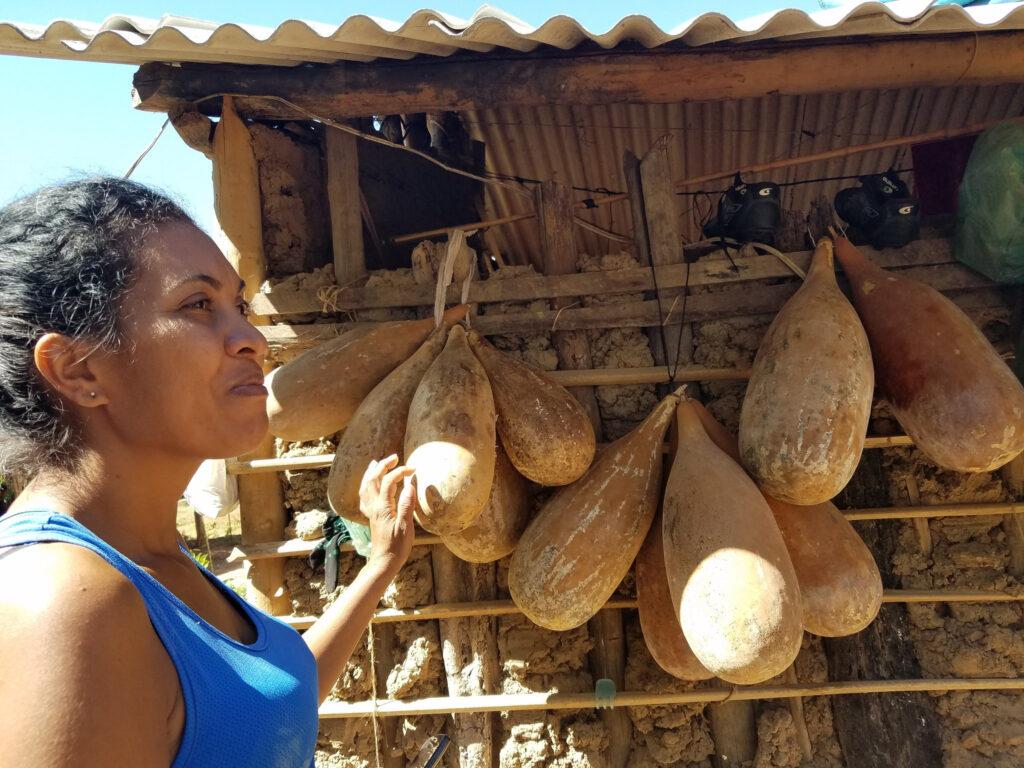
2018 in Review: Growth of Resistance, Impact
- JonathanLeaning
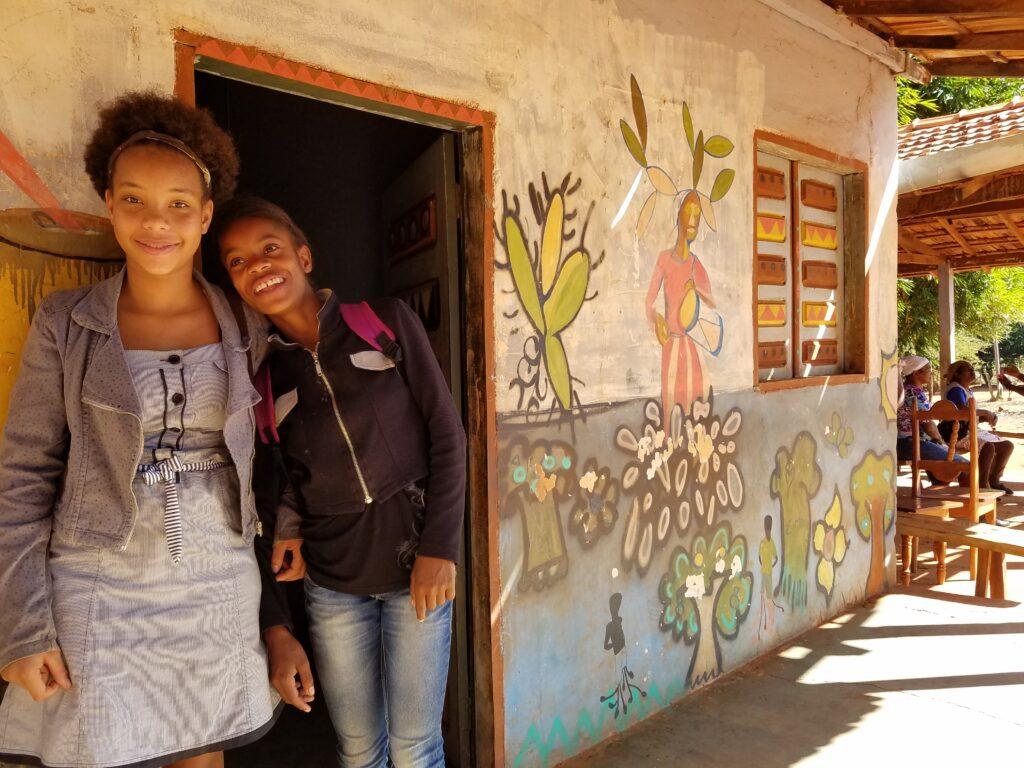
Peasants’ Rights are Human Rights
- Emma George
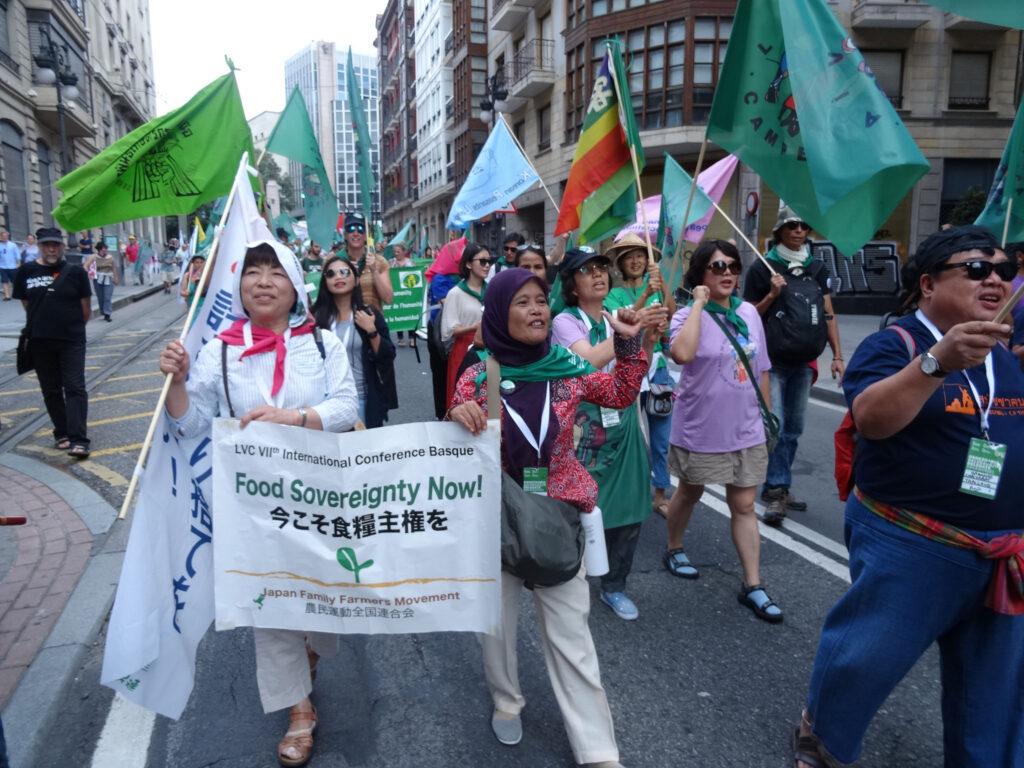
Tell TIAA to Get Out of the Land Grabbing Business
- Family Farm Defenders
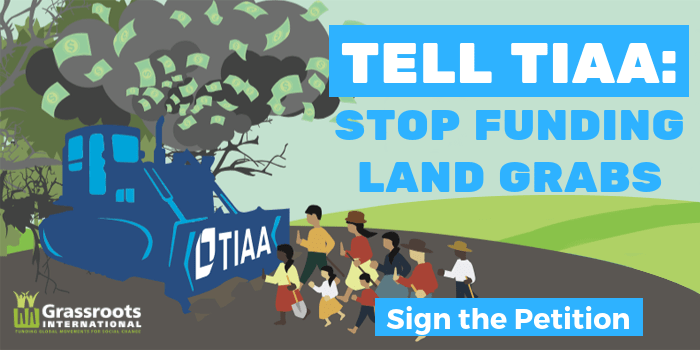
Agroecology as a Tool of Sovereignty and Resilience in Puerto Rico After Hurricane Maria
- HeatherGies

Grassroots Movements Celebrate Building Solutions to Food and Climate Crises
- US FOOD SOVEREIGNTY ALLIANCE
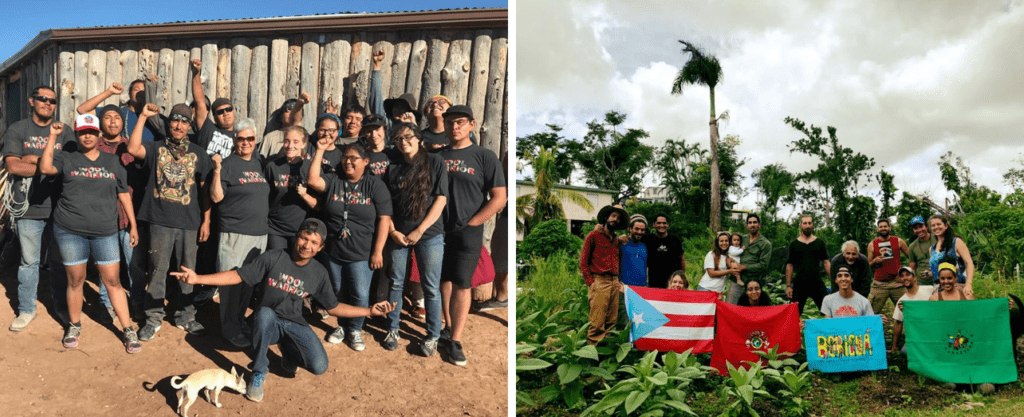
Announcing the 2018 Food Sovereignty Prize Honorees
- US Food Sovereignty Alliance

New Publication Details the History of the US Food Sovereignty Alliance
- US Food Sovereignty Alliance
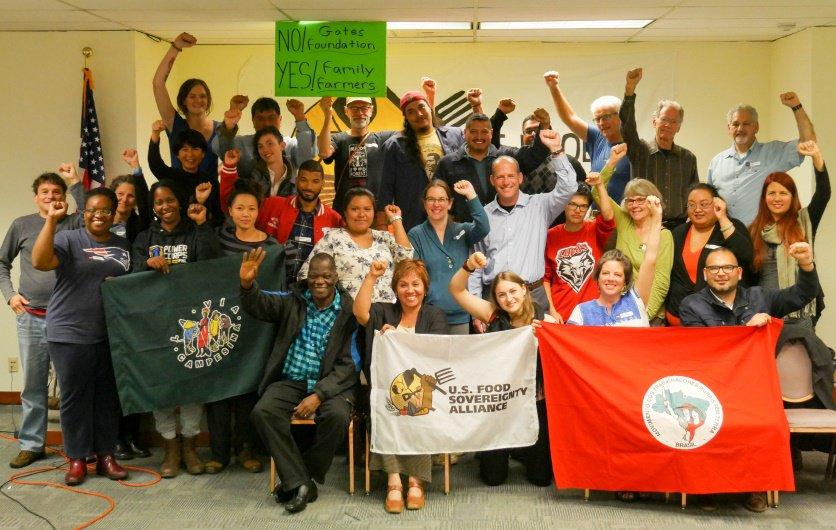
‘This Is Life or Death for Us’: Mexico’s Farm Movement Rejects New NAFTA Agreement
- TimothyWise
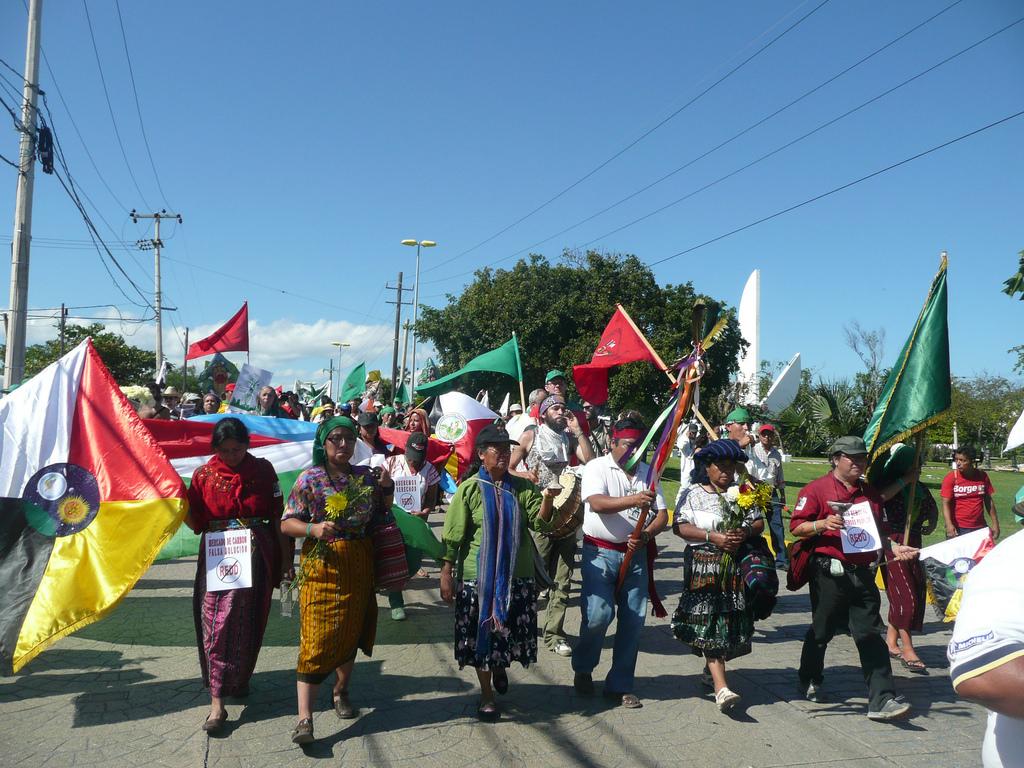
Farmers Need Fair Prices, Not NAFTA-Lite and Meager Tariff Aid
- National Family Farm Coalition
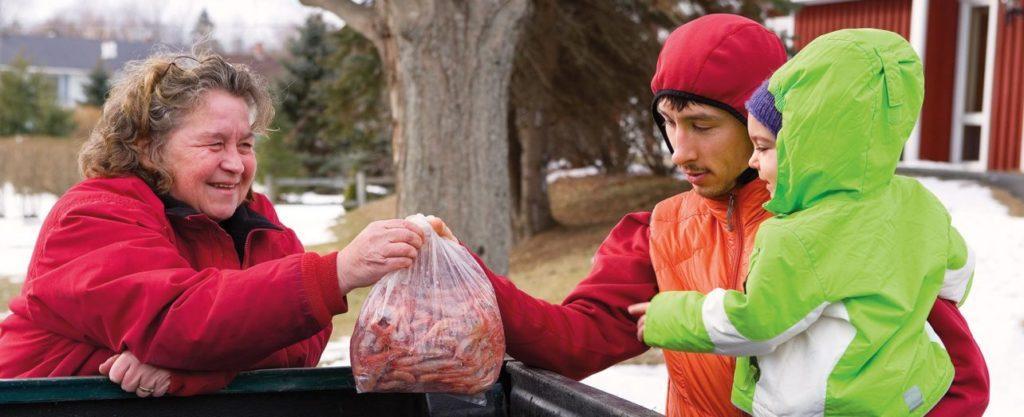
Mariama Sonko: Our Health Depends on our Food
- Alliance for Food Sovereignty in Africa

Building International Solidarity
- Leonie Rauls
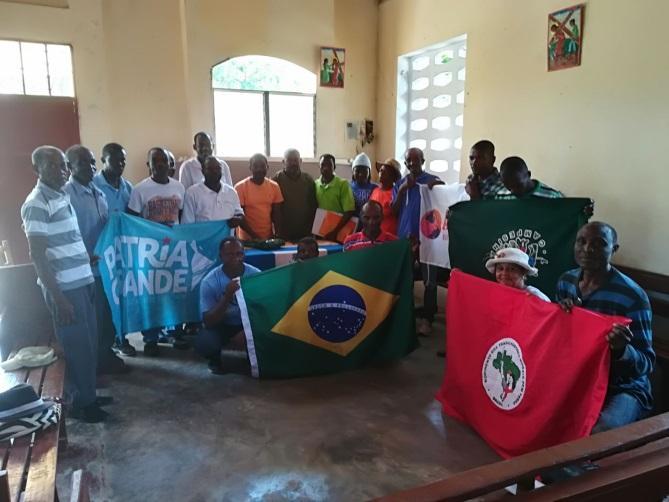
A Hunger Strike for Judicial Justice
- Leonie Rauls

Sharpening Communication: Harnessing the Media to Build Solidarity
- Leonie Rauls
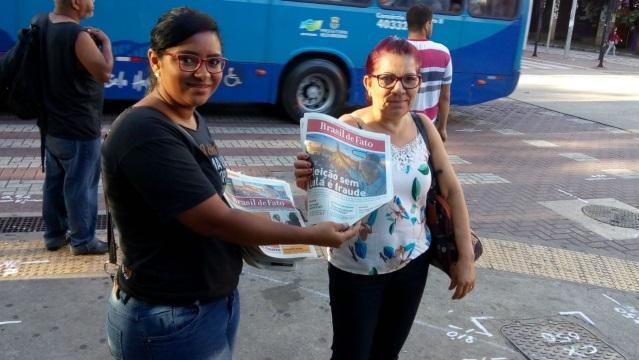
Black August: Seeing Hope and Sticking to It
- ChrisMorrill
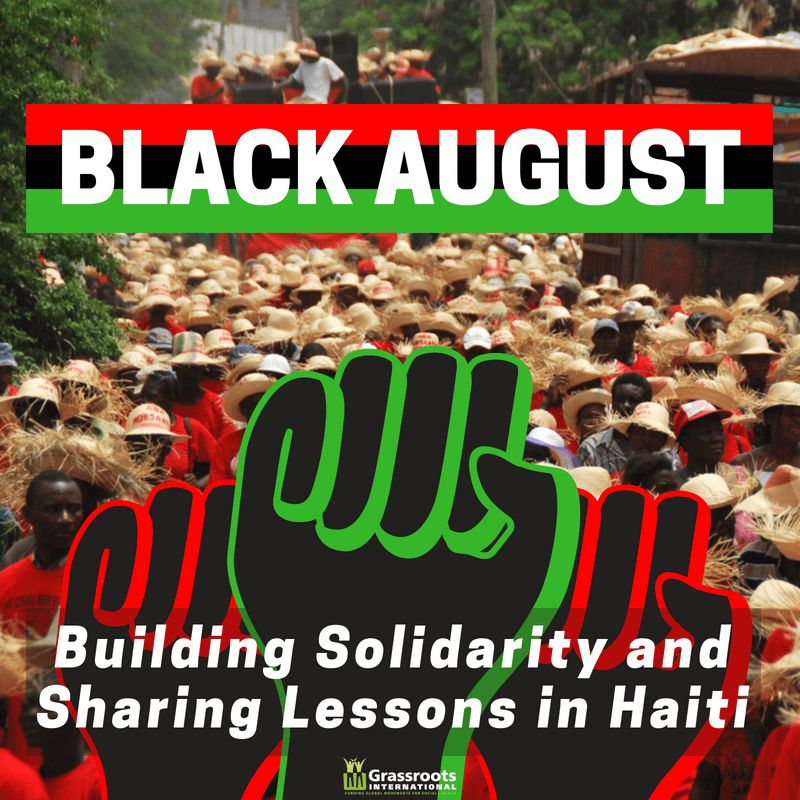
Elizabeth Mpofu: Agriculture and Advocacy Take Time
- Alliance for Food Sovereignty in Africa
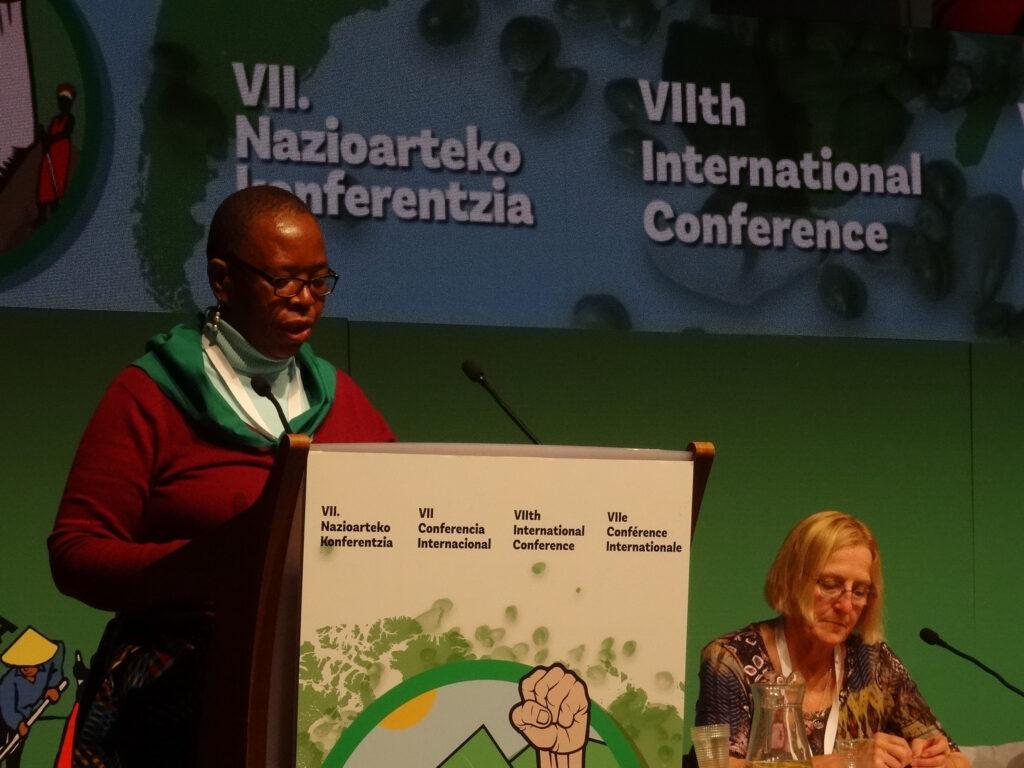
Interview with Ramata Ouedraogo, Farmer with We Are the Solution
- JonathanLeaning
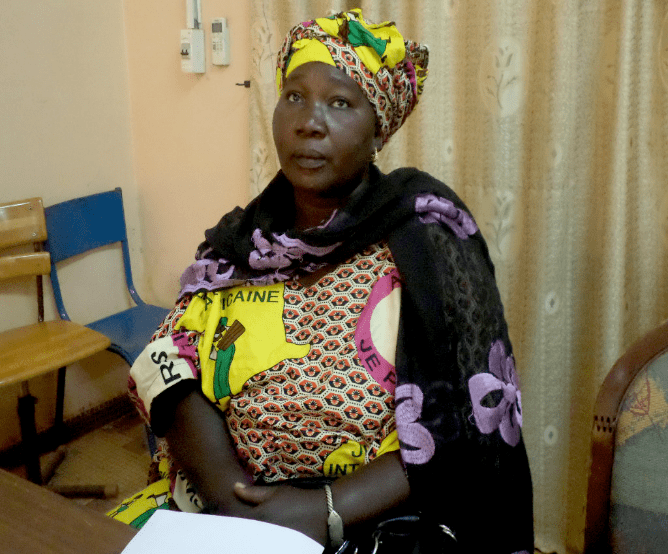
VIDEO: A Conversation with Flavio Barbosa, MST
- ChrisMorrill
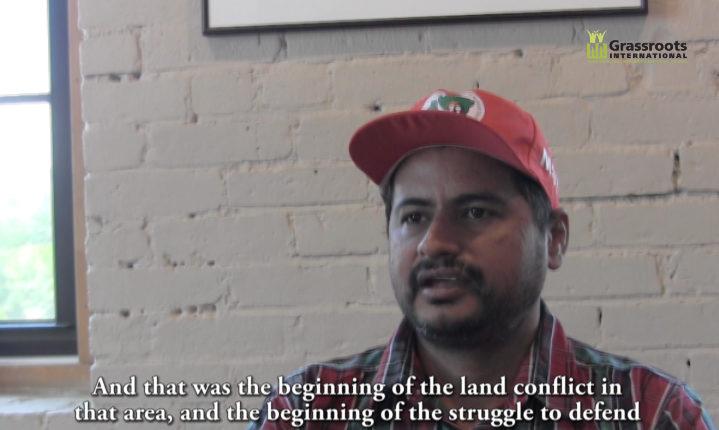
Statement from Mexican Social Movement on Secretary of Agriculture Nominee
- The Network in Defense of the Native Corn of Oaxaca
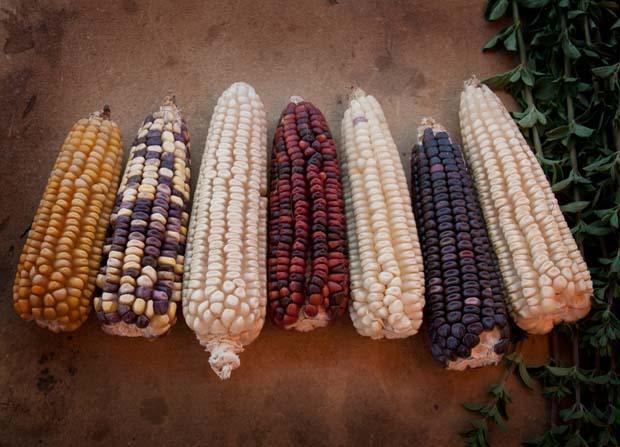
Dessalines Brigade: An Activity with Women from MOREPLA & an Agroecology Training with Tet Kole
- ALBA Movimentos

US Food Sovereignty Alliance Organizing Its IV National Assembly
- ShannonDuncan Bodwell
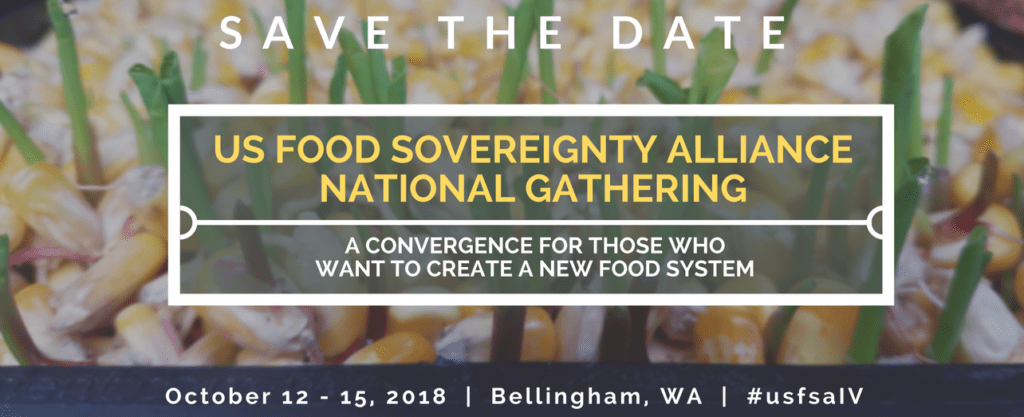
Rooting the Movement: The Importance of Political Education/Formation
- LydiaSimas
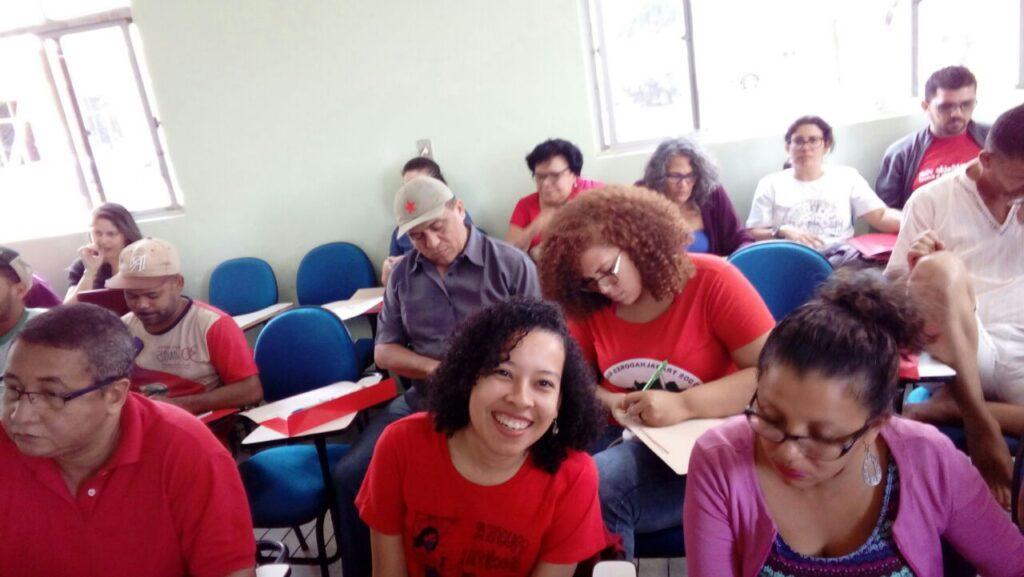
Family Farmers Applaud Defeat of Regressive House Farm Bill
- National Family Farm Coalition

Hands Off African Seeds! – No Intellectual Property on Life
- Alliance for Food Sovereignty in Africa
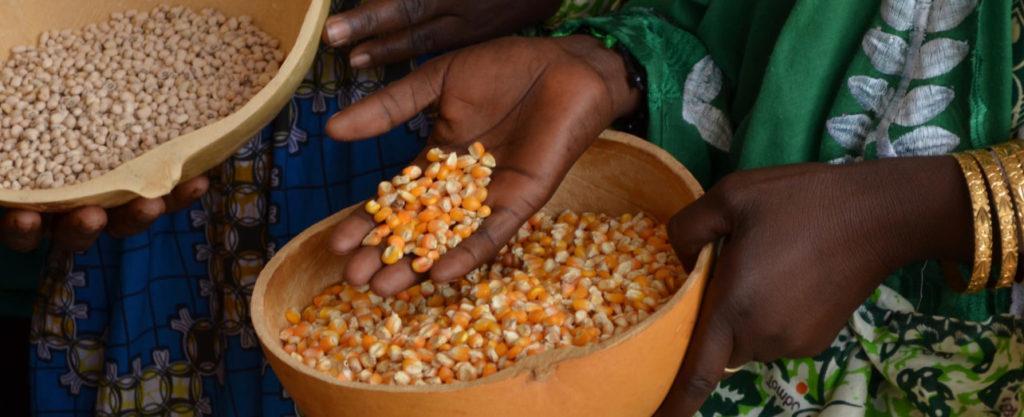
April 17th: We Demand that the Peasants Rights are Guaranteed
- La Via Campesina
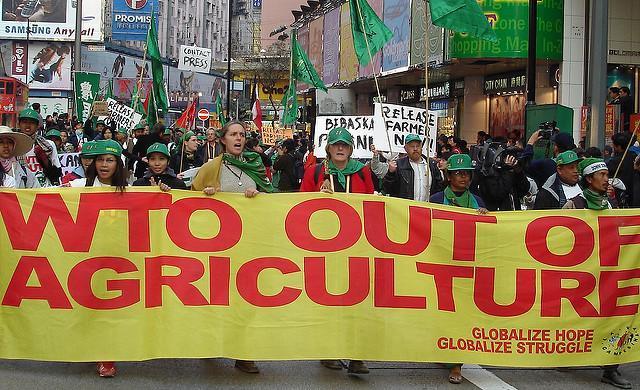
France Declares New Alliance for Food Security and Nutrition Failed in Burkina Faso
- Nicholas Johnson
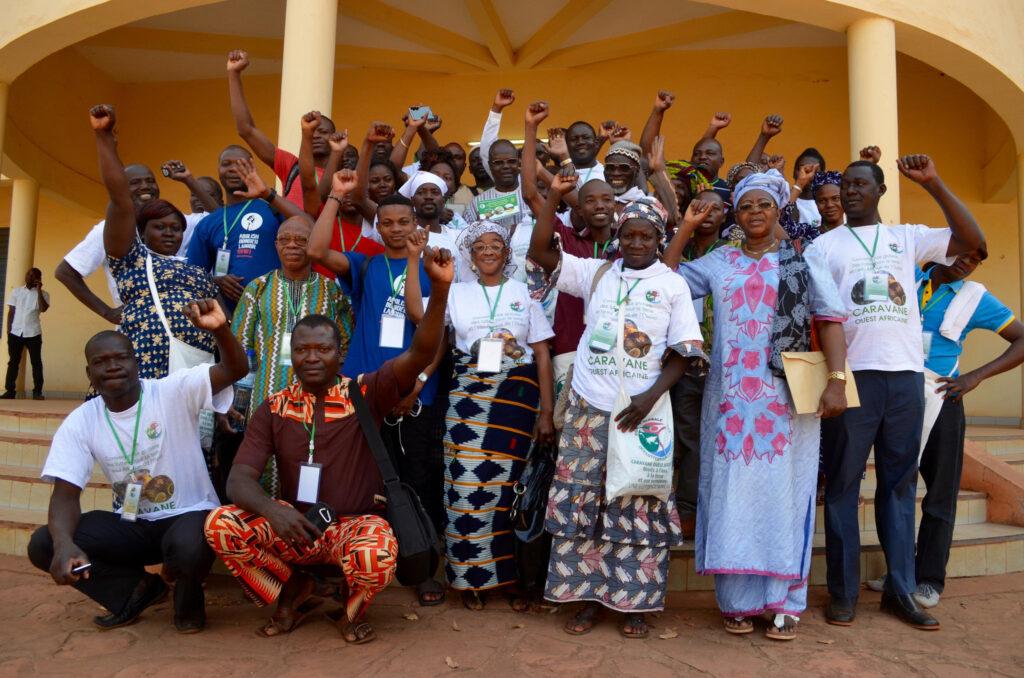
Traversing the Dry Corridor: An Account of the Peasant Women Cooperatives in Honduras
- Monica Pelliccia

Brazil at the Crossroads: Organizing for Land and Water Rights in Dangerous Times
- LydiaSimas
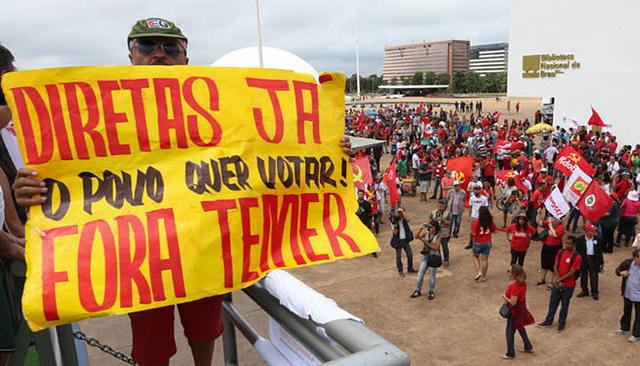
“We Are the Solution” Cultivates Seeds for a New Generation
- ChrisMorrill
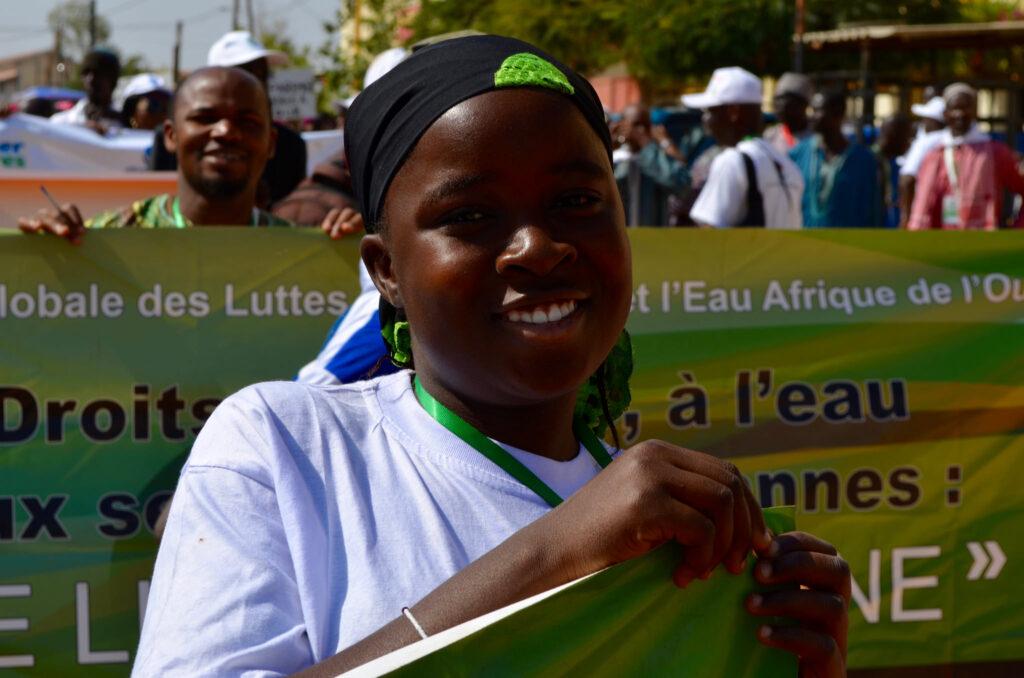
Fishery Defenders Celebrate NOAA’s Charges Against “Codfather”
- ChrisMorrill

Murder and Assault Committed Against Evicted Families in Guatemala
- Peasant Unity Committee
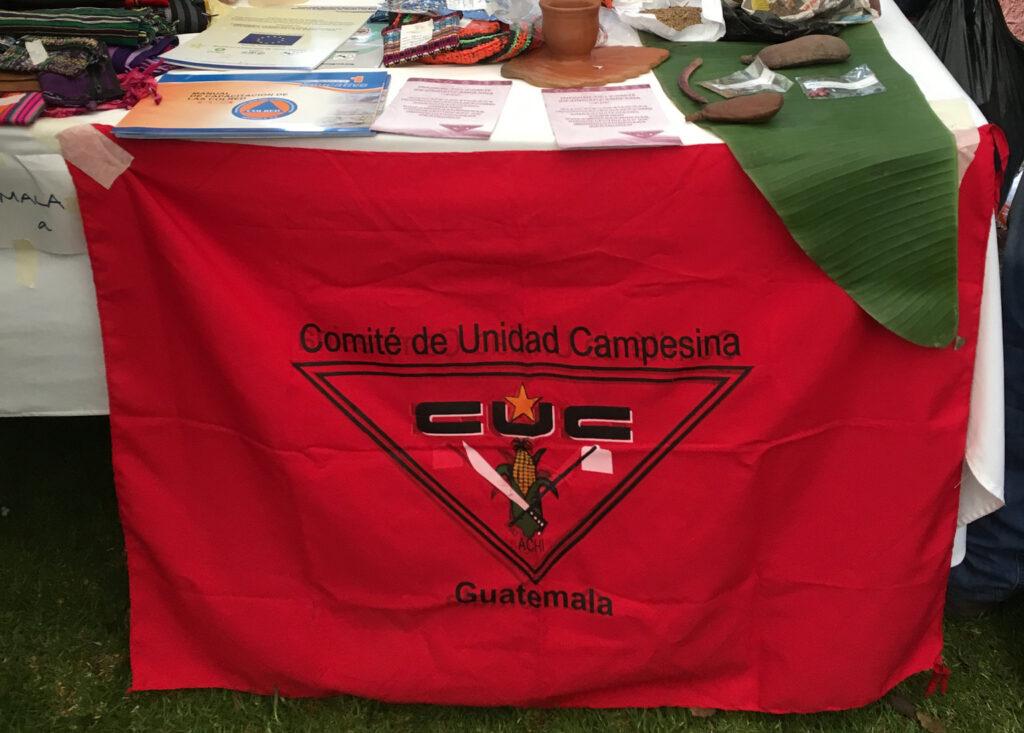
Security Forces Persecute Peasant Union Leaders in Honduras
- Platform of the Social and Popular Movement of Honduras
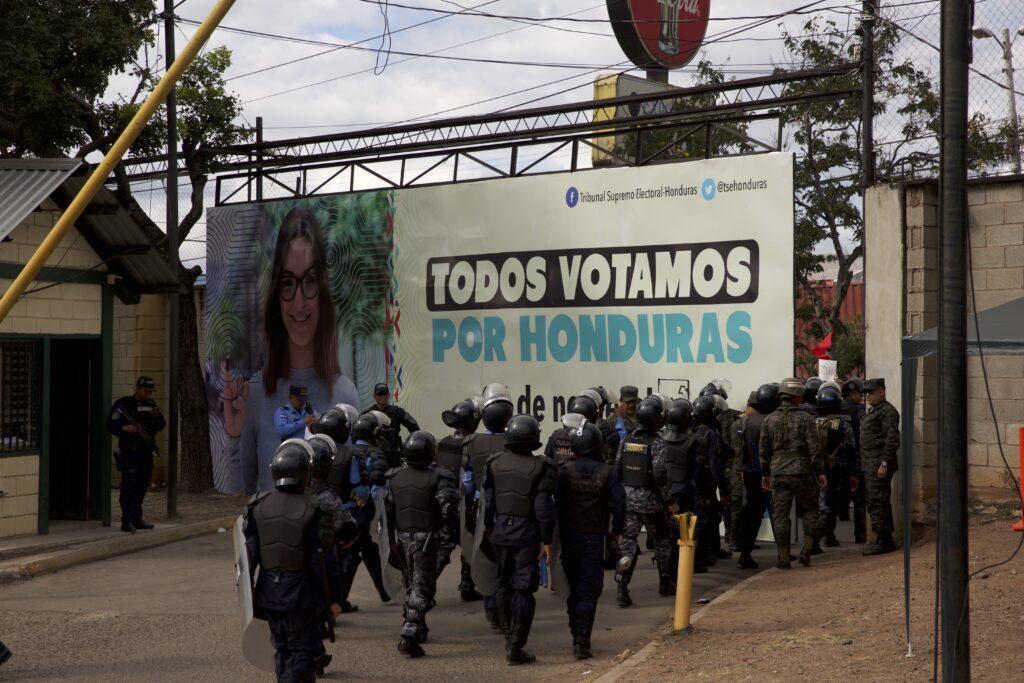
Photo Blog: Agroecology Practices and Product Fair
- OpalMita
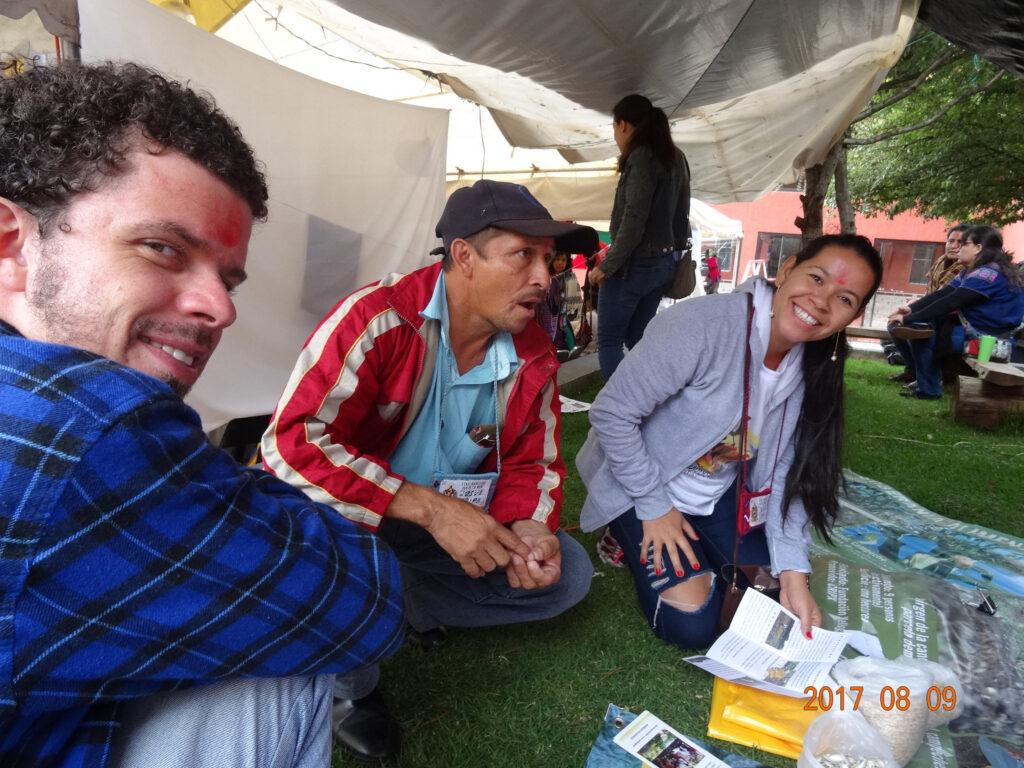
Movement Building at the Heart of Haitian Peasants’ Response to Climate Change
- Mina Remy and Salena Tramel
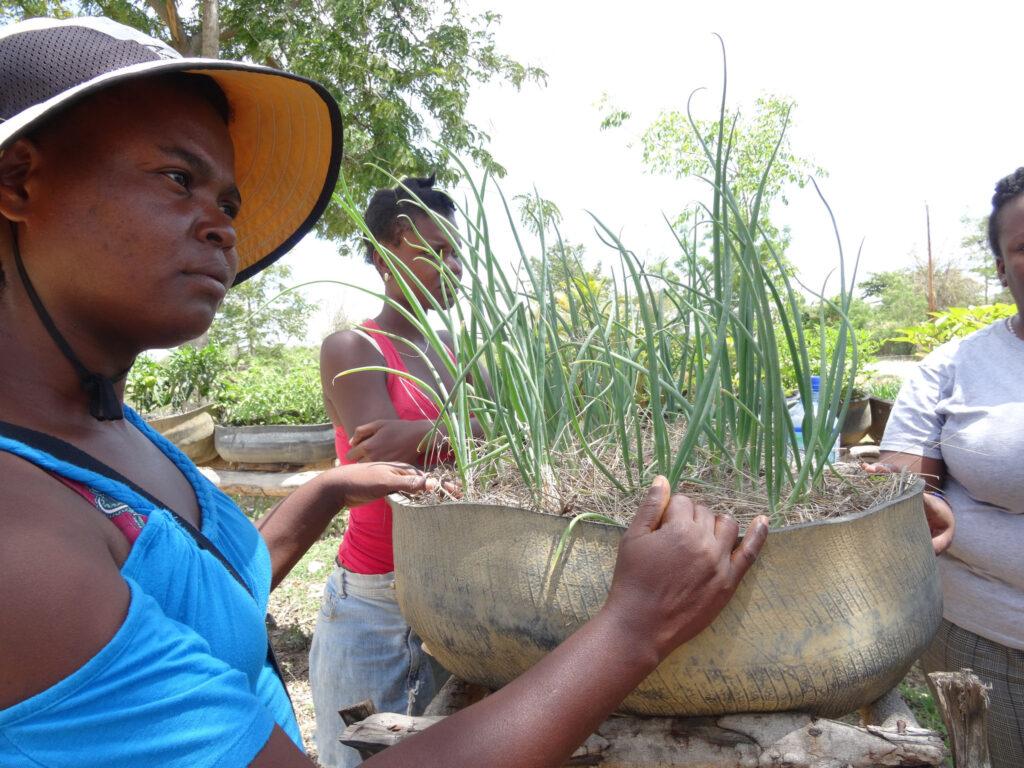
Between Hope and a New Horizon
- Nilmar Lage
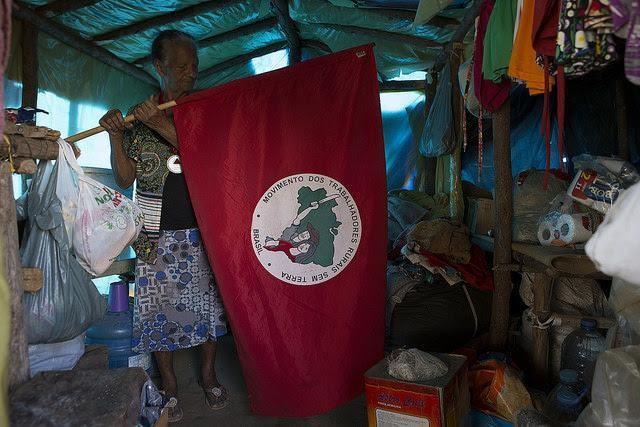
TIAA Tied to Deforestation and Displacement of Farmers, Environmentalists Claim in New Report
- Rede Social de Justiça e Direitos Humanos

U.S. Pension Fund TIAA Implicated in Brazilian Land Grabs
- Allison Kaika

Celebrating Women’s Leadership and Resilience
- Mina Remy

Schell Report Details Harmful Effects of Haiti’s Agricultural Mega-Development Plans
- Yale Law School Today
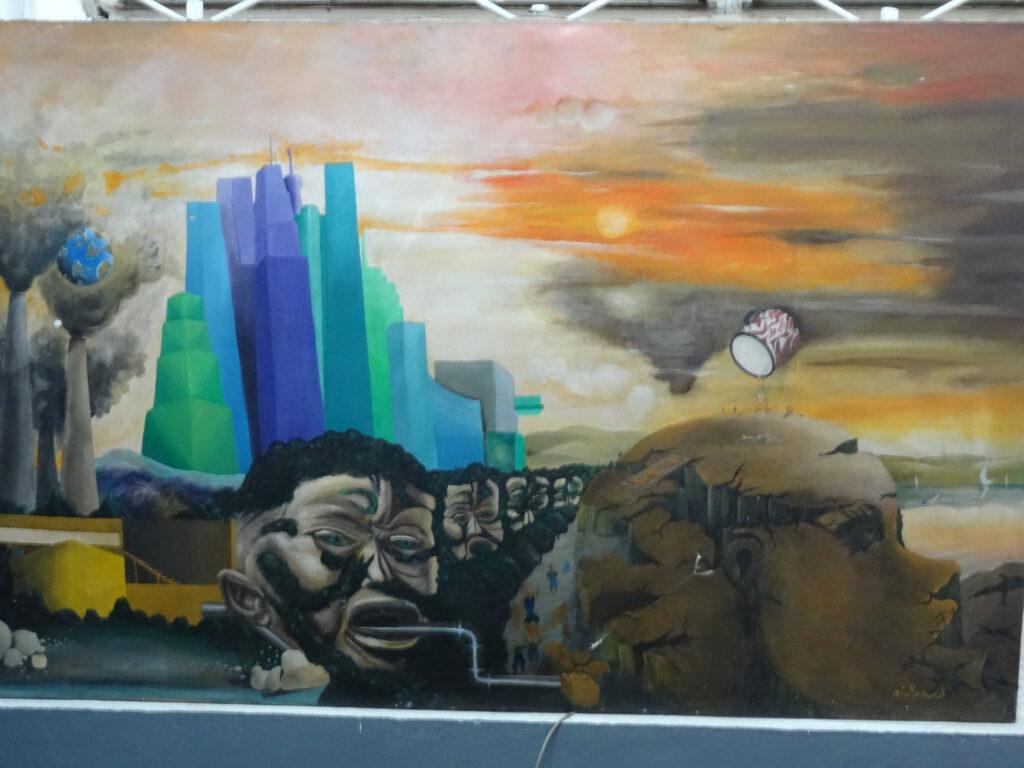
Puerto Rico Still in Crisis, Human Rights Violation
- CarolSchachet
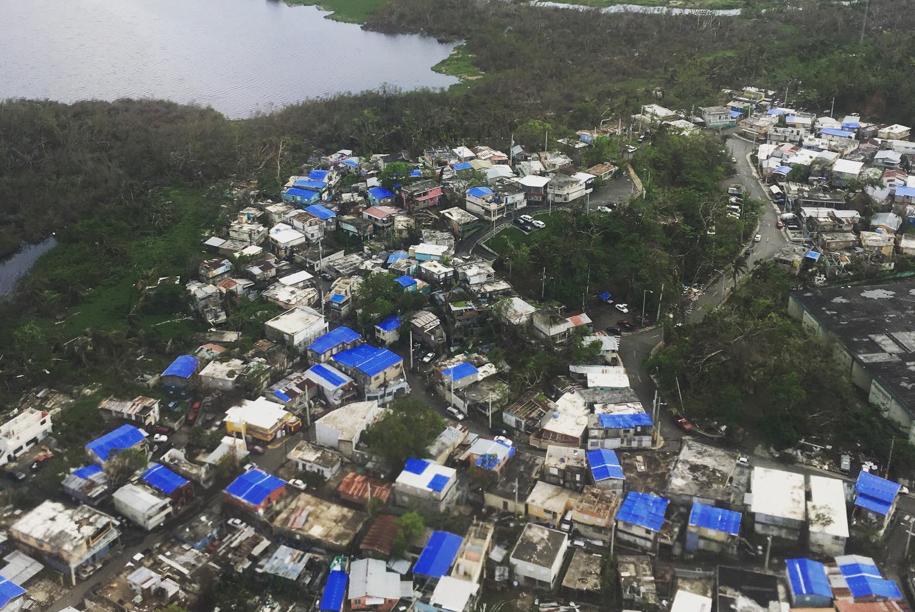
On ‘Food Sovereignty Day’ La Via Campesina Launches Publication on Food System
- La Via Campesina
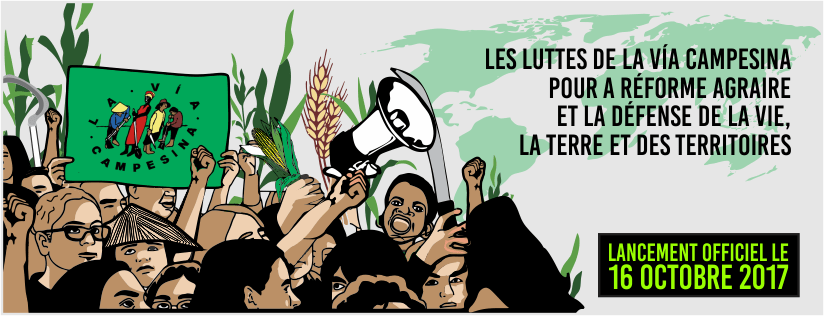
Cotton Farmers Stand Up, Monsanto Backs Down
- Allison Kaika

2017 Food Sovereignty Prize Winners Announced
- ChrisMorrill
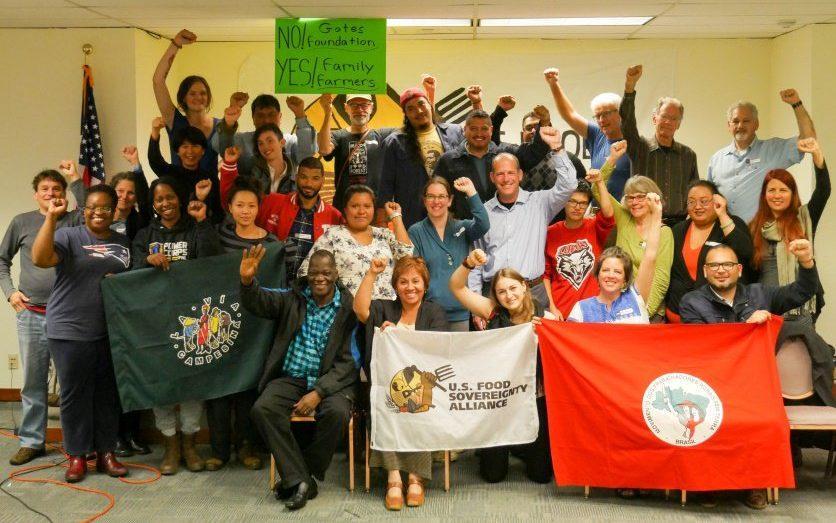
Farm, Food and Rural Advocates Ask House Agricultural Committee for a Fair Farm Bill
- Allison Kaika

Did Monsanto Write Malawi’s Seed Policy?
- TimothyWise

Voices from the Via: Attendees from International Conference Share Thoughts
- La Via Campesina
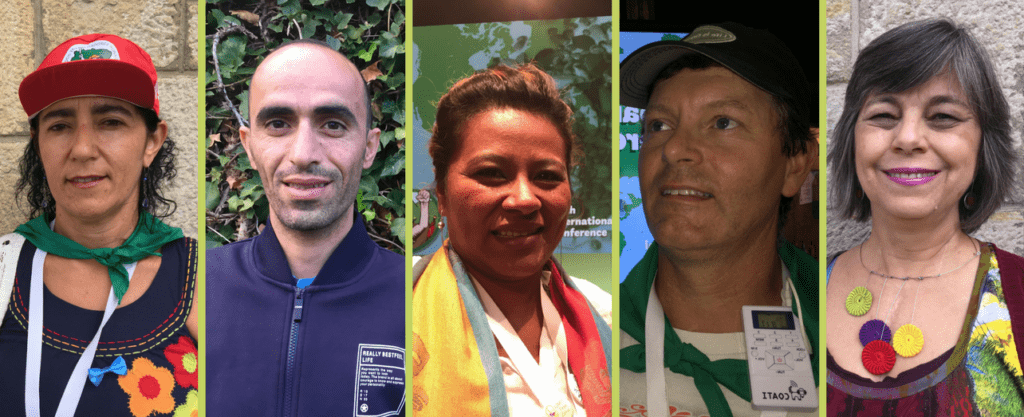
VIIth International Conference, La Via Campesina: Euskal Herria Declaration
- La Via Campesina
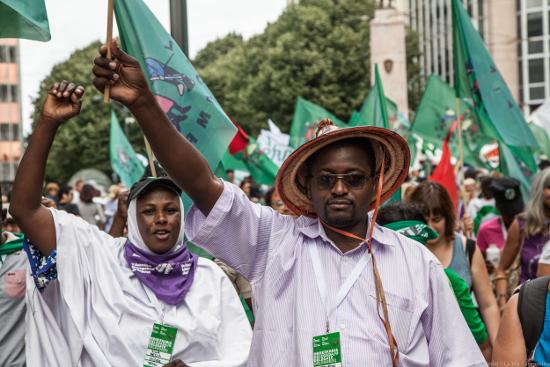
Marina dos Santos Brings Message from the MST to Via Campesina Conference
- Leonardo Fernandes
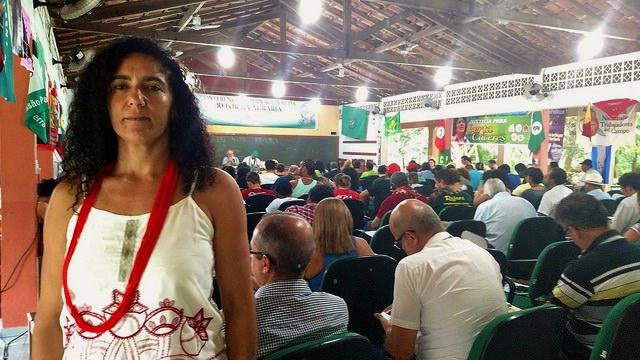
Peasants From Over 70 Countries Meet to Build Food Sovereignty
- SaraMersha
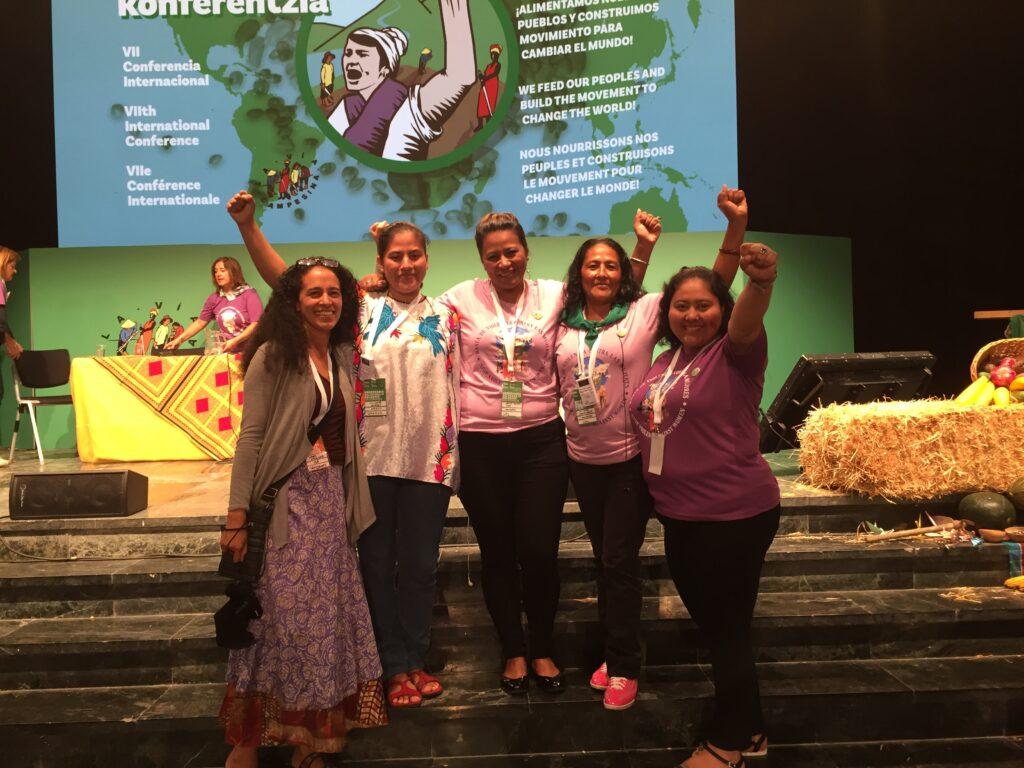
The Future of Farmland (Part 2): Grabbing the Land Back
- Neil Thapar
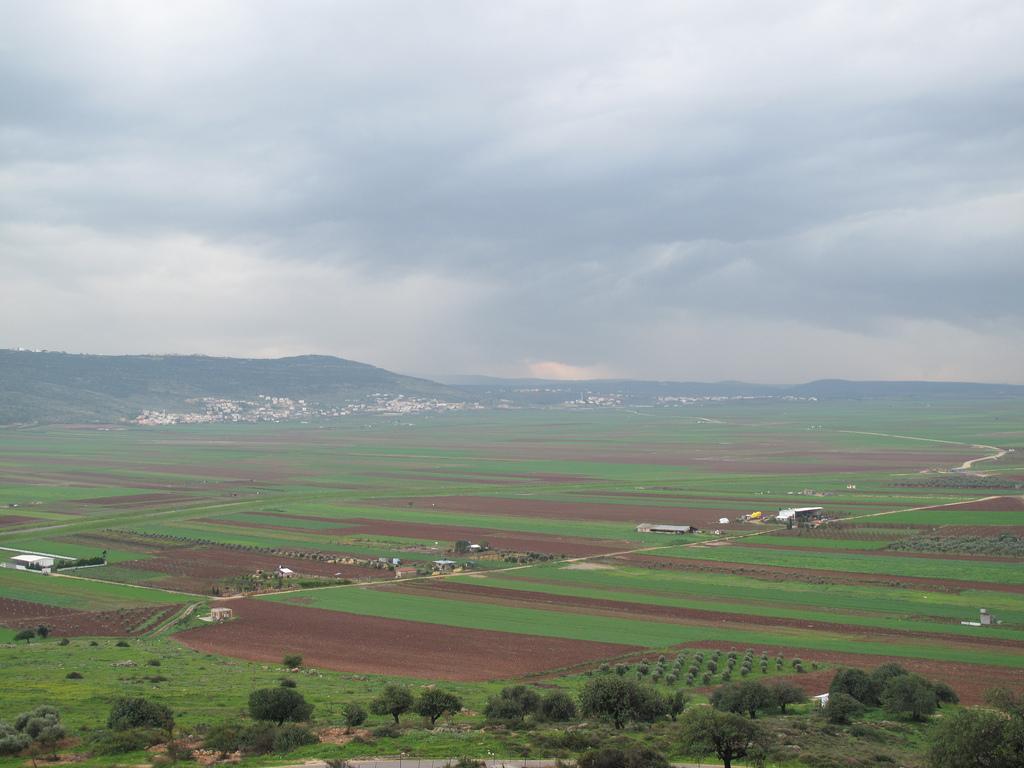
Movement Building at the Heart of Haitian Peasants’ Response to Climate Change
- Mina Remy and Salena Tramel

The Future of Farmland (Part 1): The New Land Grab
- Neil Thapar
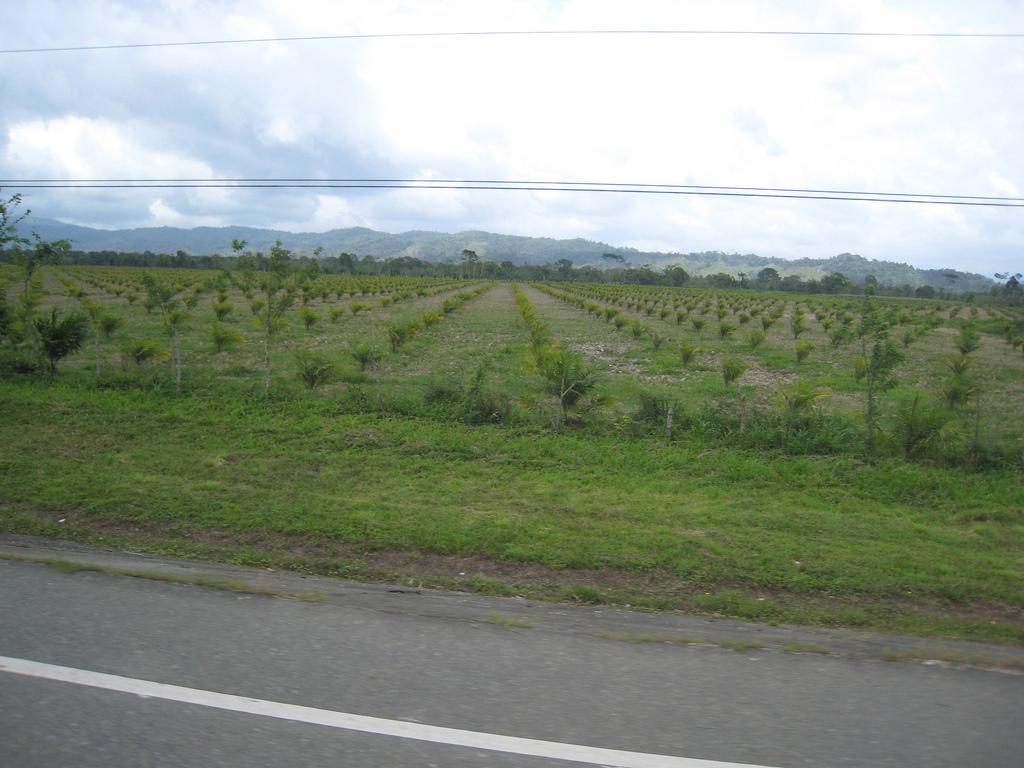
Women Farmers in West Africa Challenge Agribusiness, Promote Community Control
- Michael Martin

Landless Workers’ Movement Gathers 170,000 People for Agrarian Reform Fair in São Paulo
- ChristyPardew

Stepping Up Support for Climate Justice
- Grassroots International
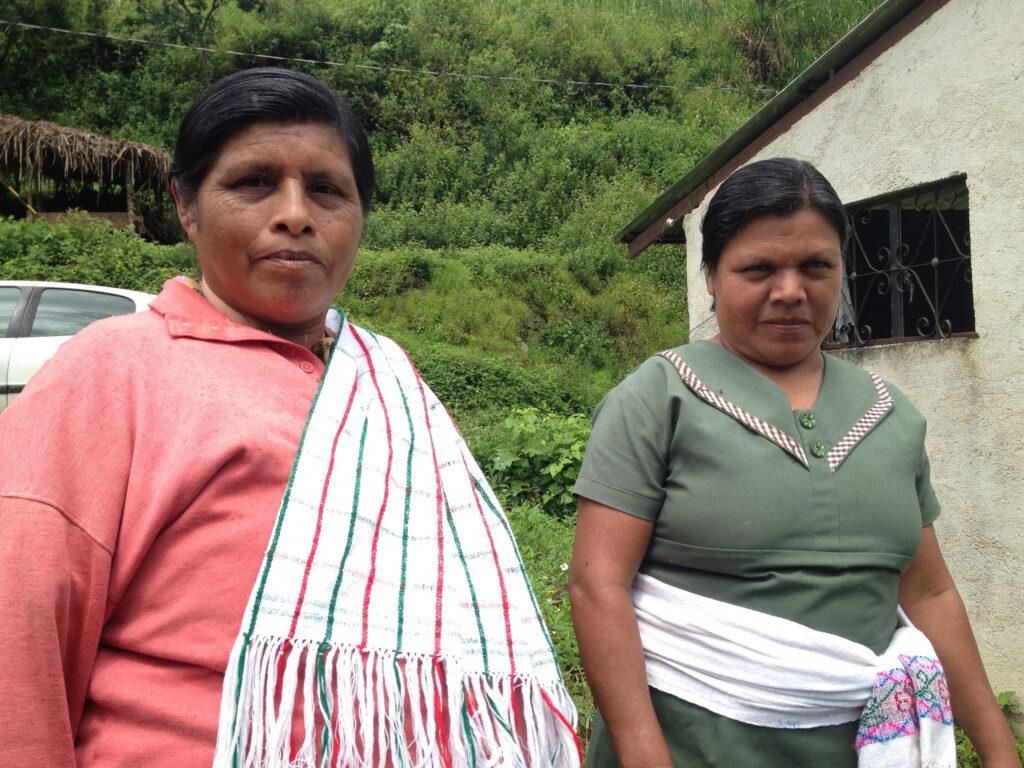
Agroecology and Why We Should Care About It
- Jena Doyle

The Meeting of Afro-Brazilian Culture and African Activists in Bahia
- LydiaSimas

From Crisis Response to Building Resiliency in Haiti
- MinaRemy
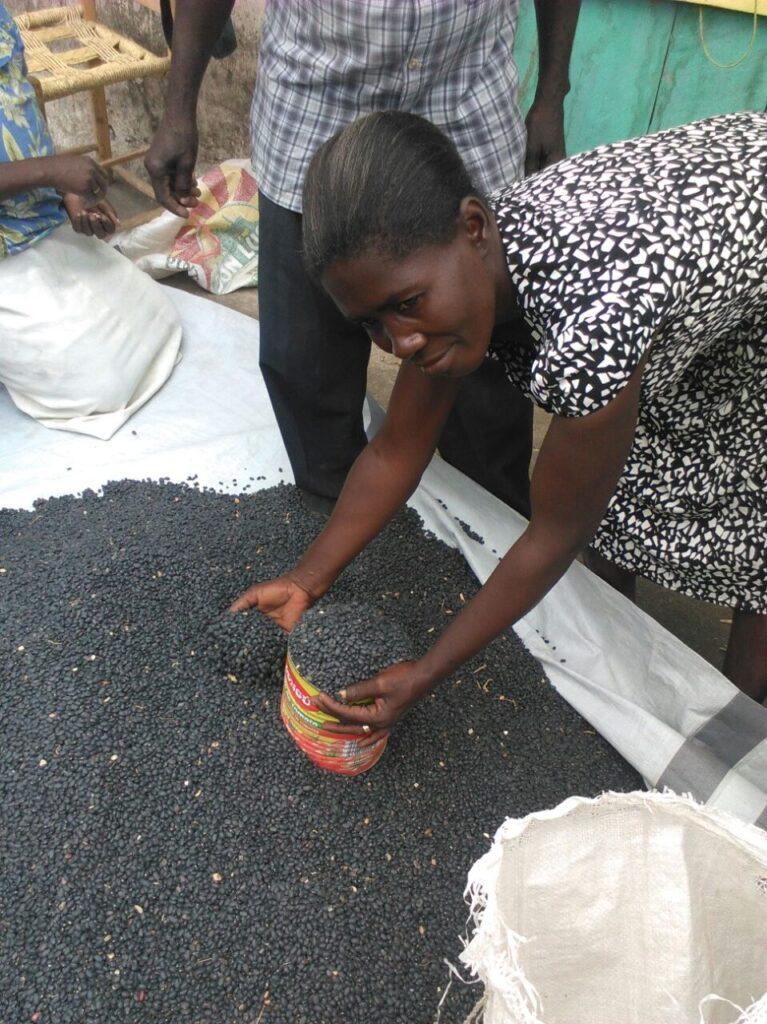
Unbroken Connection to the Land
- David Bacon and Rosalinda Guillen
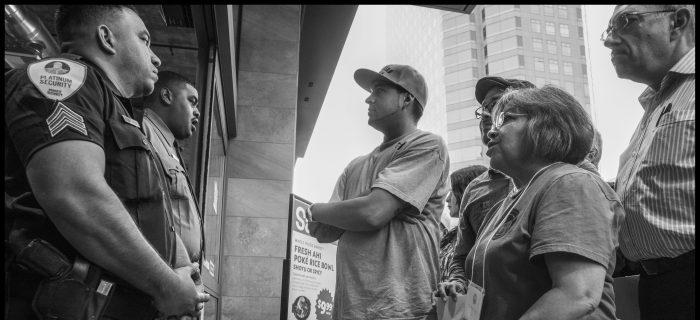
Remembering US Food Justice Leader: Kathy Ozer, Presente!
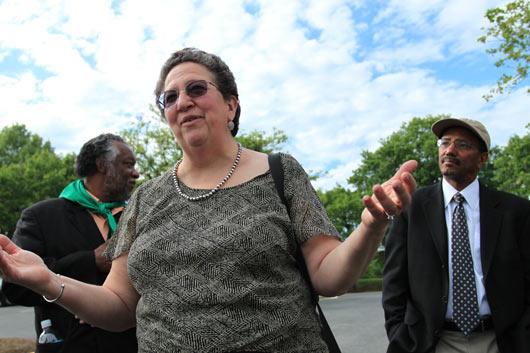
When the Rains Fall in (West) Africa
- MinaRemy
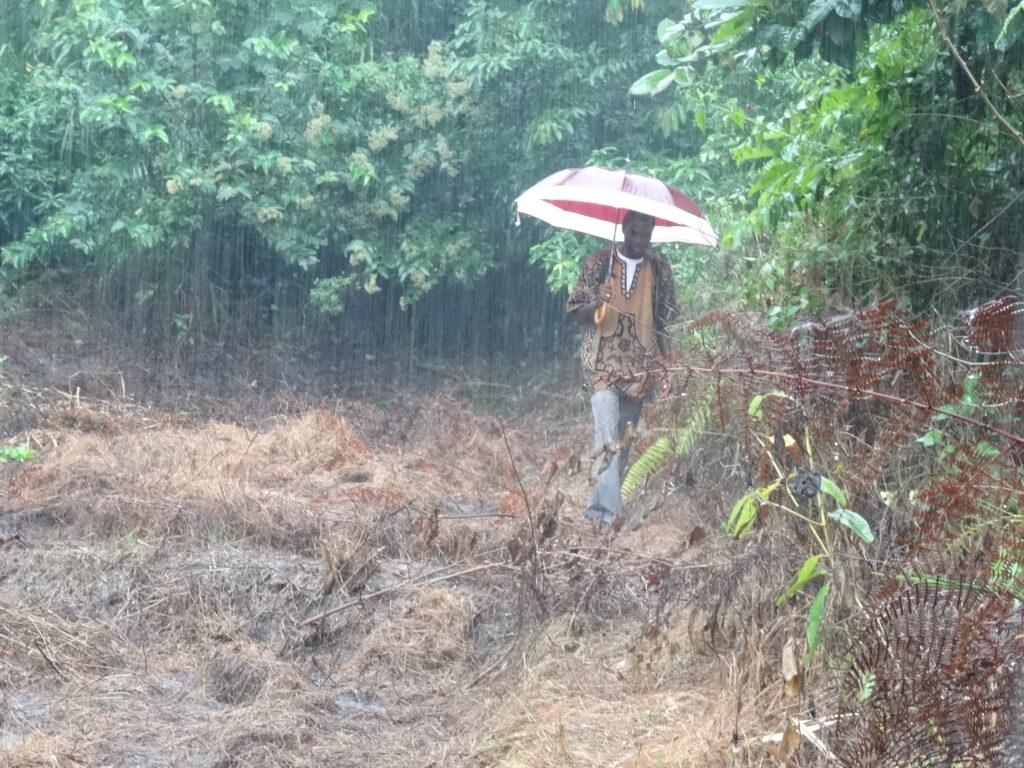
Learning Without Borders, With Struggle and Hope: Our Time with MCP
- LydiaSimas
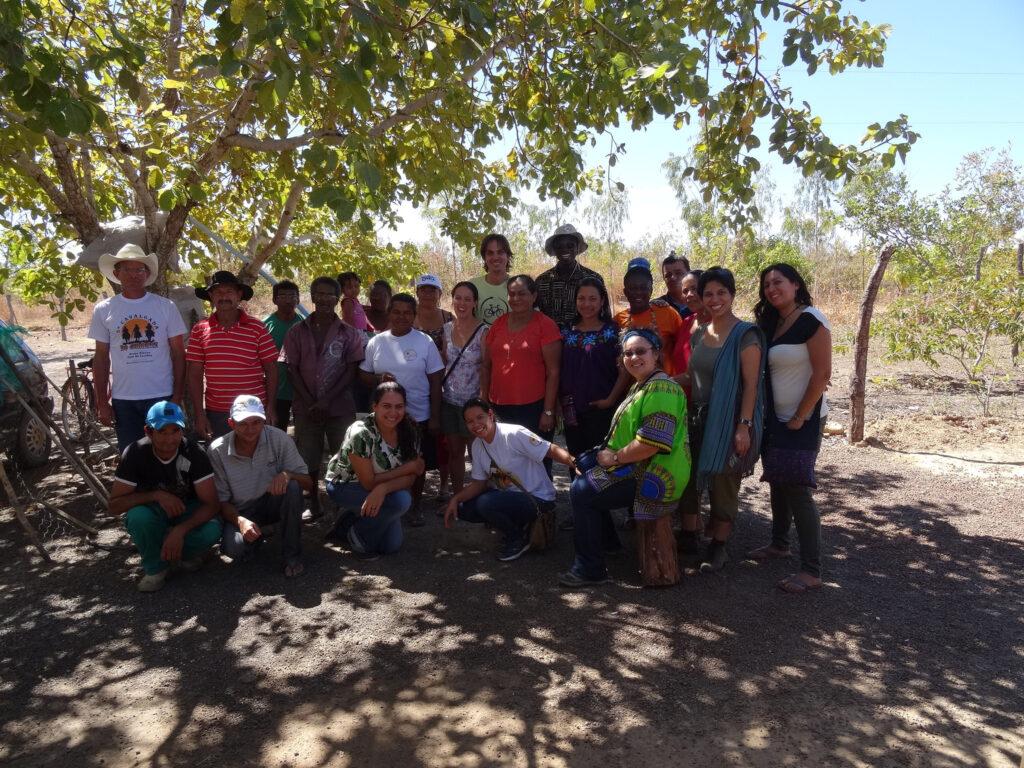
The Power of Human Connection
- Katherine Zavala
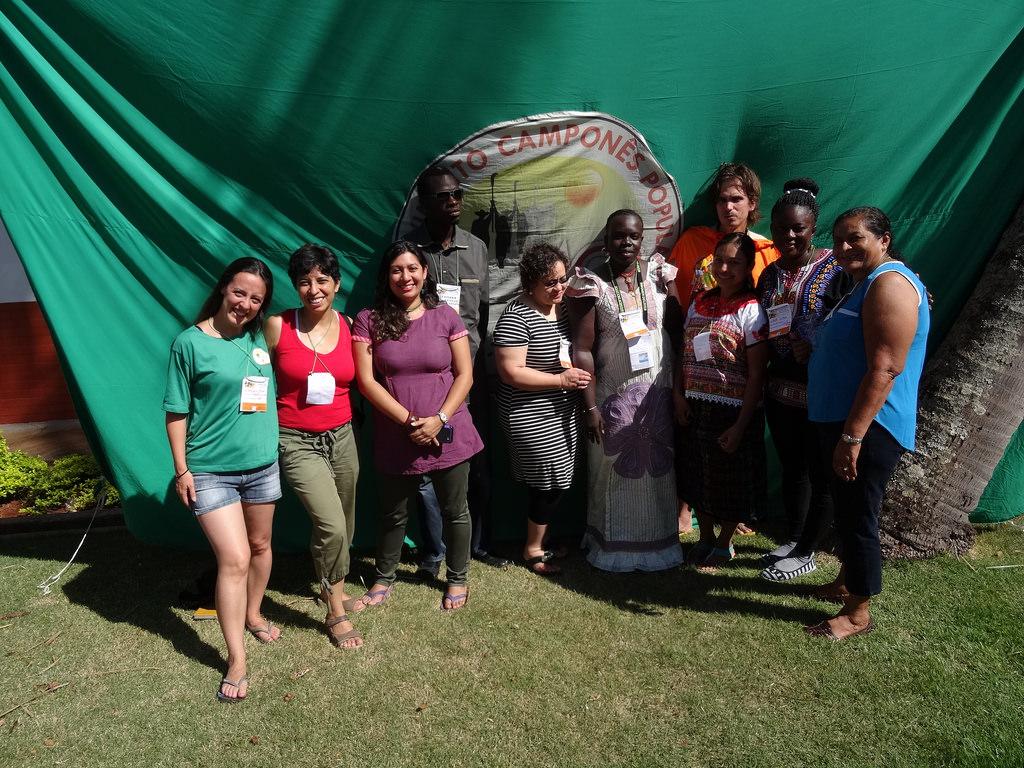
5 Food Systems Lessons the U.S. Can Learn from Africa
- Jennifer Lentfer
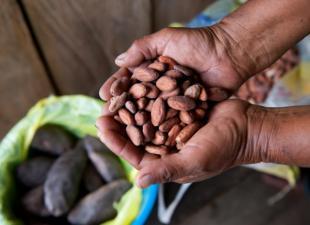
2016 Food Sovereignty Prize Recipients Call Big Ag’s Bluff, Challenge Corporate Food System
- CarolSchachet
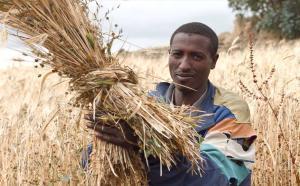
Peanuts and Protest in Haiti Minimize US Surplus Dumping Scheme
- Krystal Kilhart
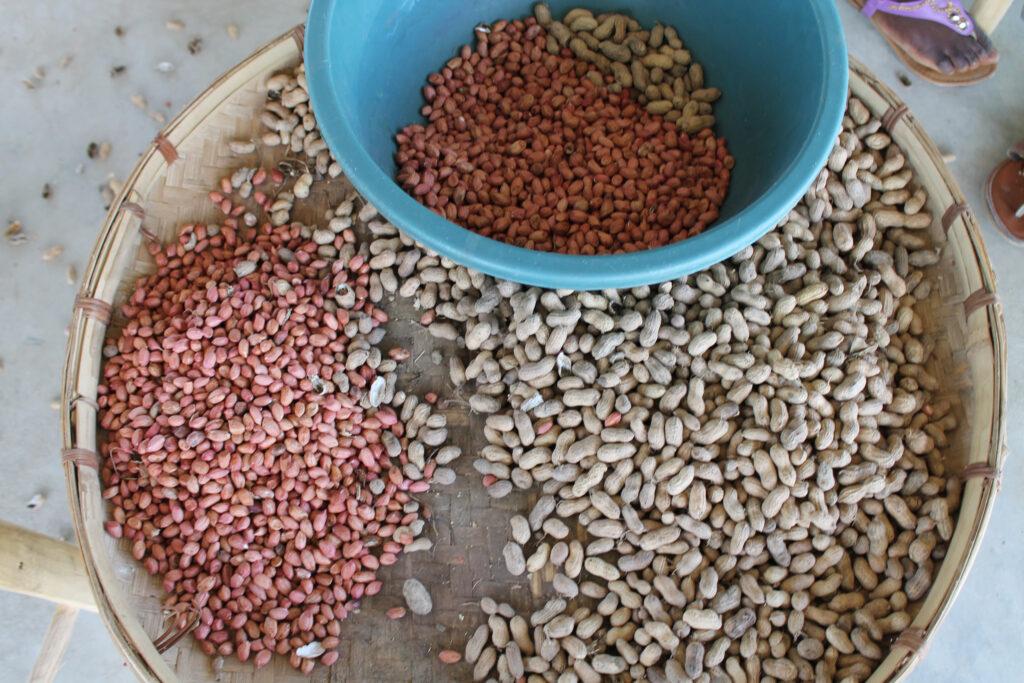
Free Trade Dismantling Lives, Cultures in Mexico
- Krystal Kilhart

Organizing Women-Headed Households in Brazil
- Nasim G. Memon

More than 60 Haitian and US Organizations Demand USDA Peanut Plan Be Cancelled
- CLAIRE GILBERT
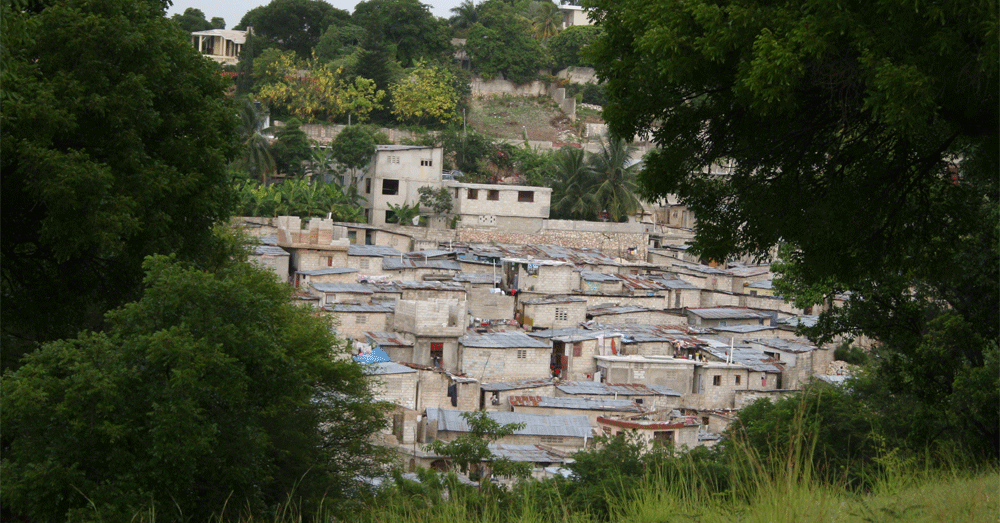
Black and Afro-Indigenous Farmers Share 2015 Food Sovereignty Prize
- GRASSROOTS INTERNATIONAL
2013 Food Sovereignty Prize Honors Grassroots International Partners
- MINA REMY
The World Food Prize Misses the Mark
- CAROL SCHACHET
2011 Food Sovereignty Prize winners announced
- CAROL SCHACHET
Feeding Dependency, Starving Democracy: 1997 Executive Summary
Now Available – Food Rebellions! Crisis and the Hunger for Justice
- GRASSROOTS INTERNATIONAL
Food & Water Watch Disputes Obama Administration’s Reliance on Trade, Biotechnology to Combat Global Hunger and Poverty
- NIKHIL AZIZ
Announcing: A New Popular Education Tool!
- CAROL SCHACHET
The Via Campesina to Hold 5th International Conference
- CAROL SCHACHET
The Hidden Face of the Global Food Crisis
- CAROL SCHACHET
Empty Policies for Empty Plates
- GRASSROOTS INTERNATIONAL
Farmers bringing message to the Food Crisis Summit in Rome expelled
- NIKHIL AZIZ
Civil Society forum calls for Rethinking of the Global Food System
- NIKHIL AZIZ
Agribusiness Transnational Corporations (TNCs) Create World Food Crisis; Peasants Seize Back Their Rights
- VIA CAMPESINA
A Response to the Global Food Prices Crisis
- CAROL SCHACHET
A Brazilian Perspective on Food and Energy Sovereignty
- CAROL SCHACHET
When Hope Triumphs Over Fear: An Invisible Global Revolution: Frances Moore Lappé at the Jamaica Plain Forum
- CAROL SCHACHET
Agriculture is a Key Pillar in the Palestinian Economy
- NITHAM ATTAYA, PARC
Massacre at Felizburgo
- JAKE MILLER

